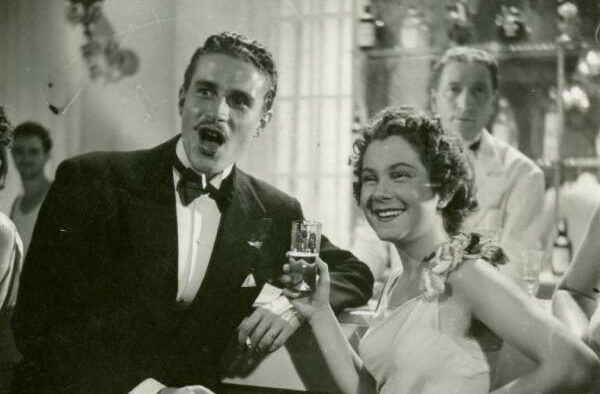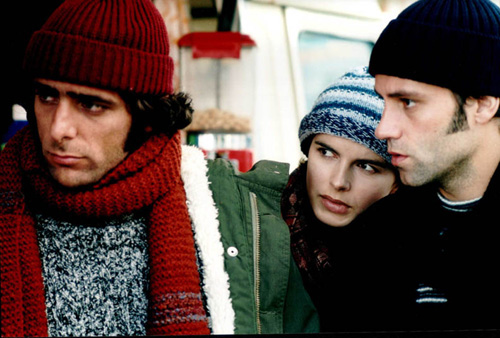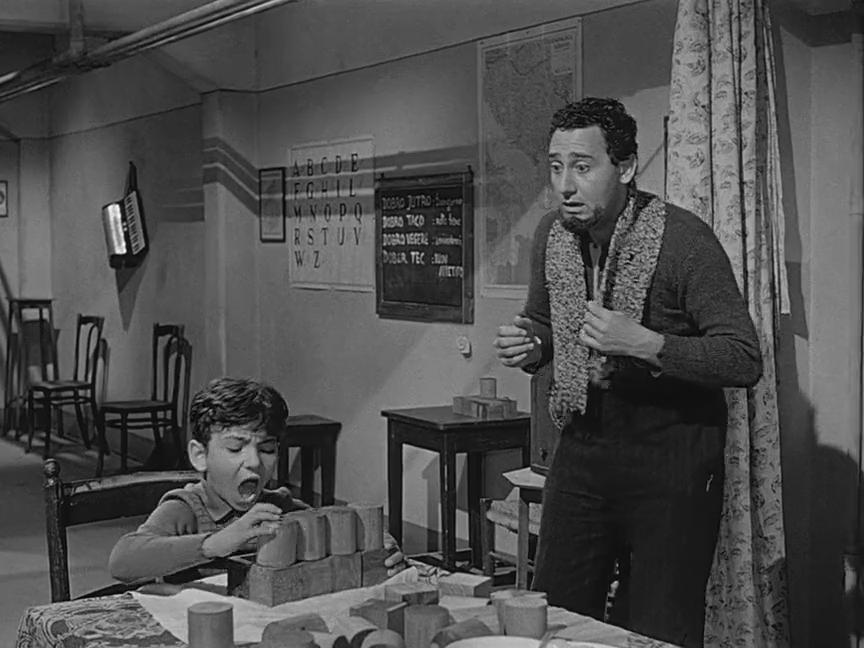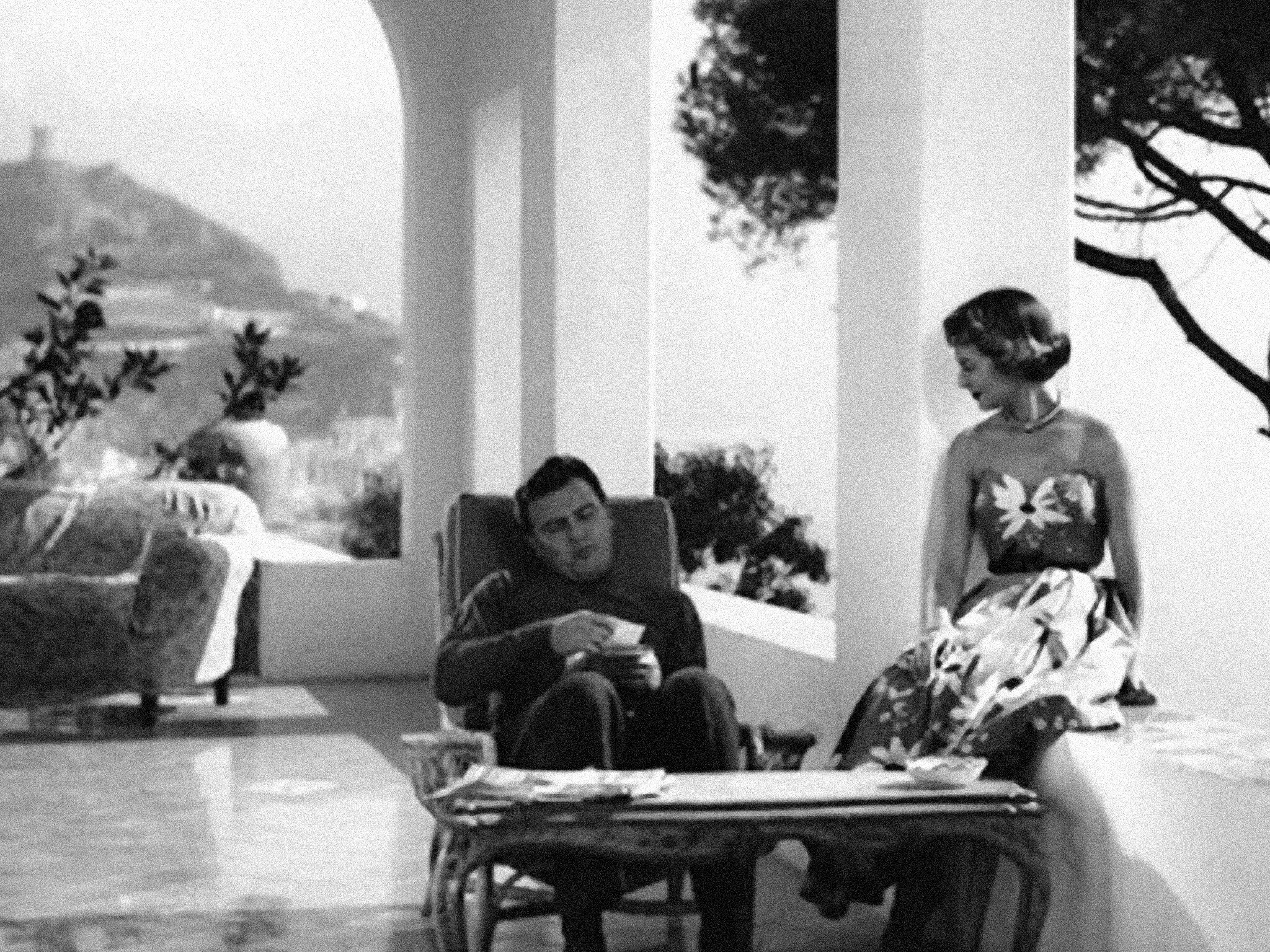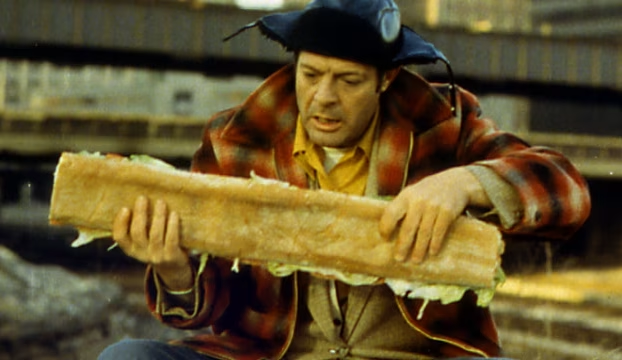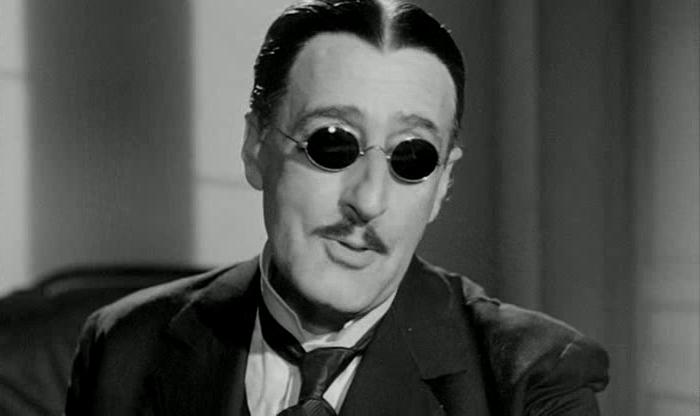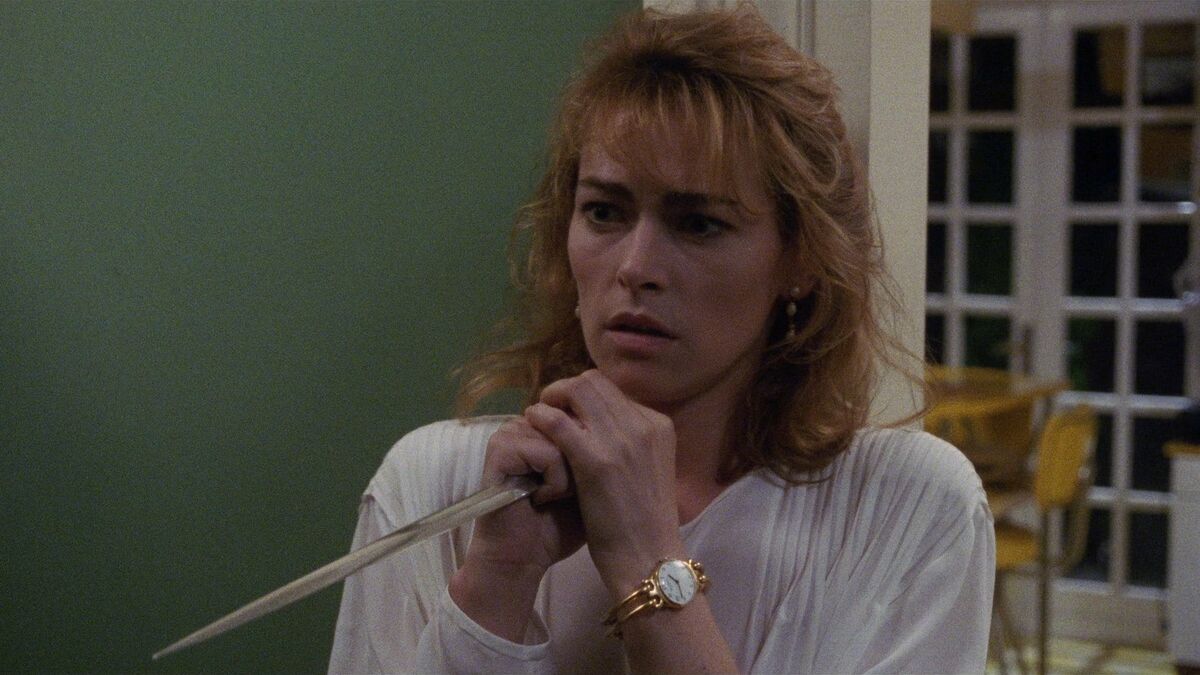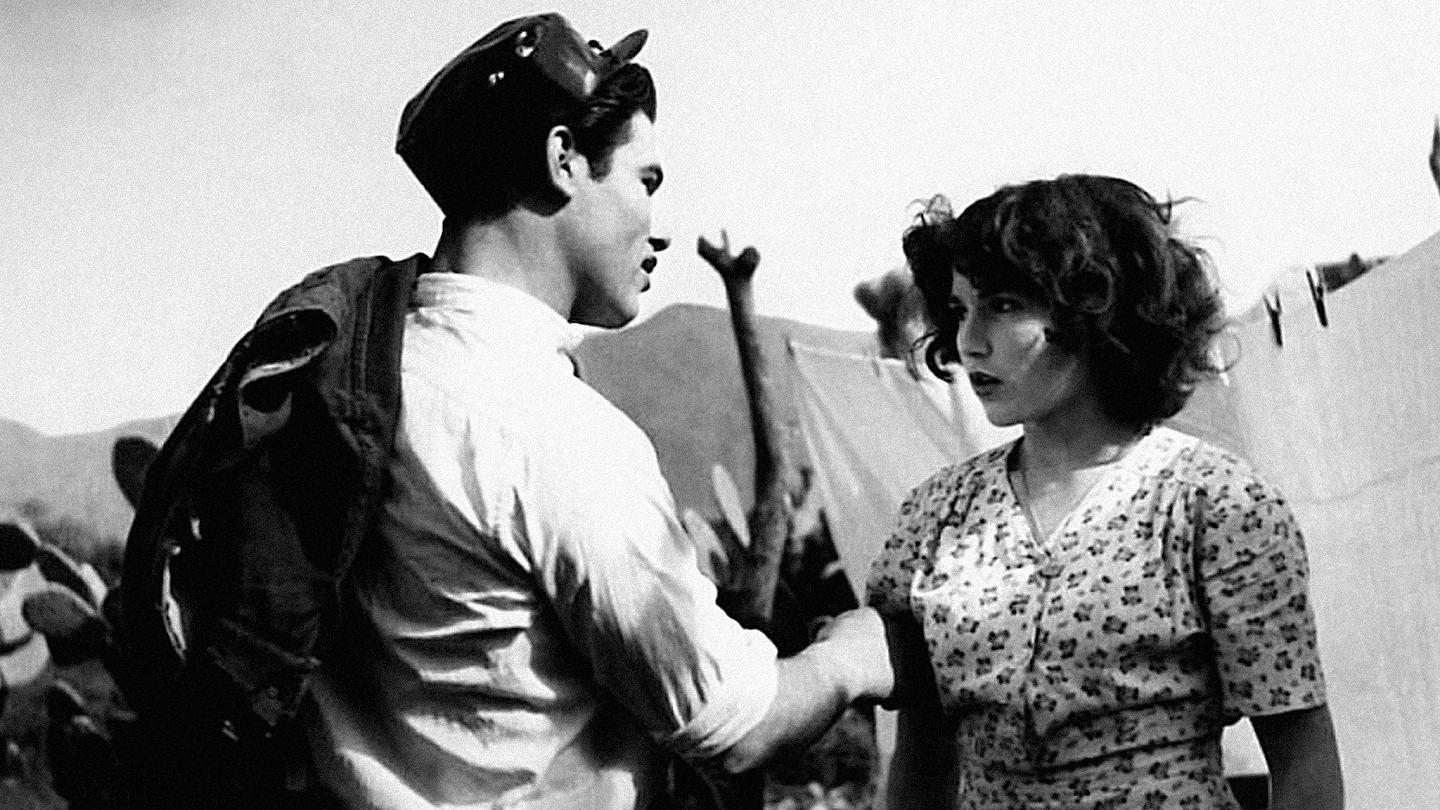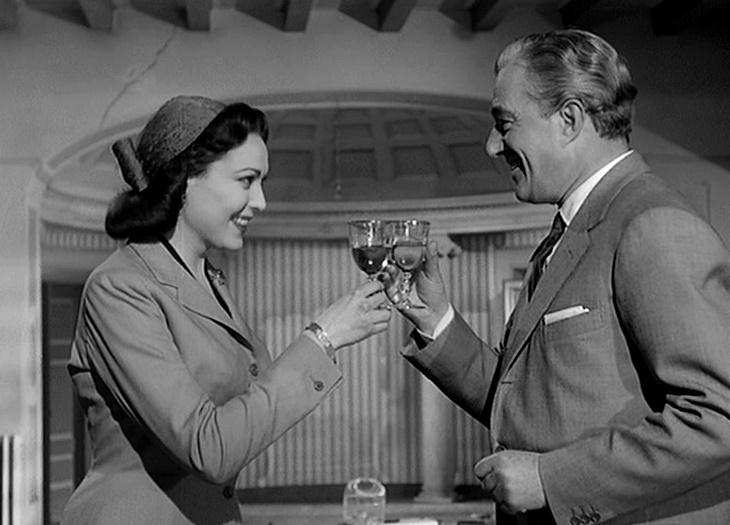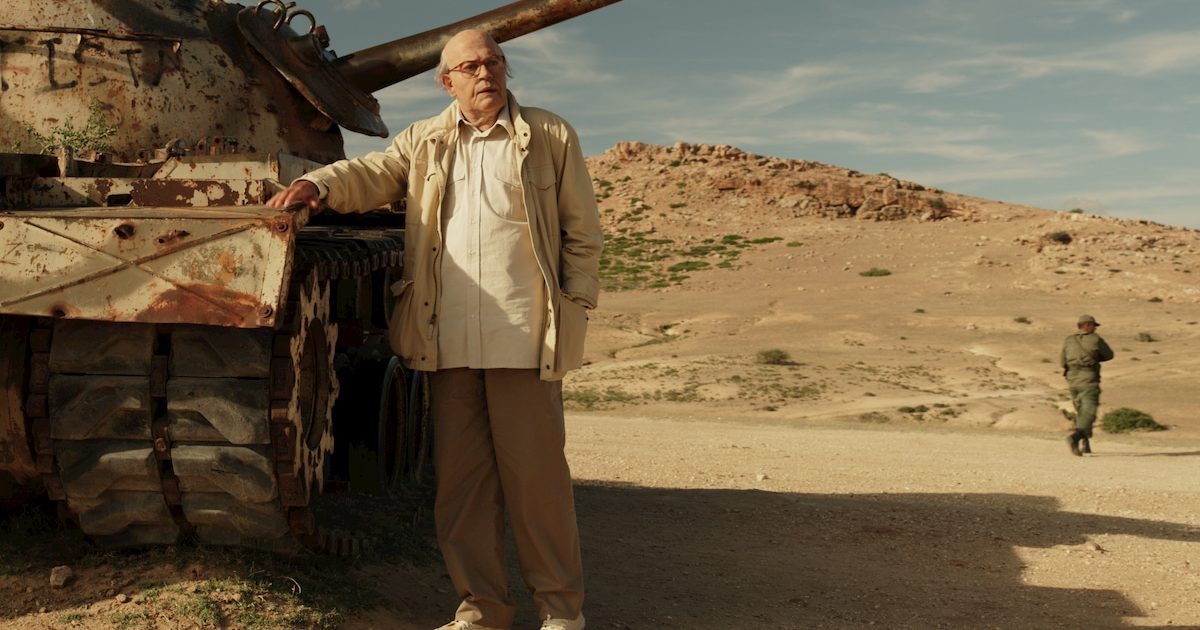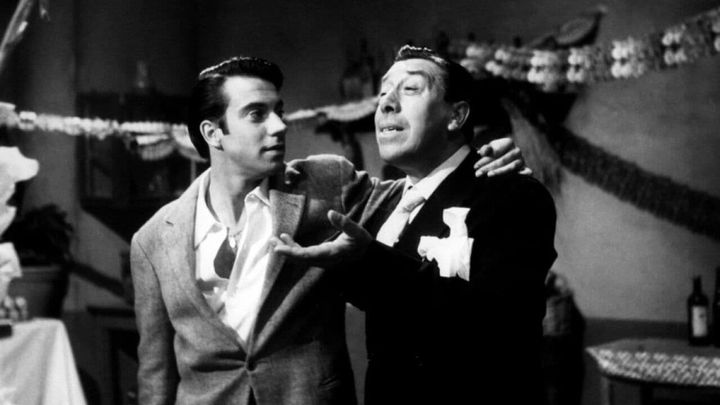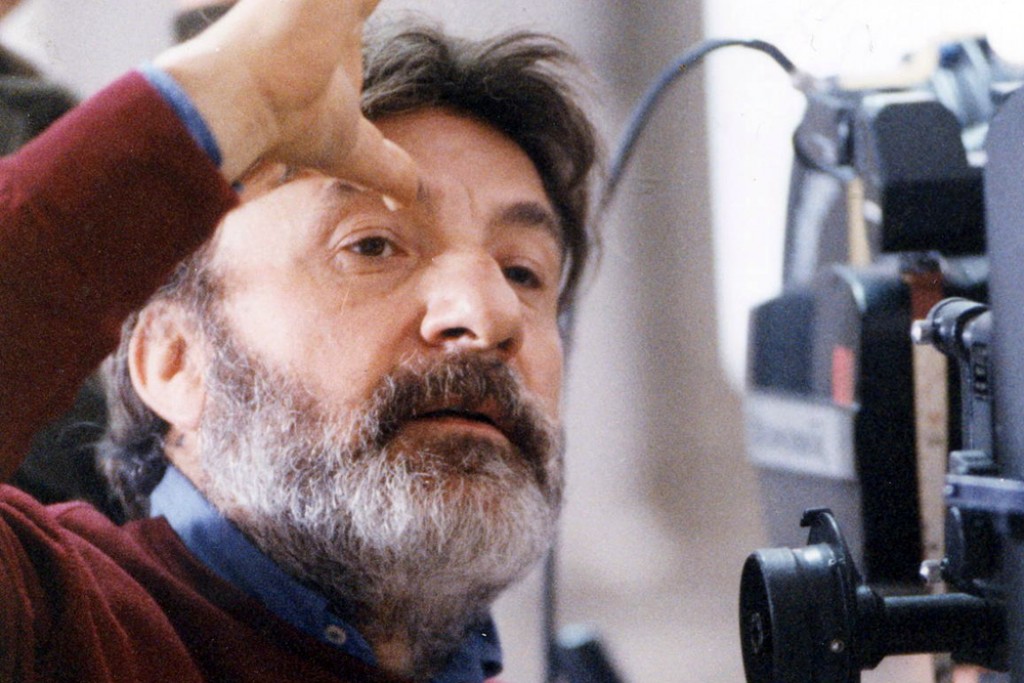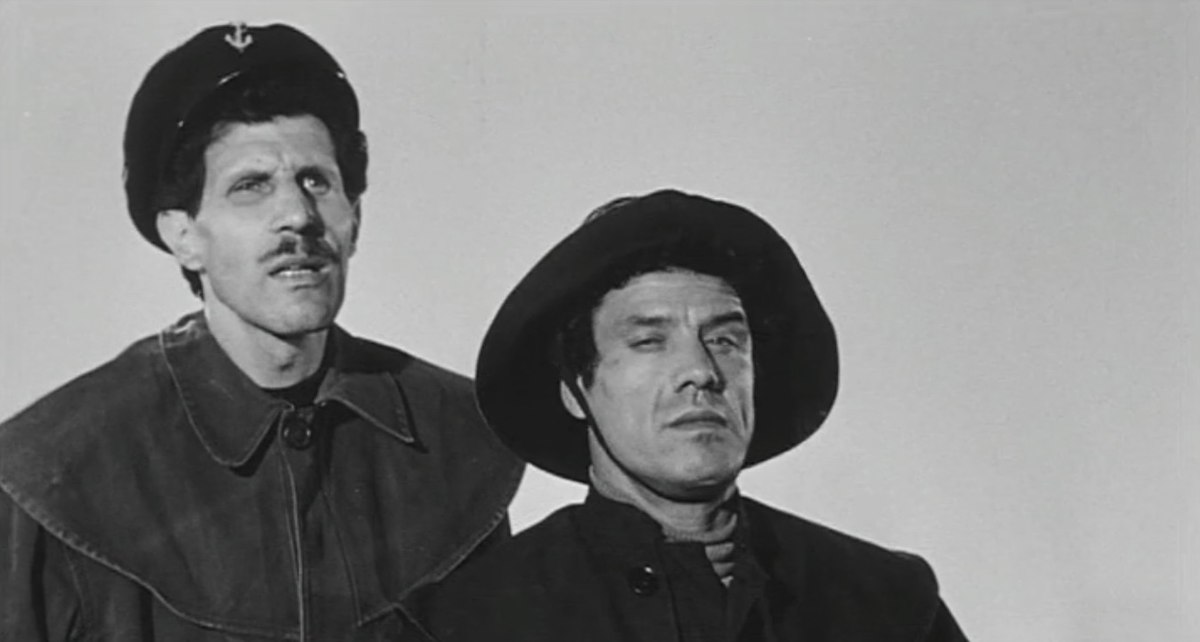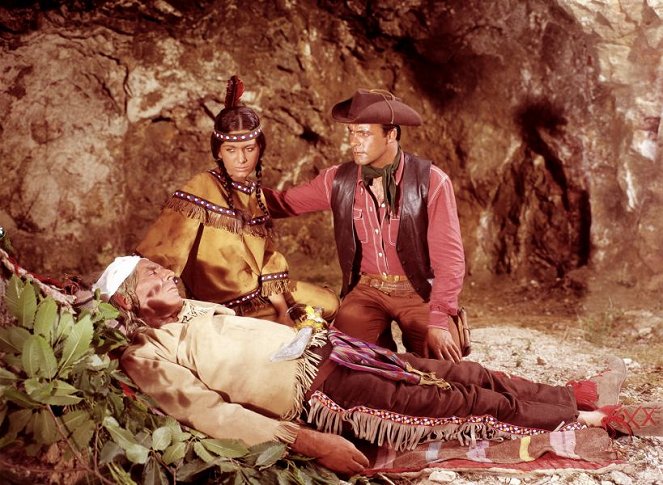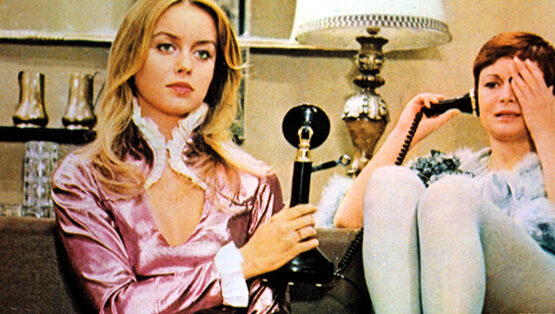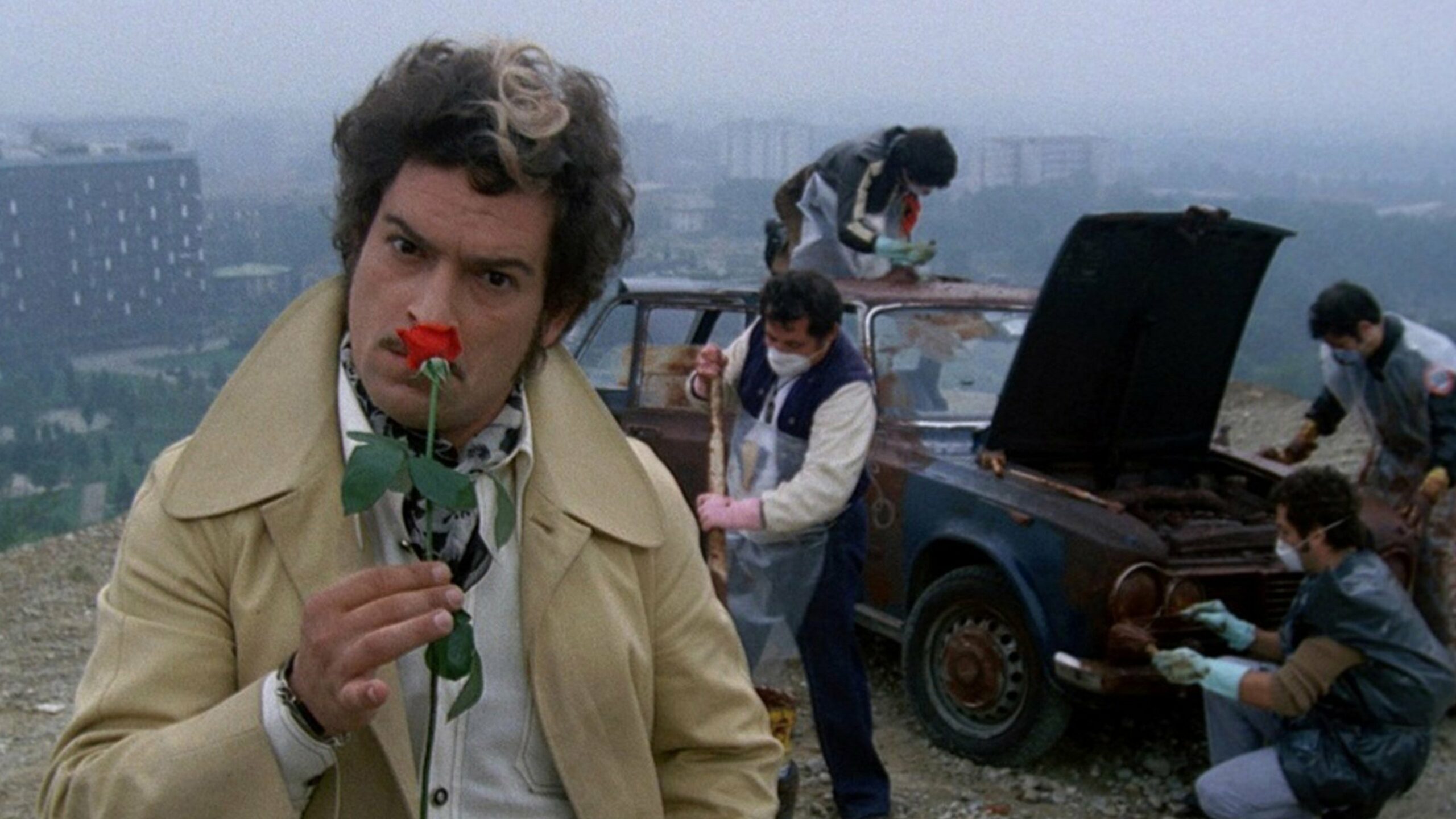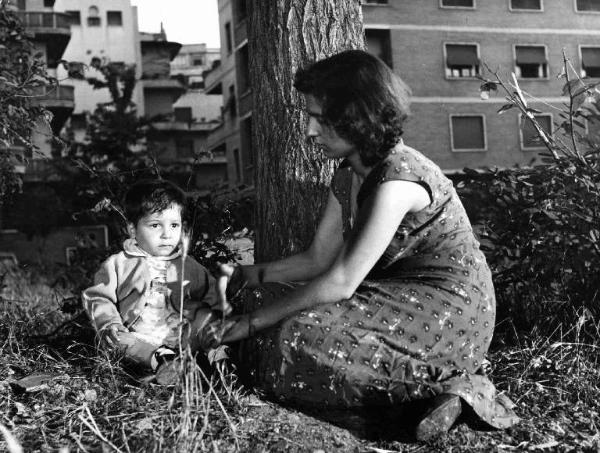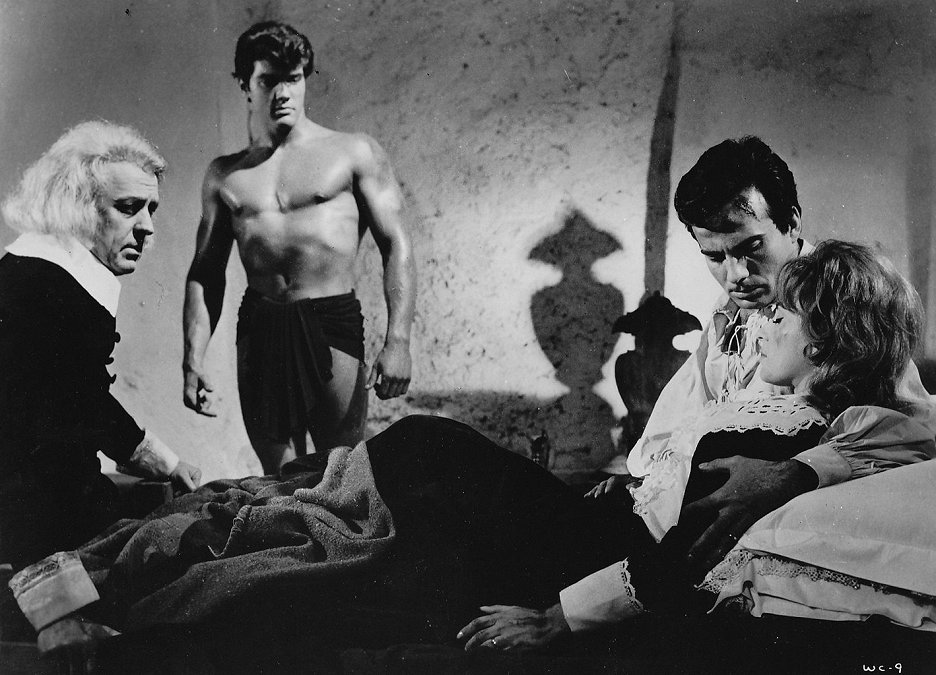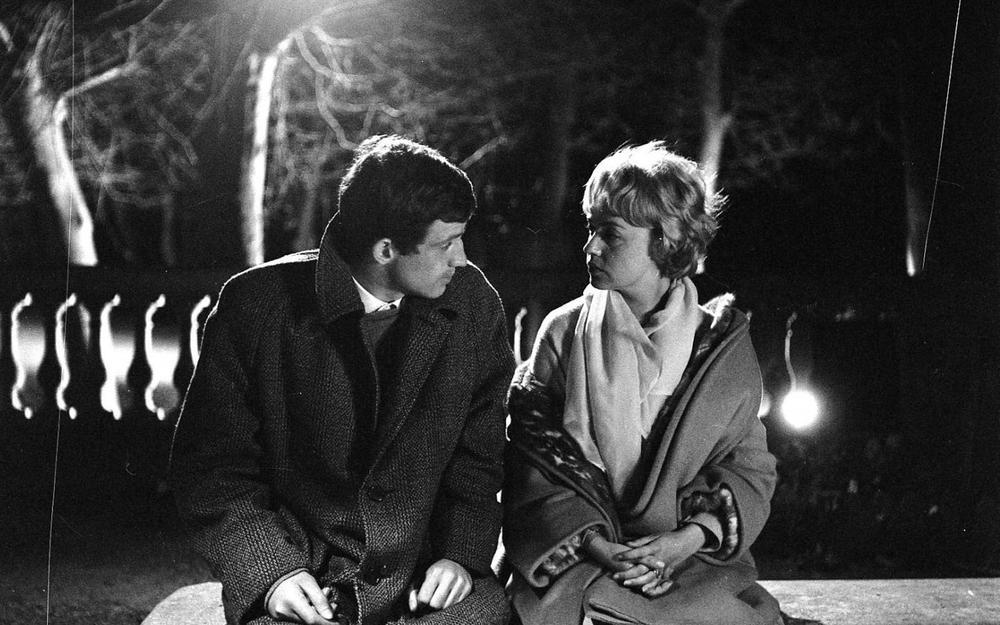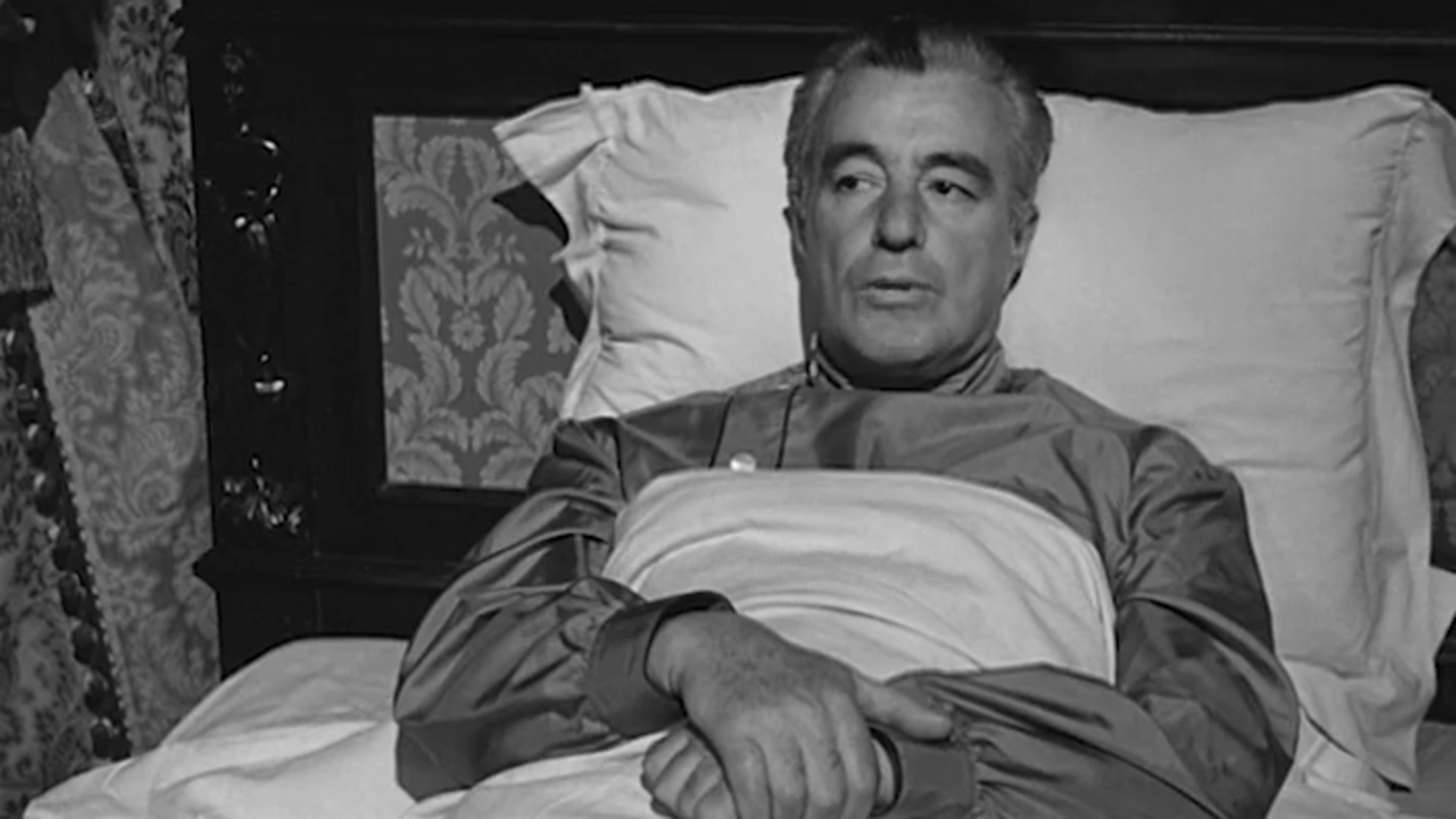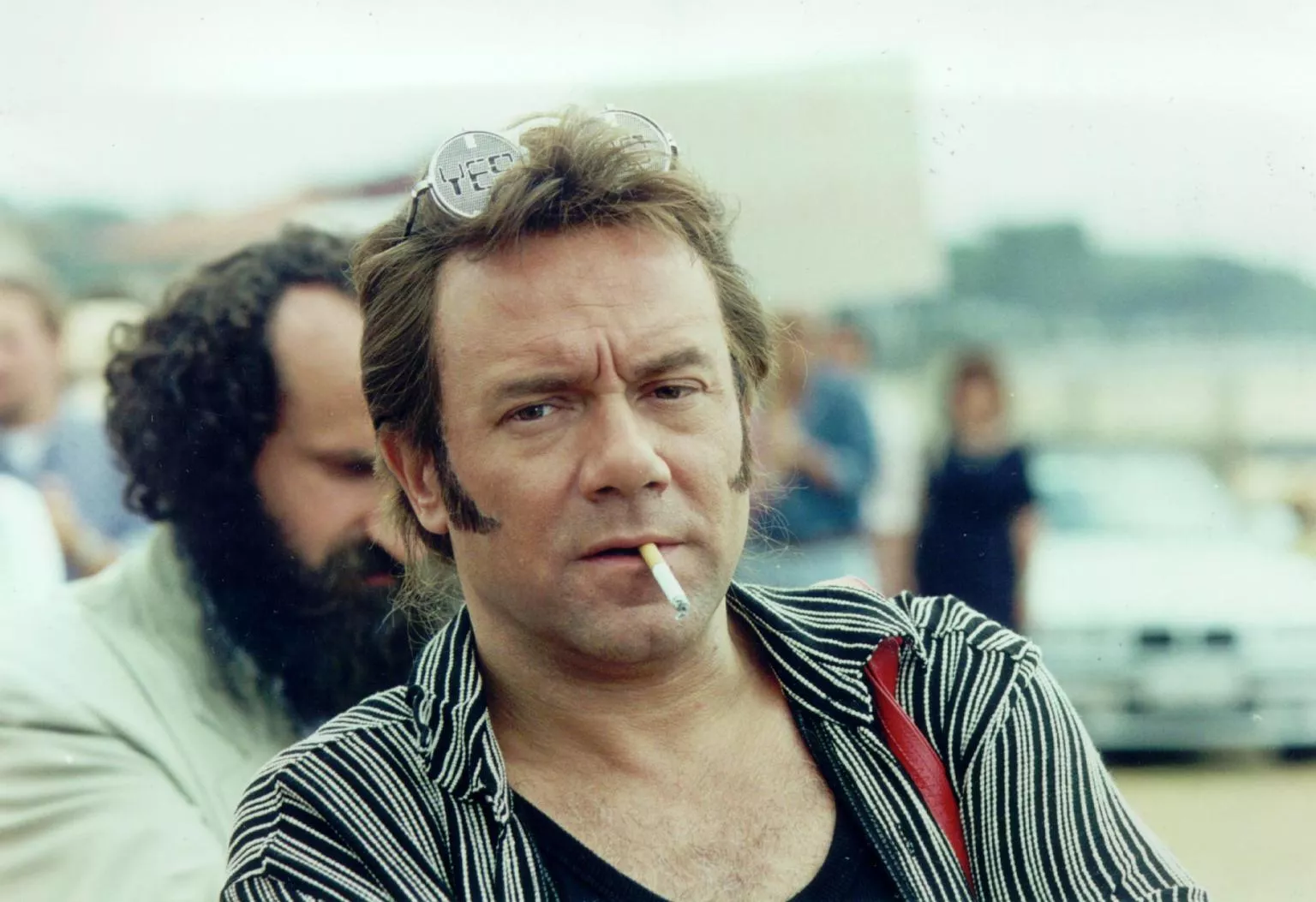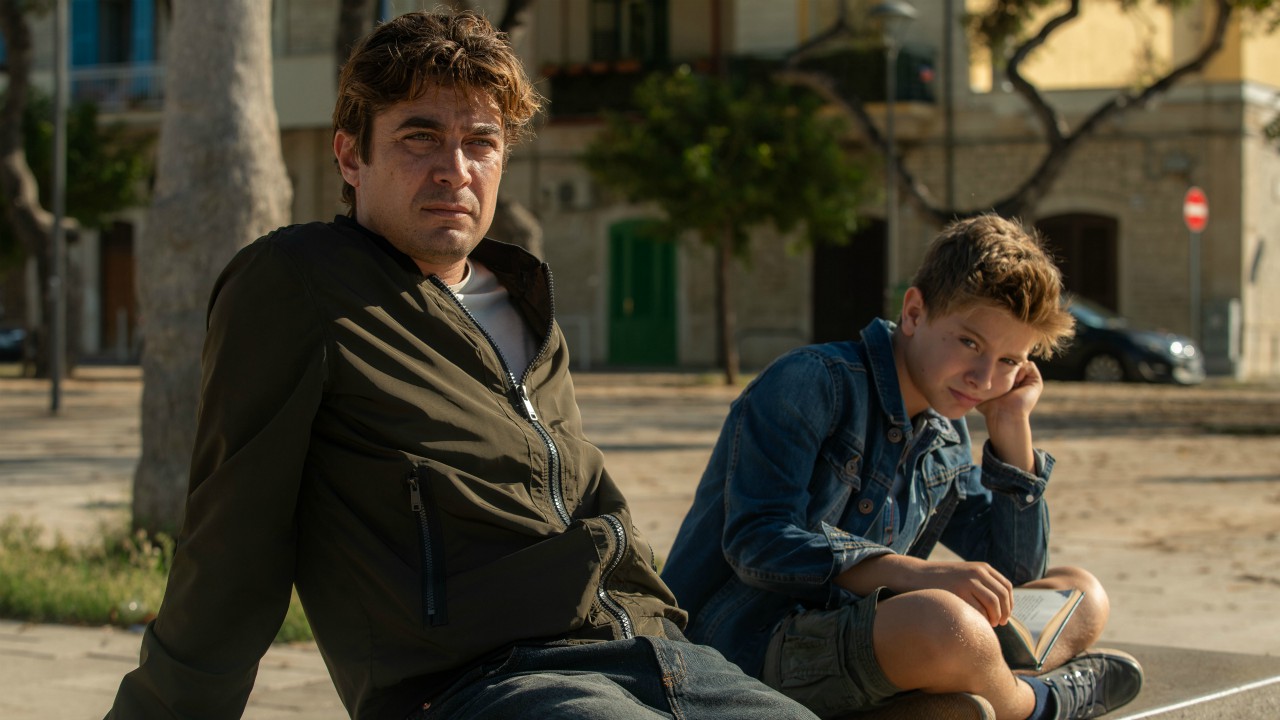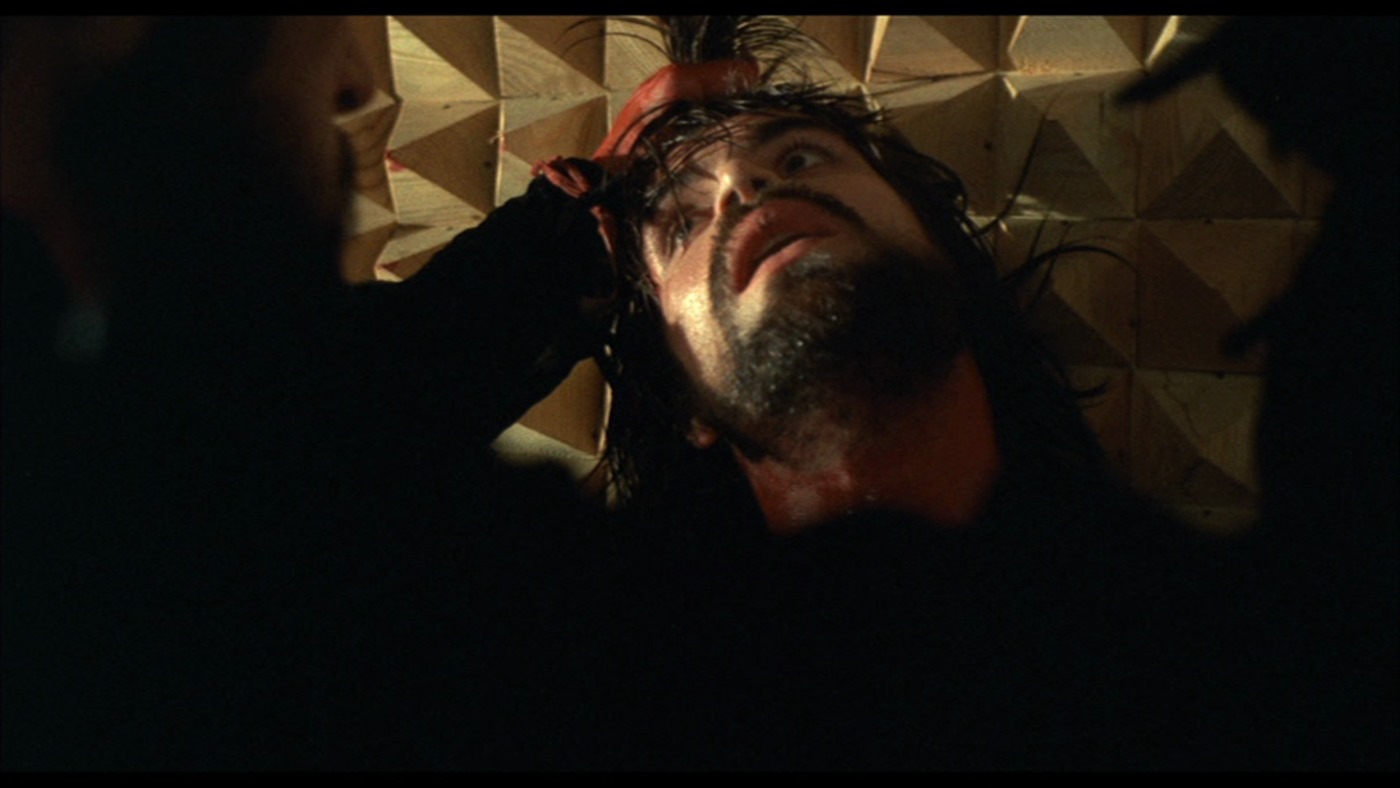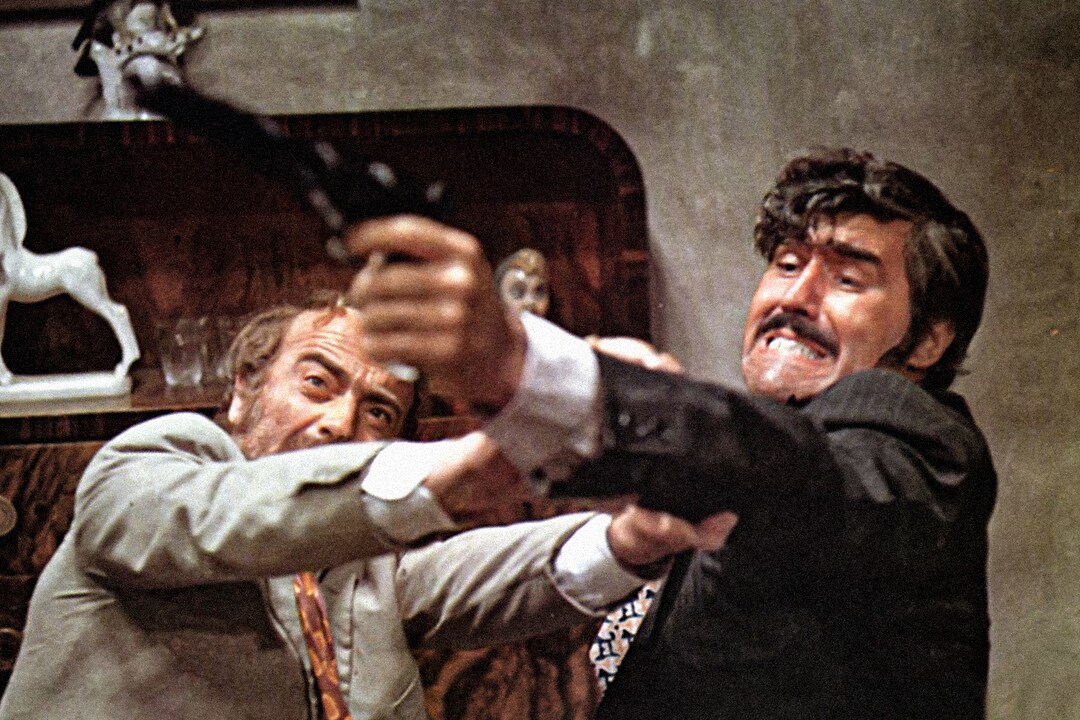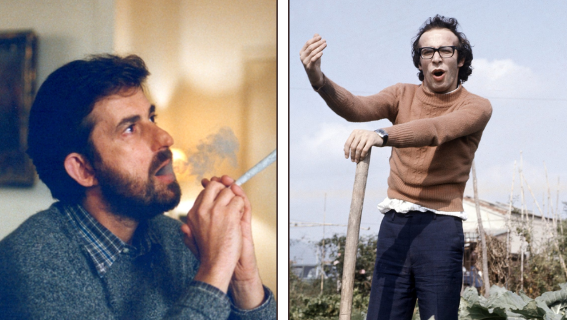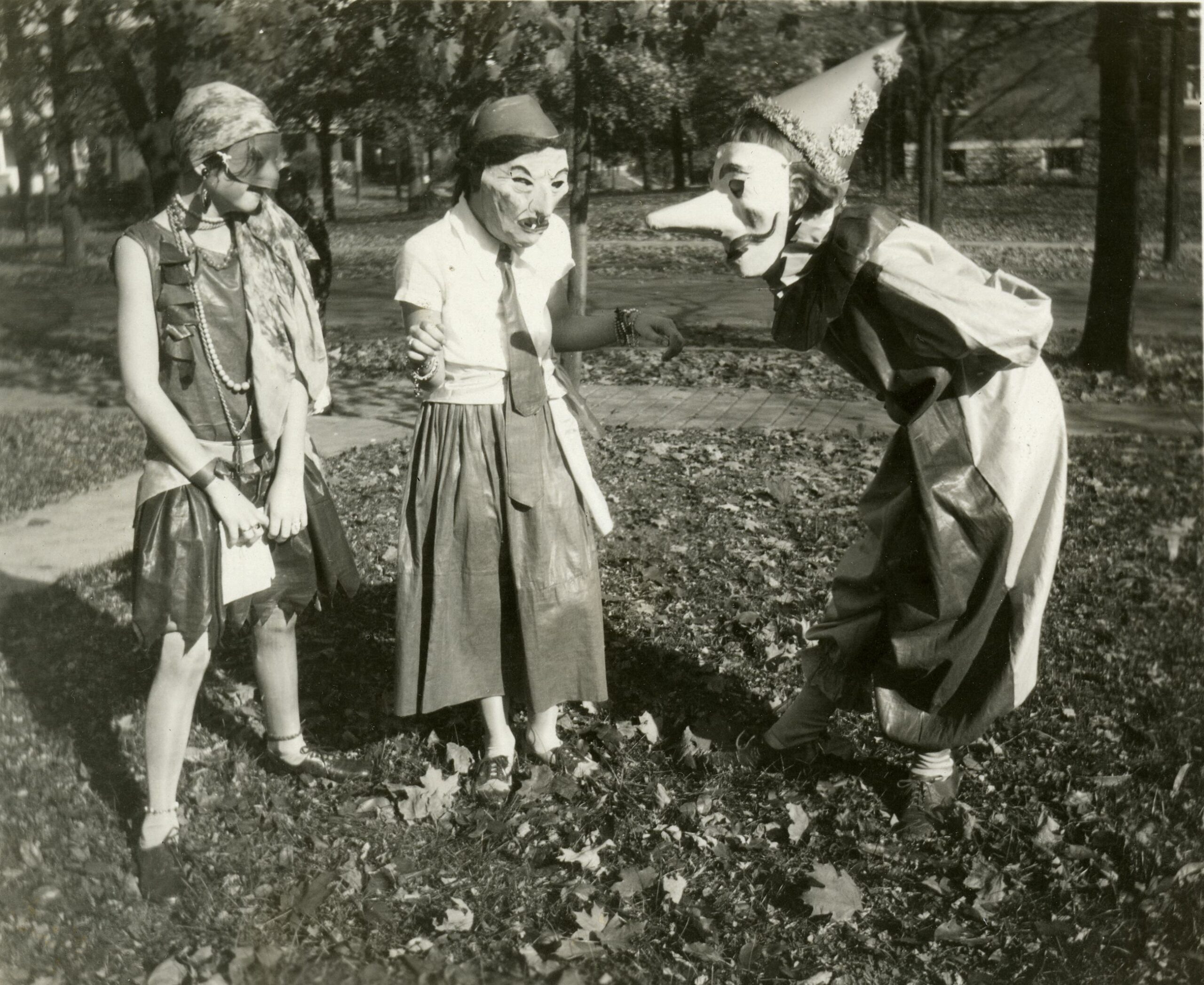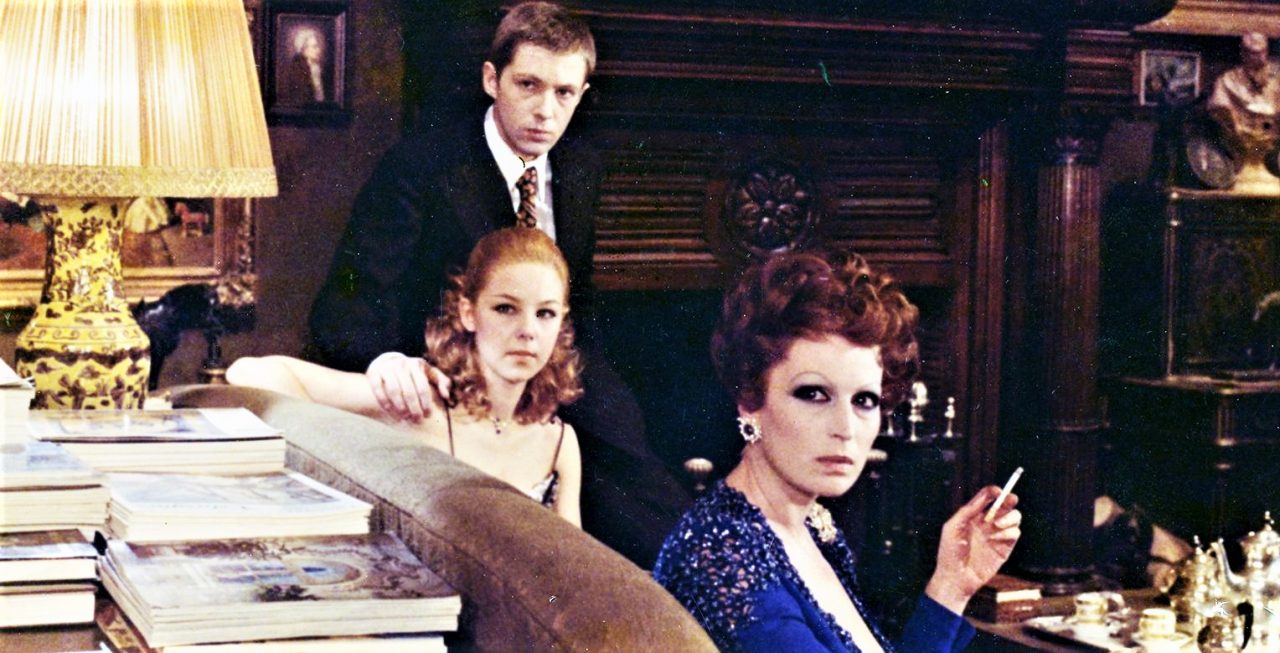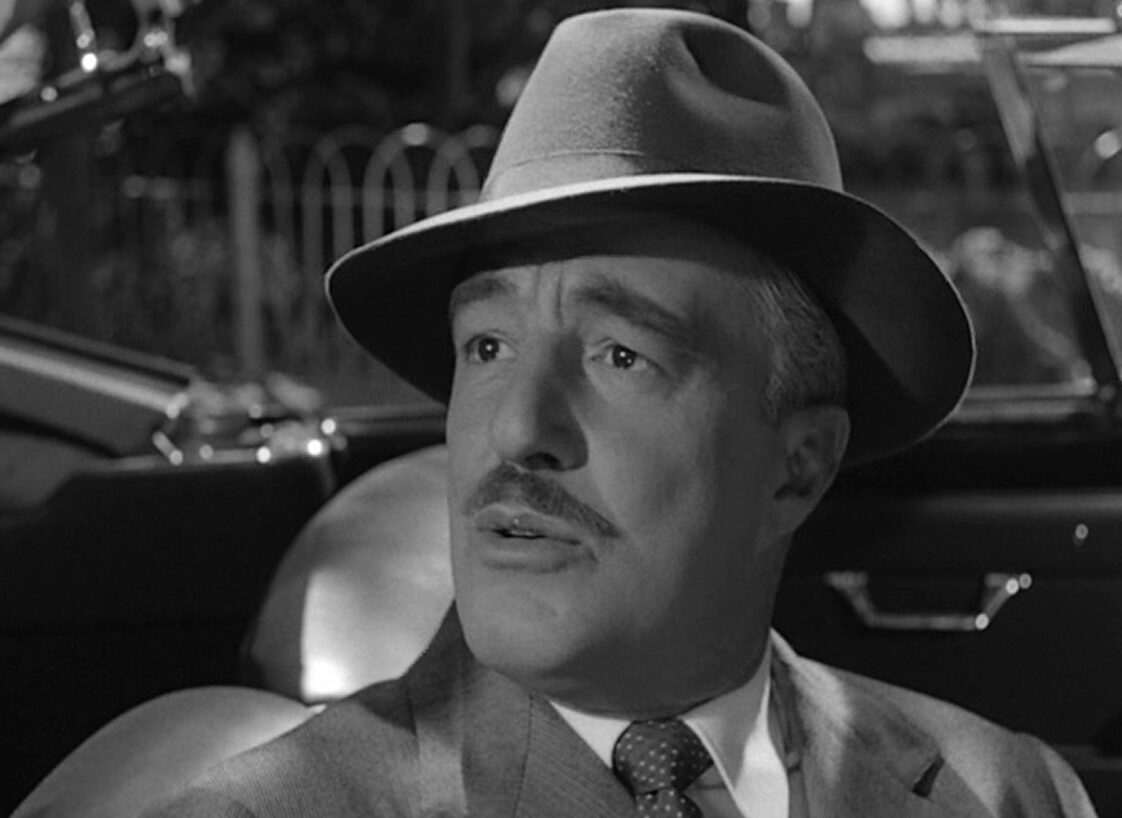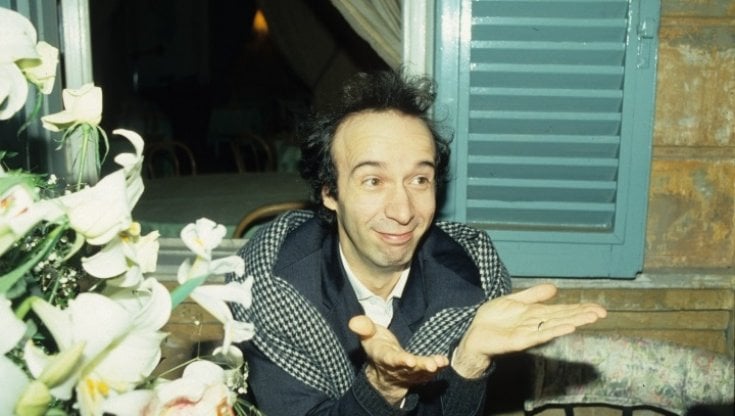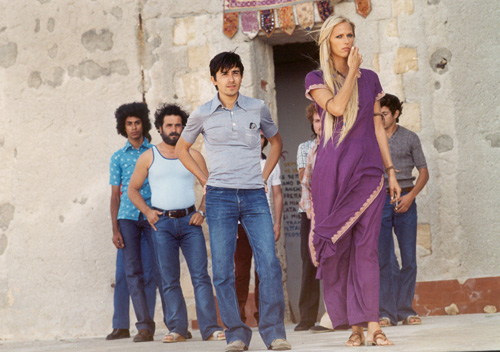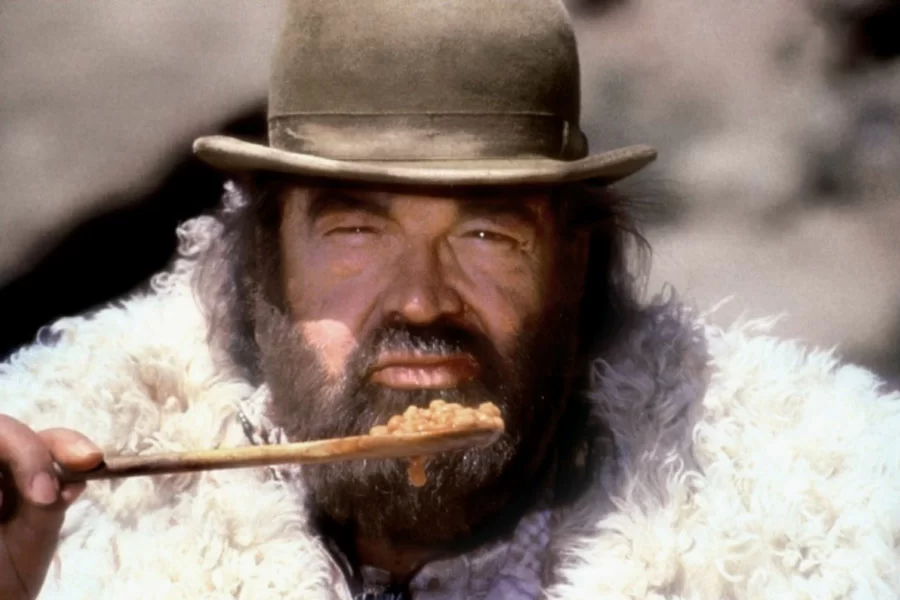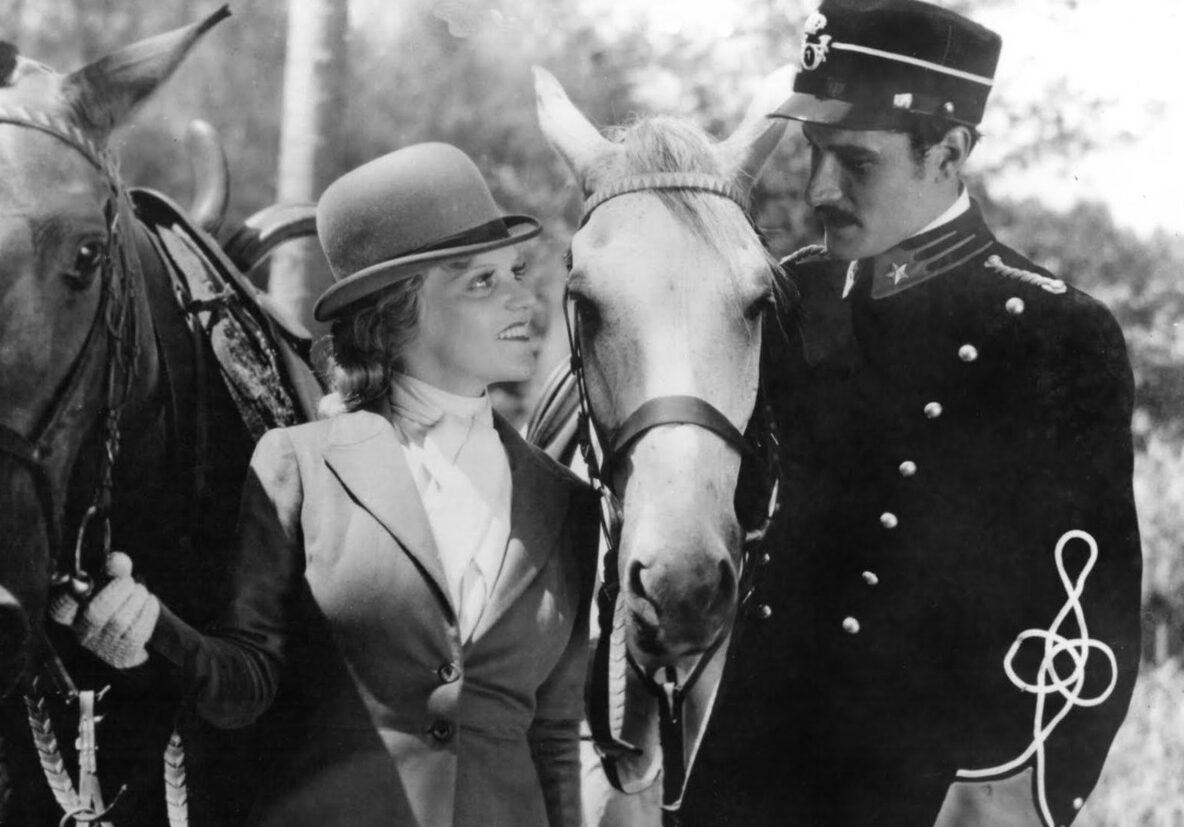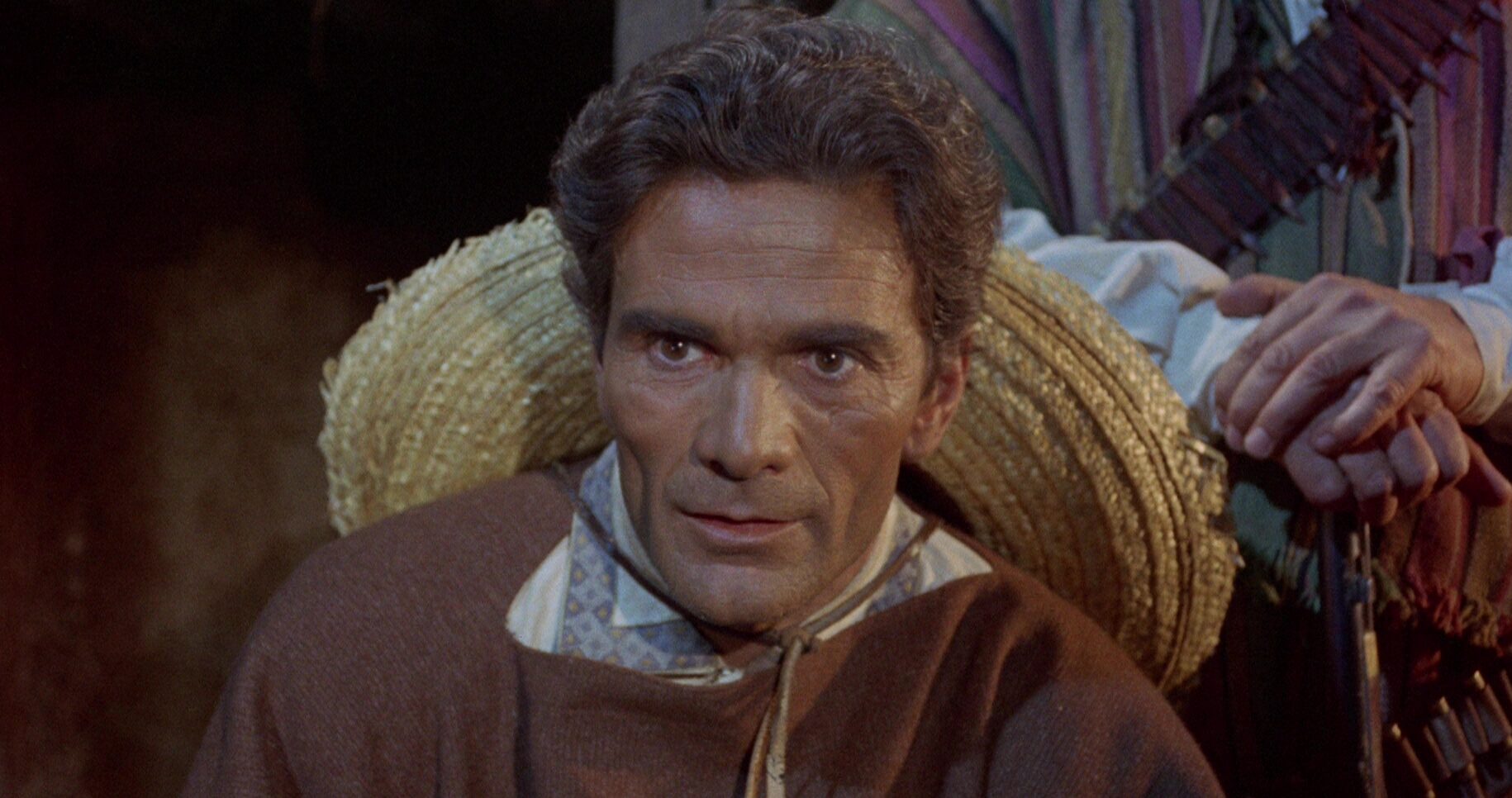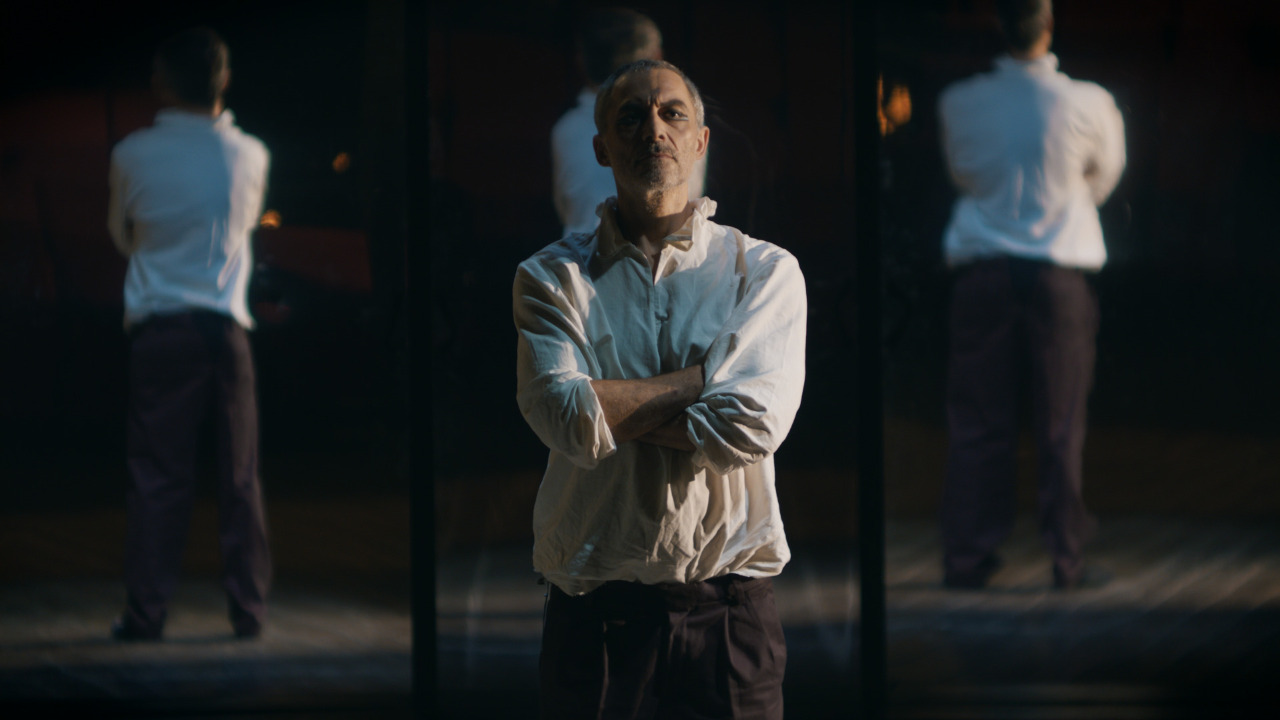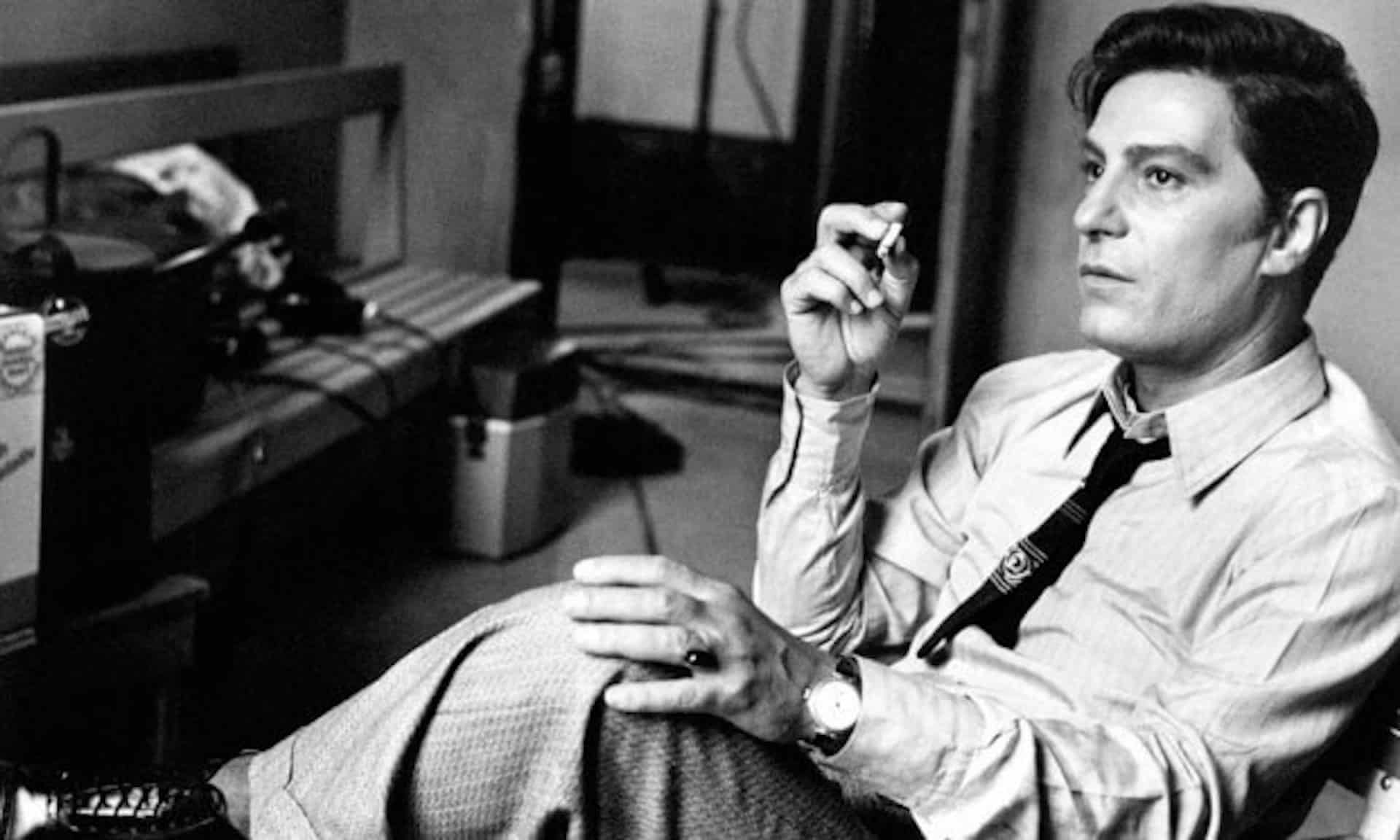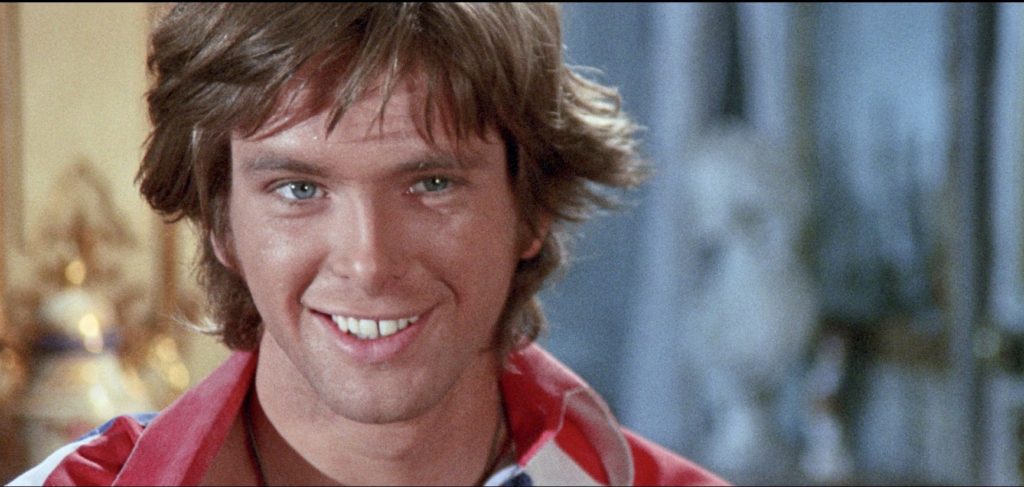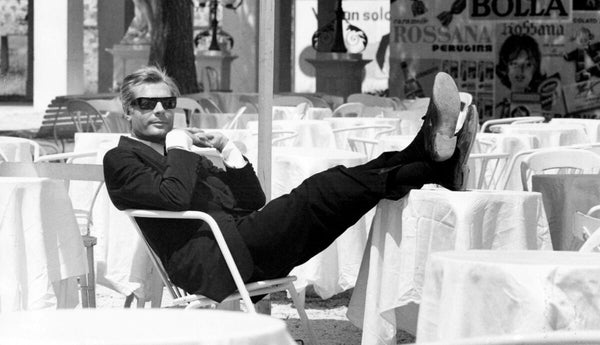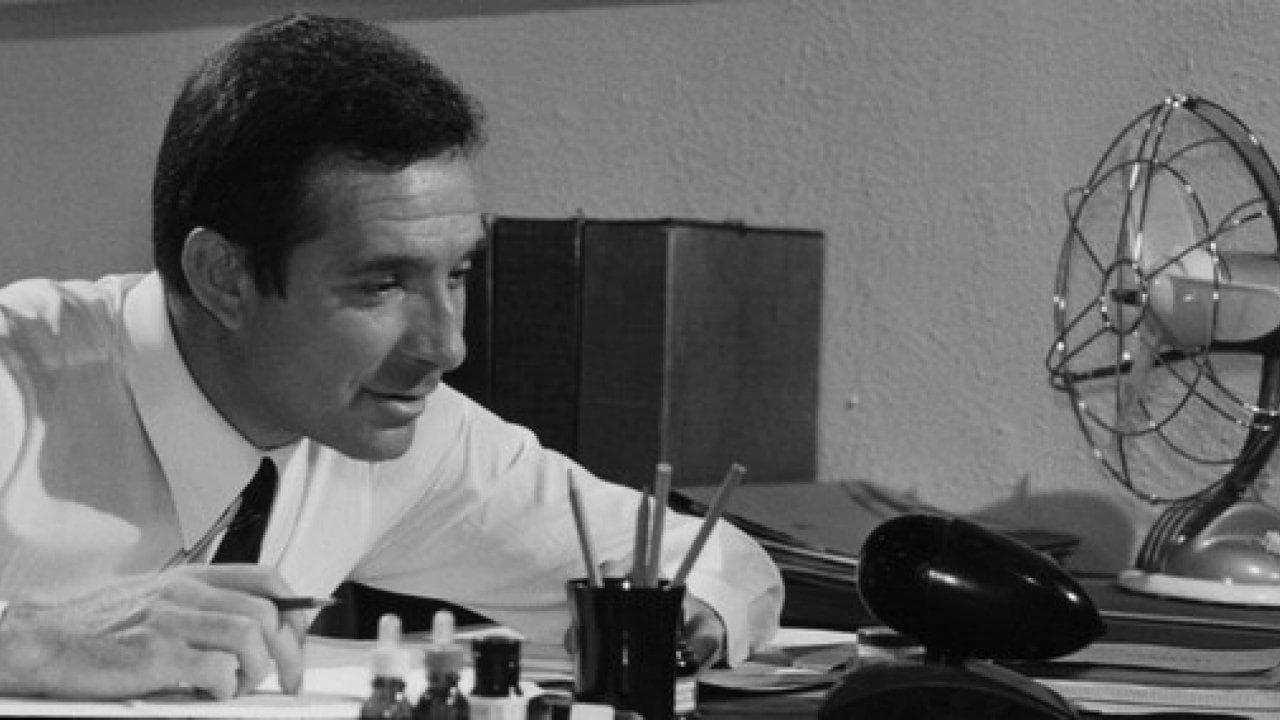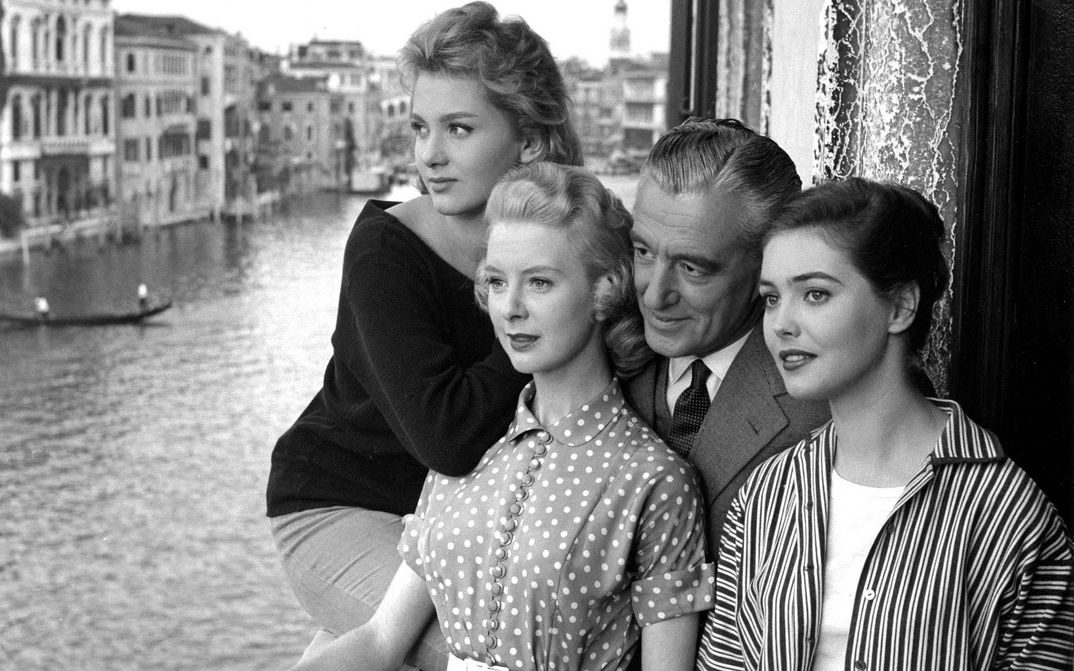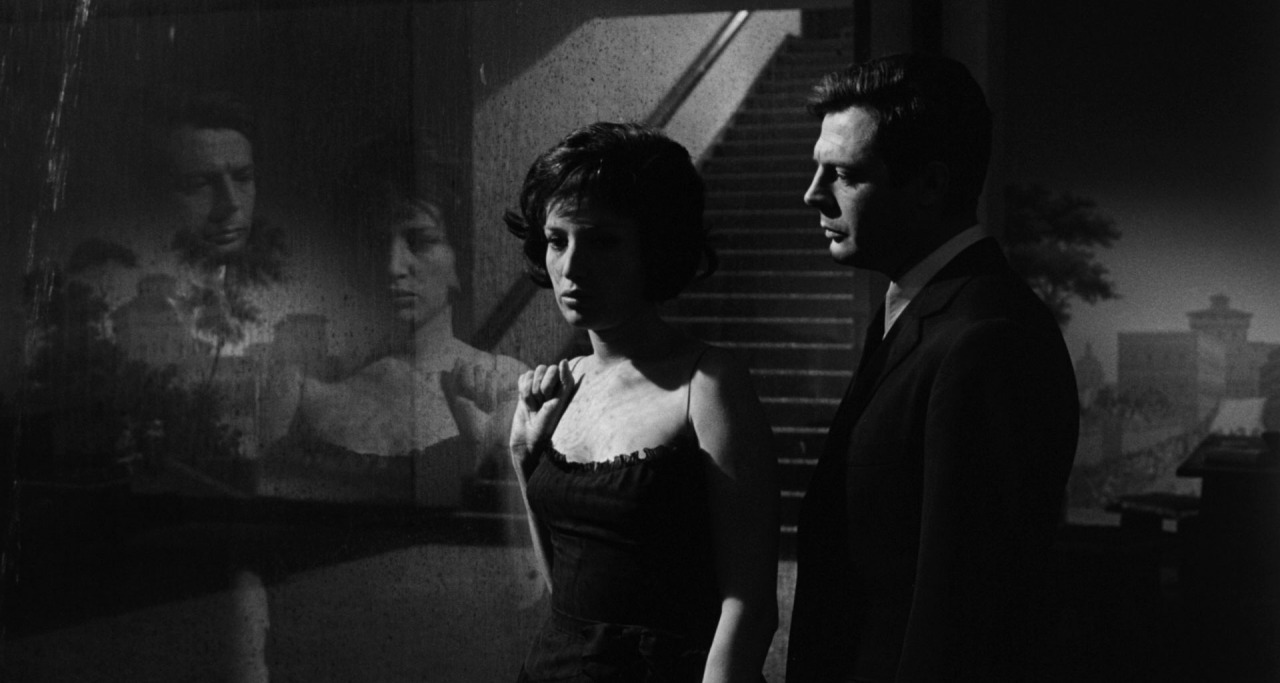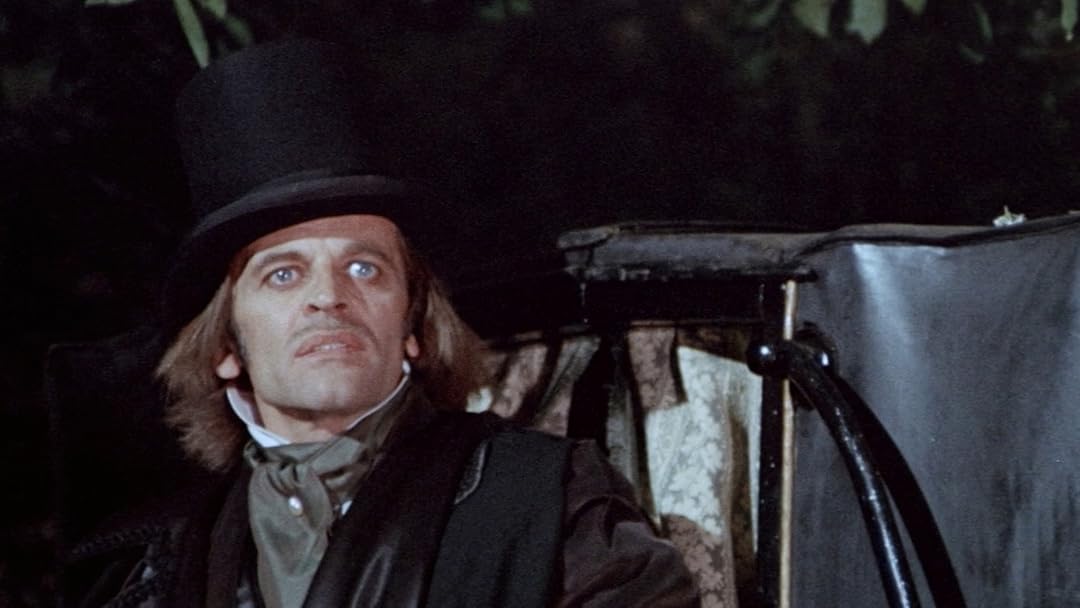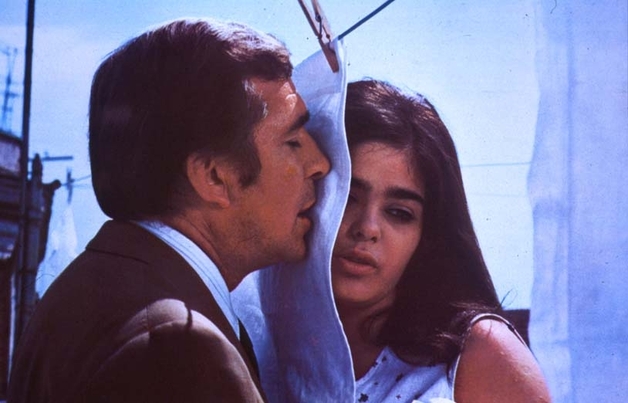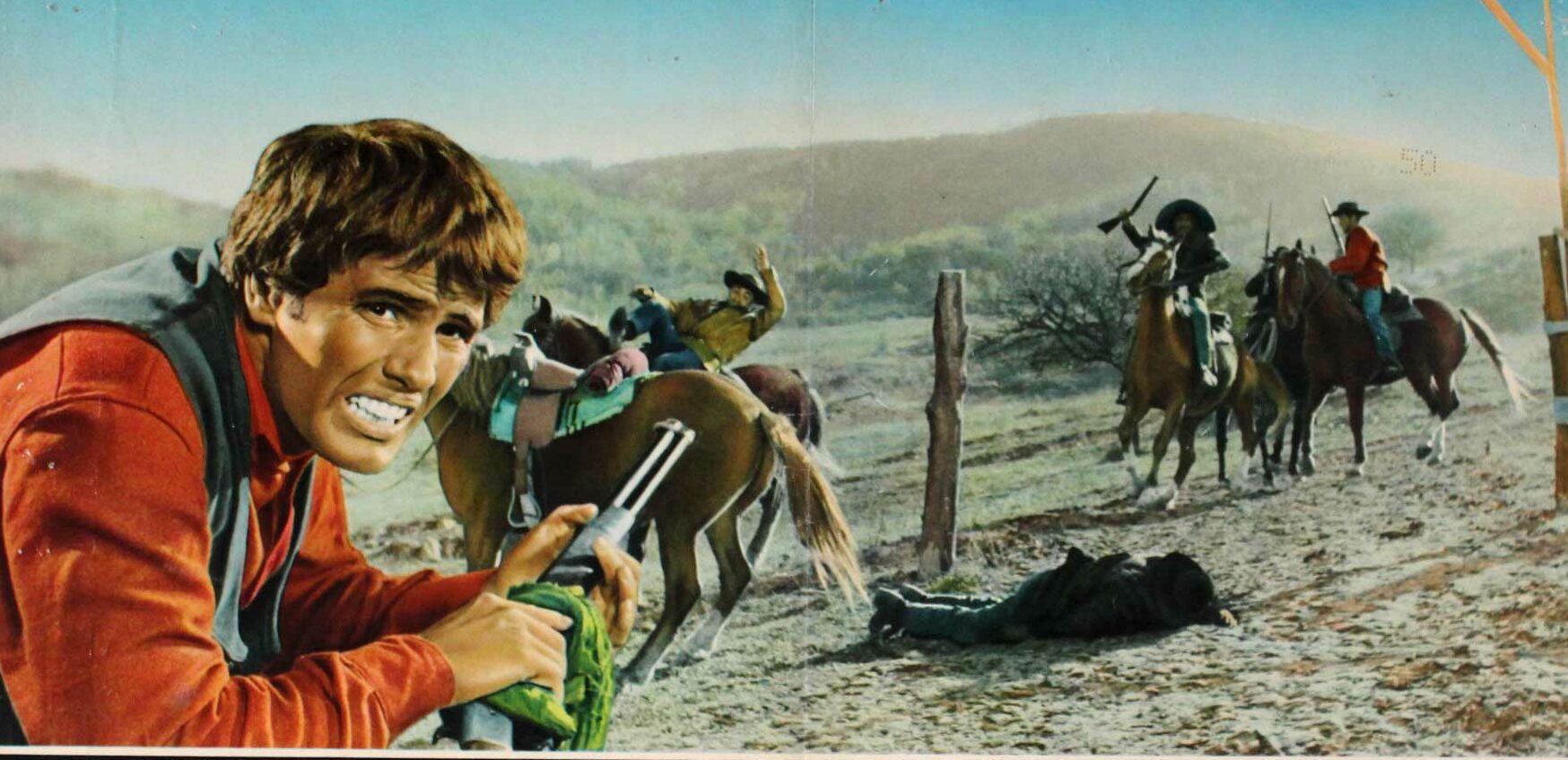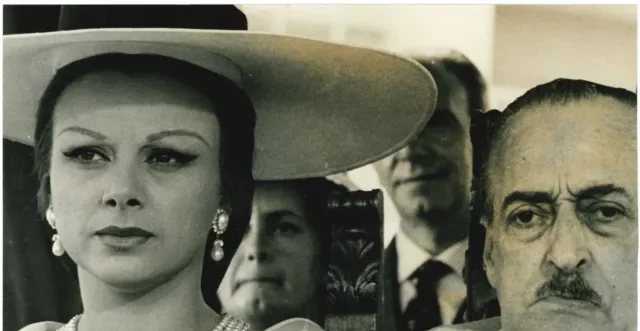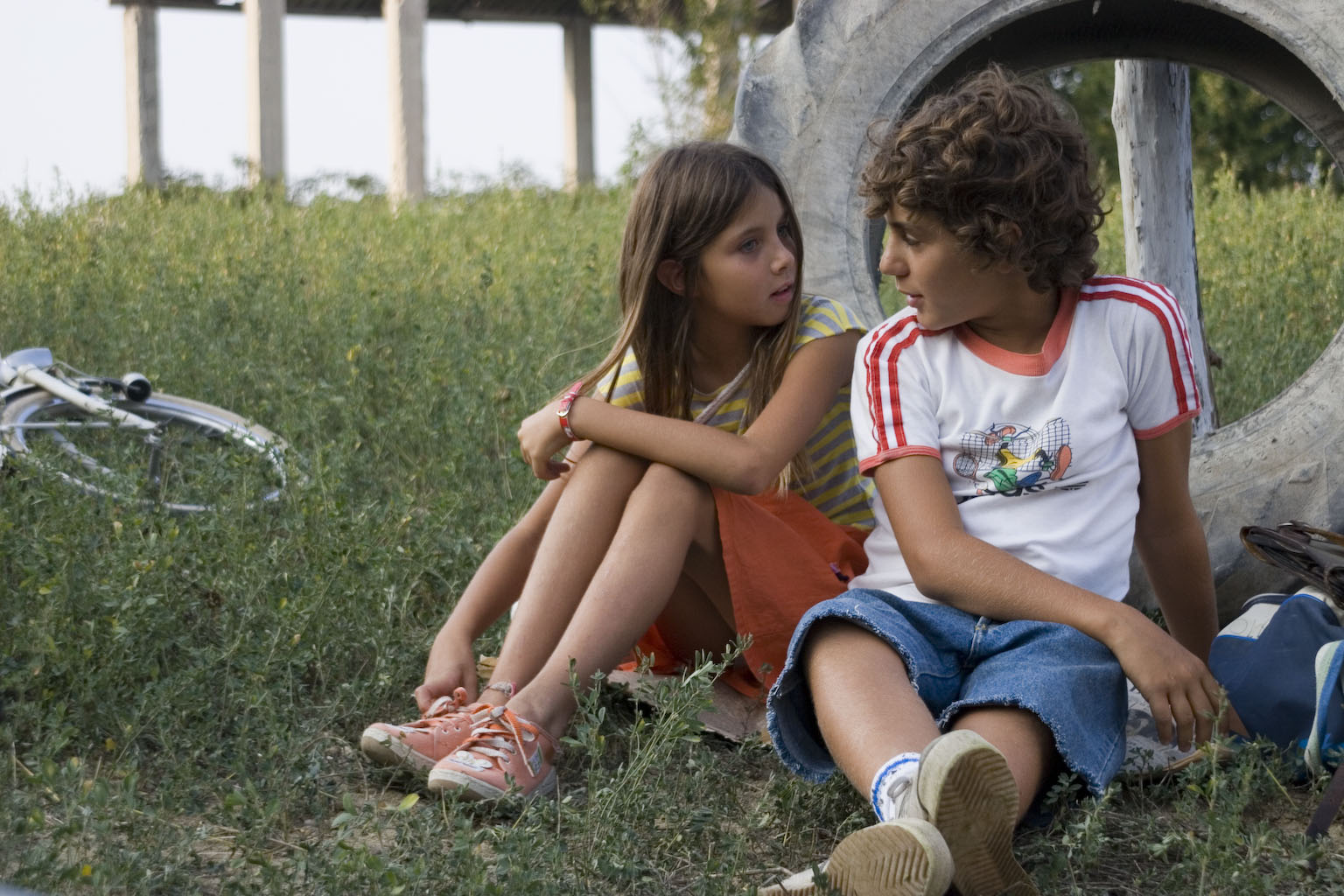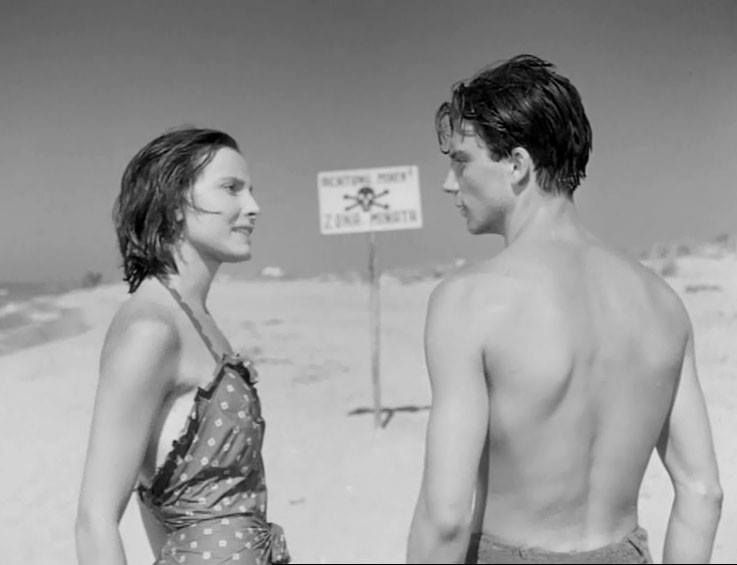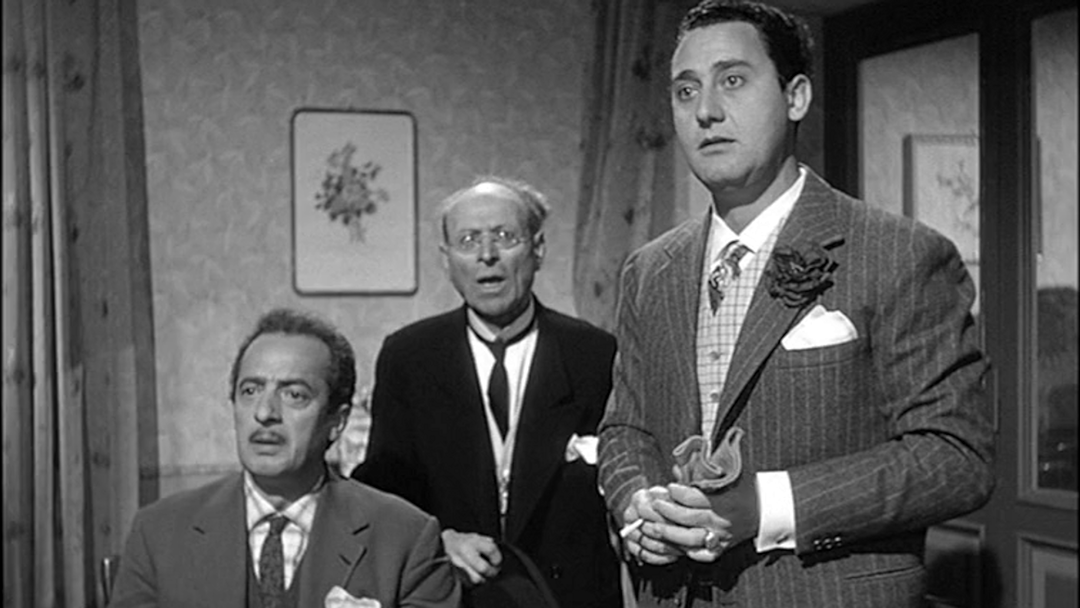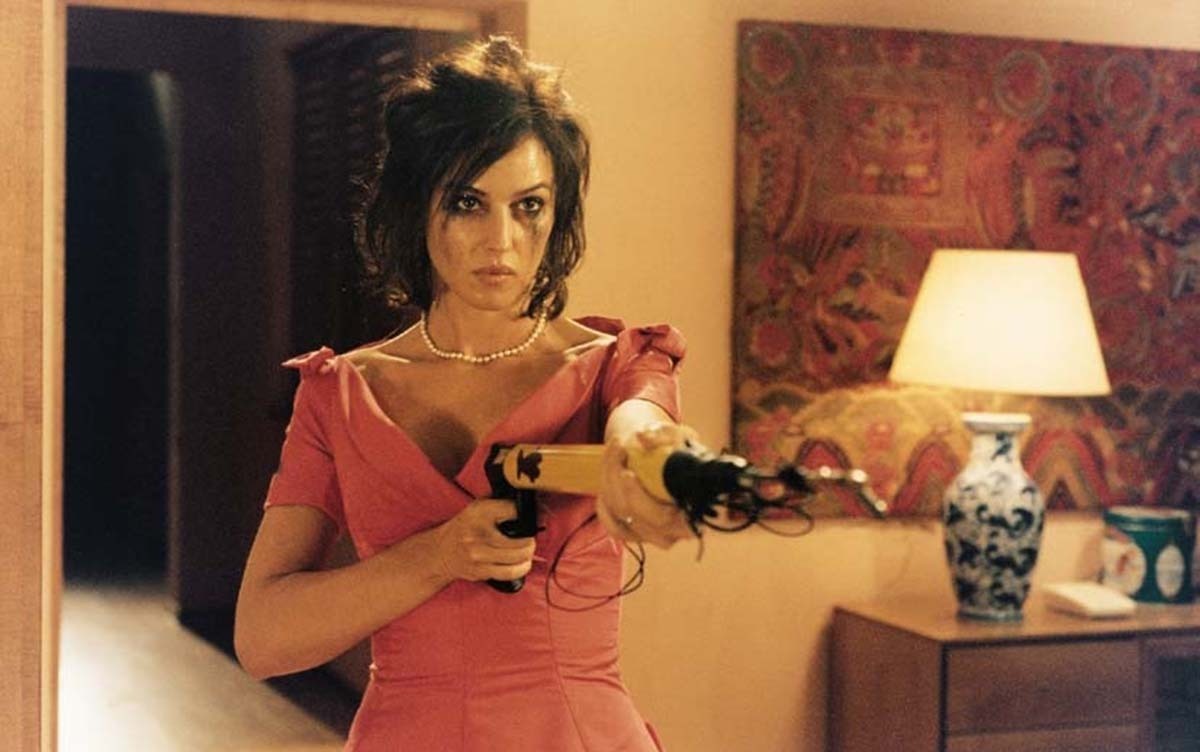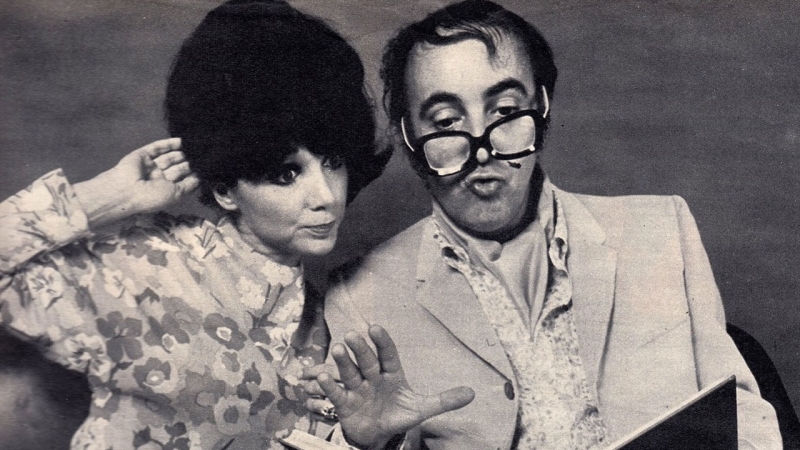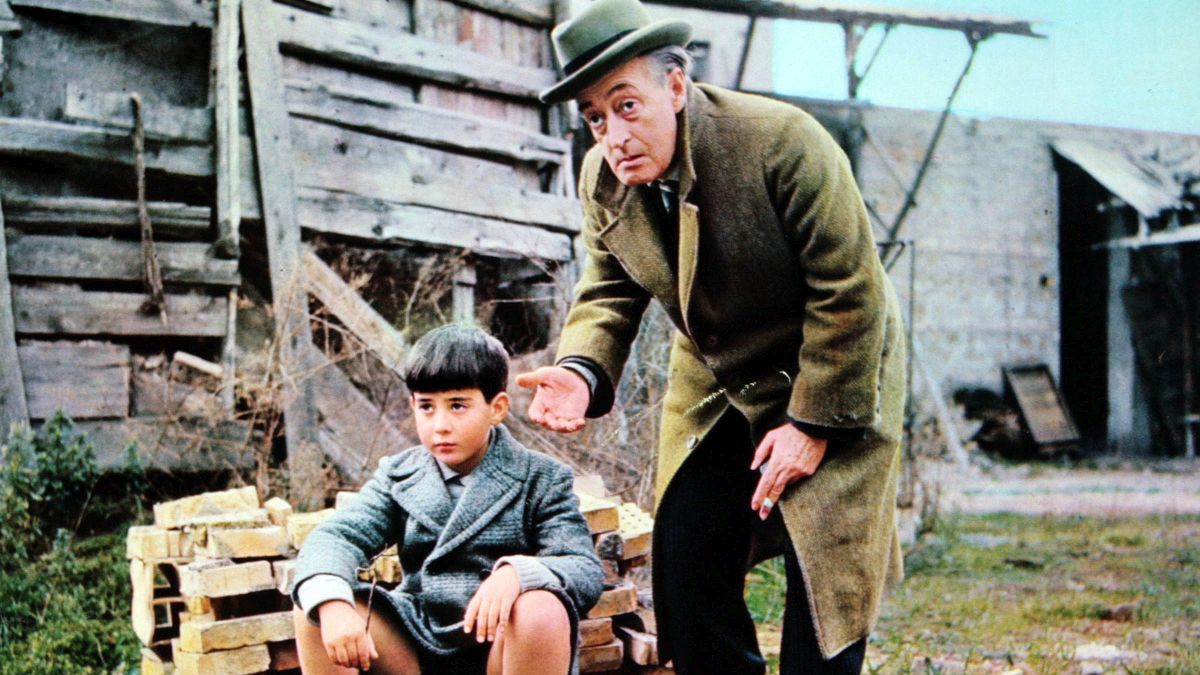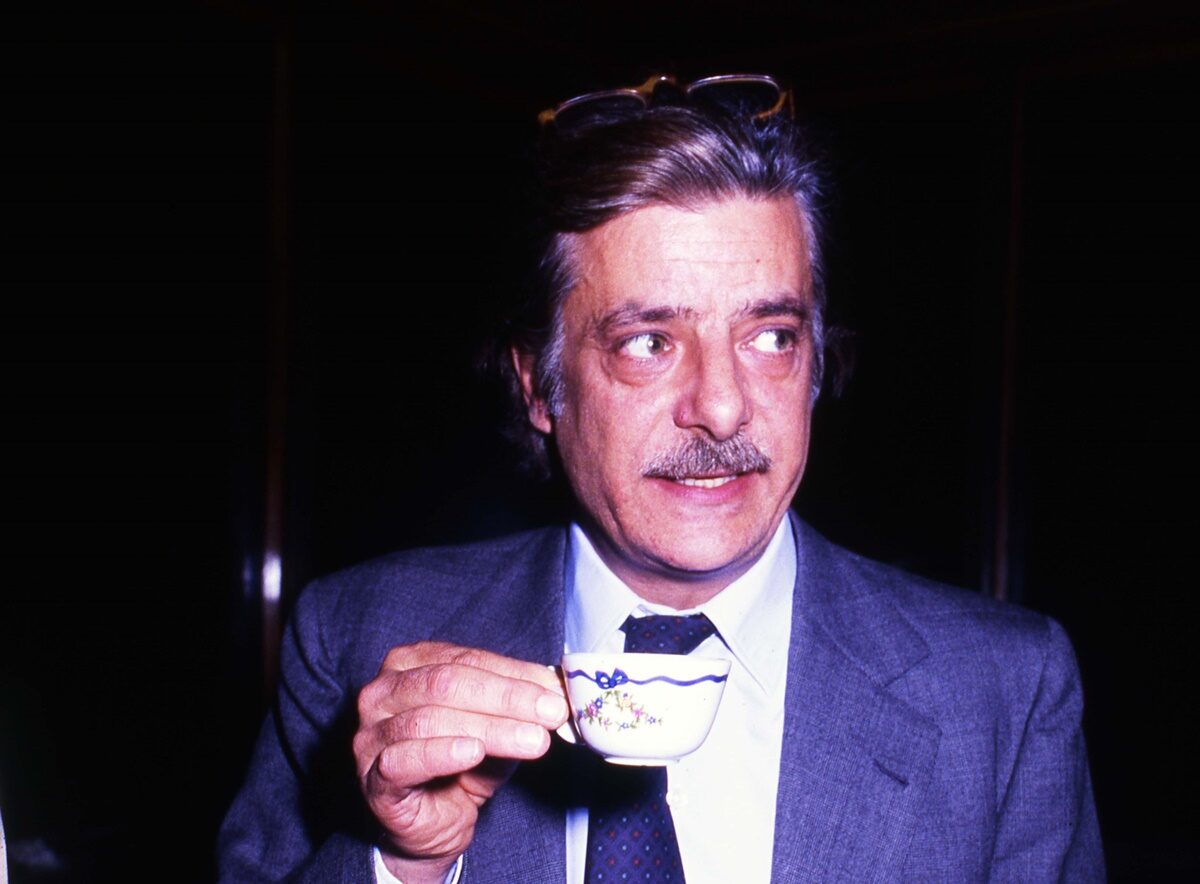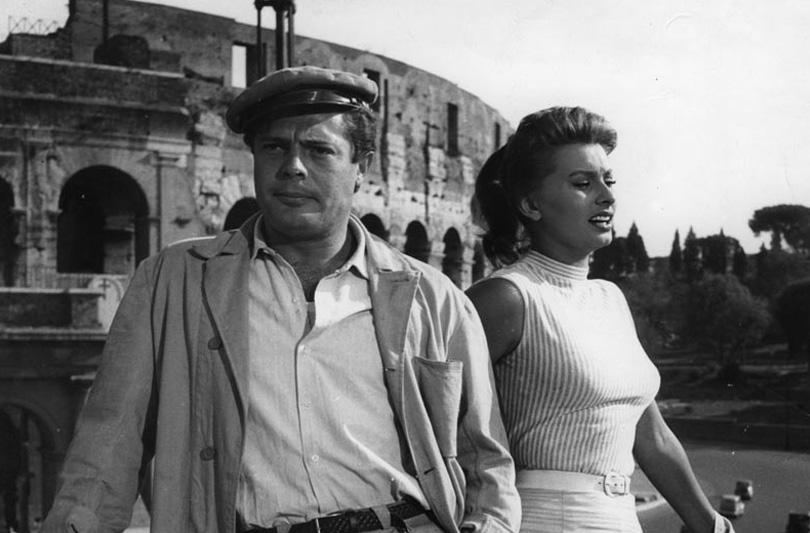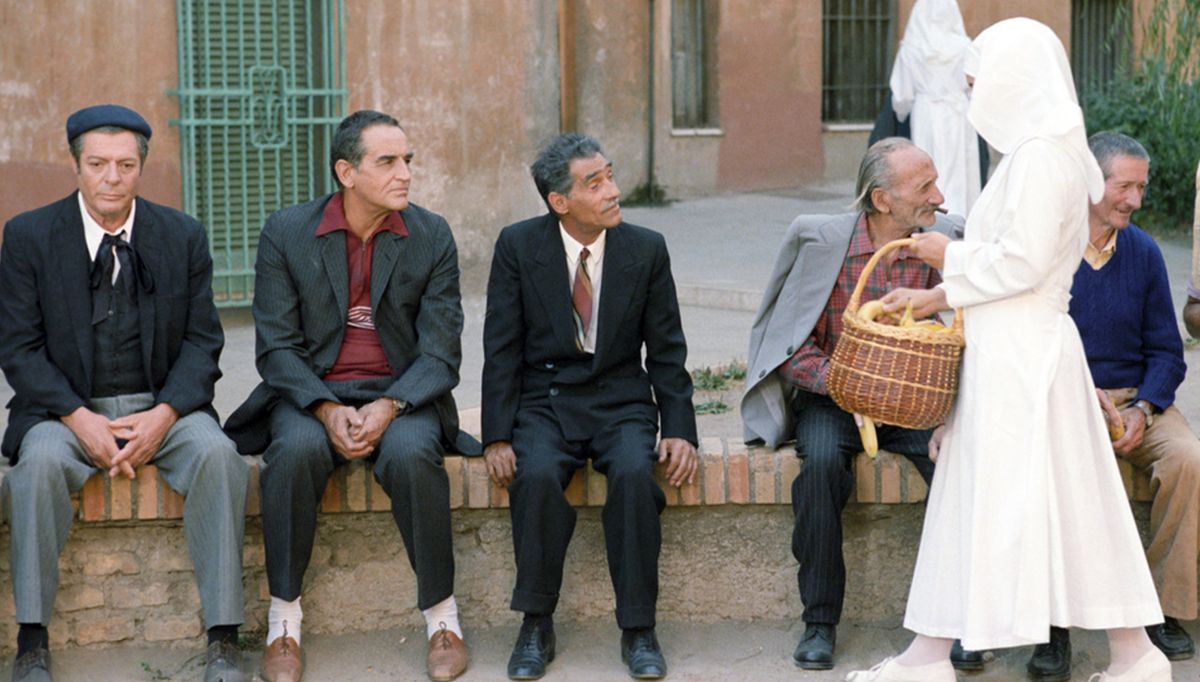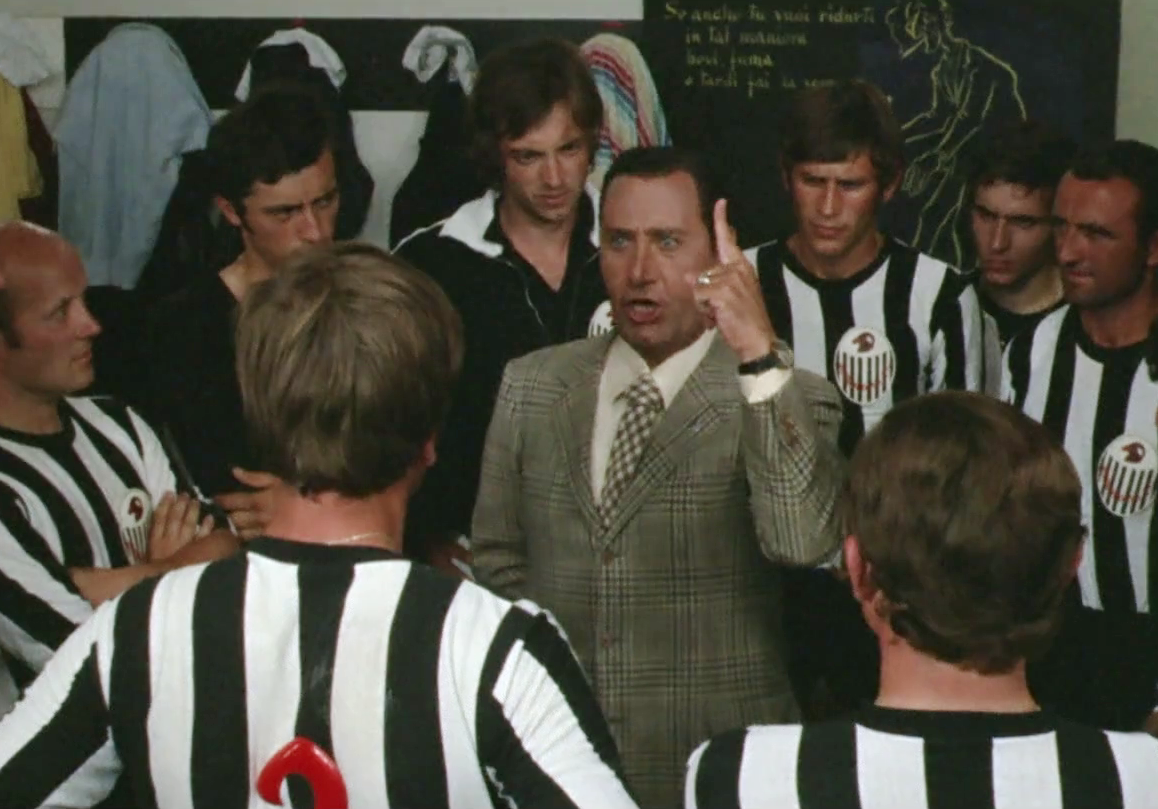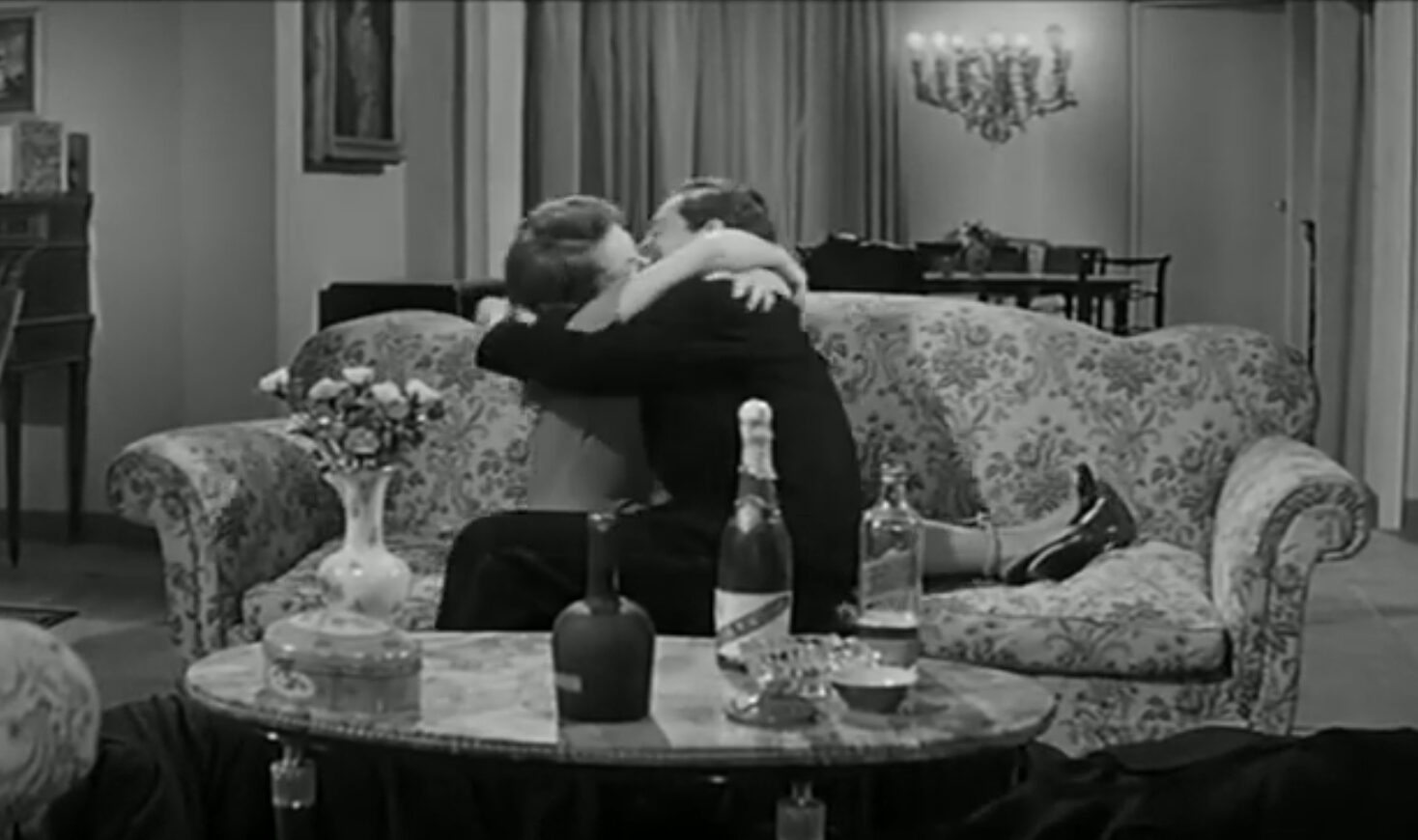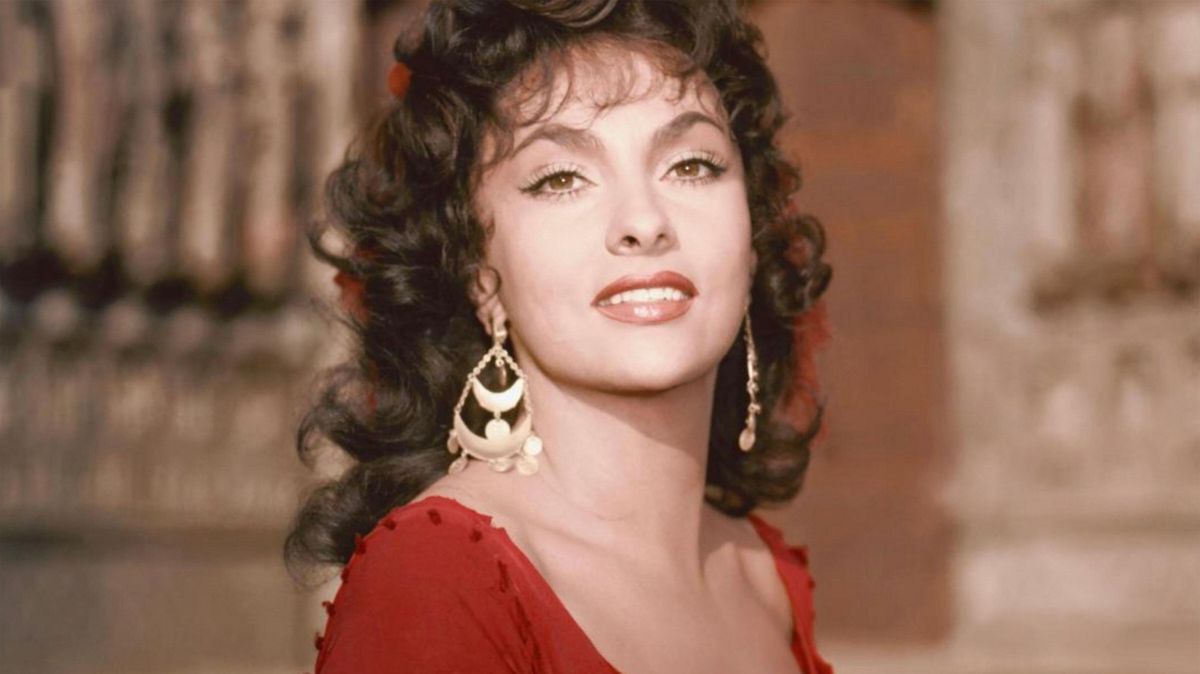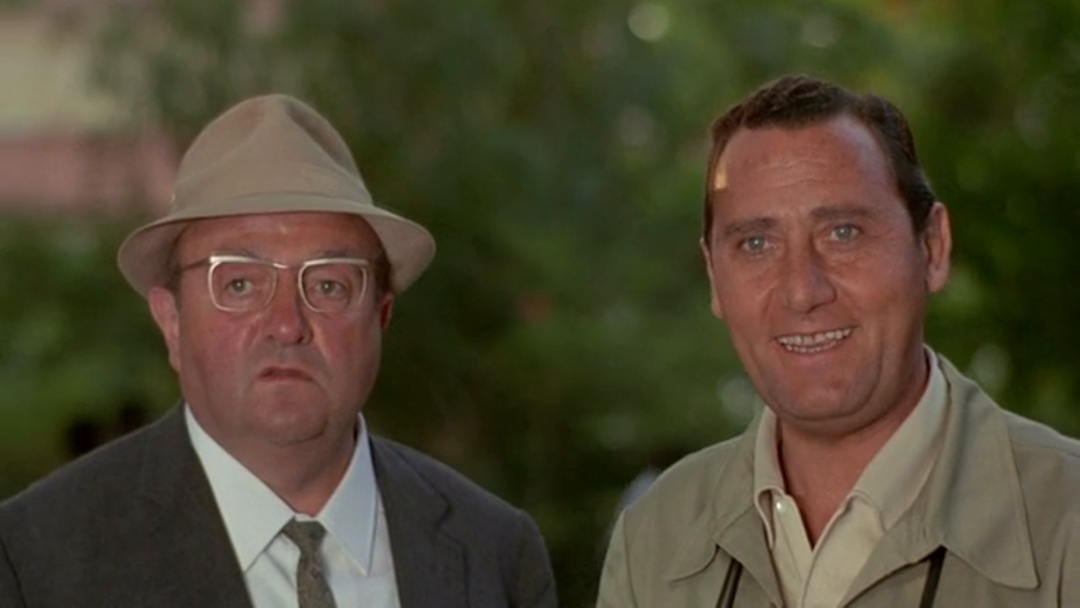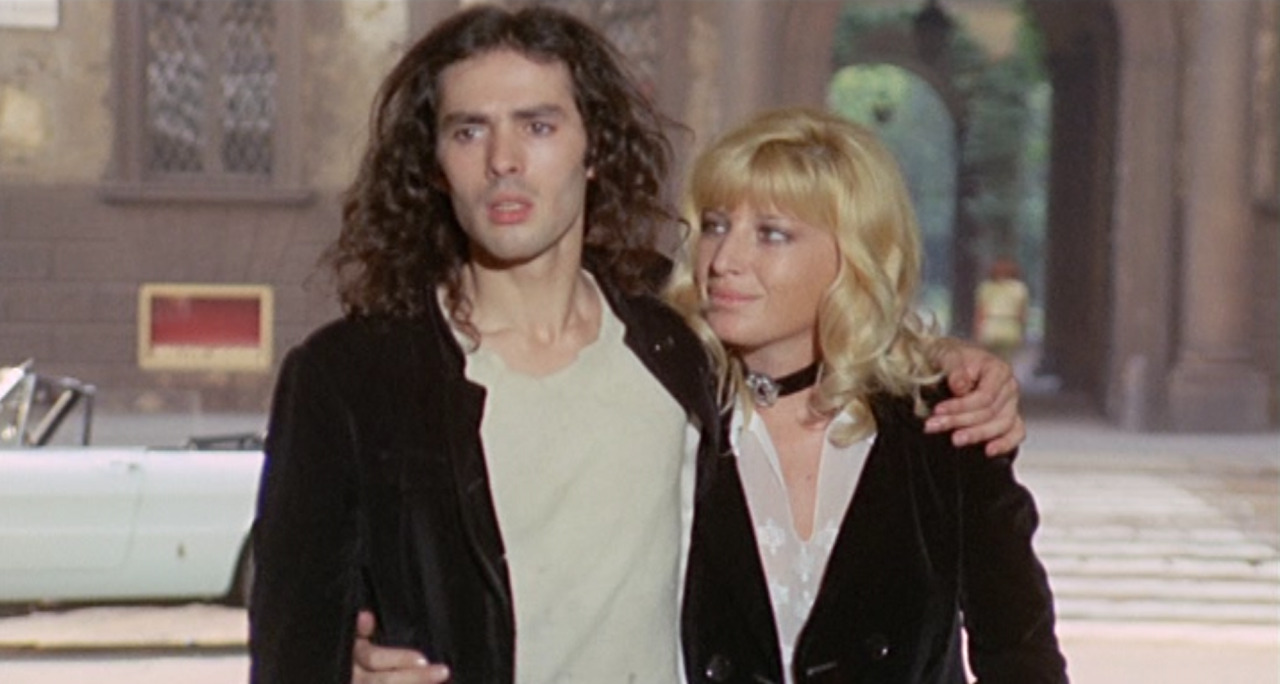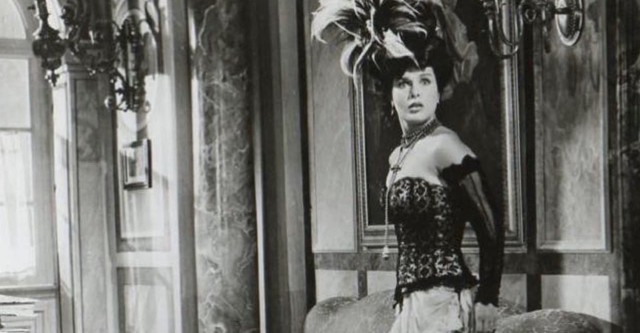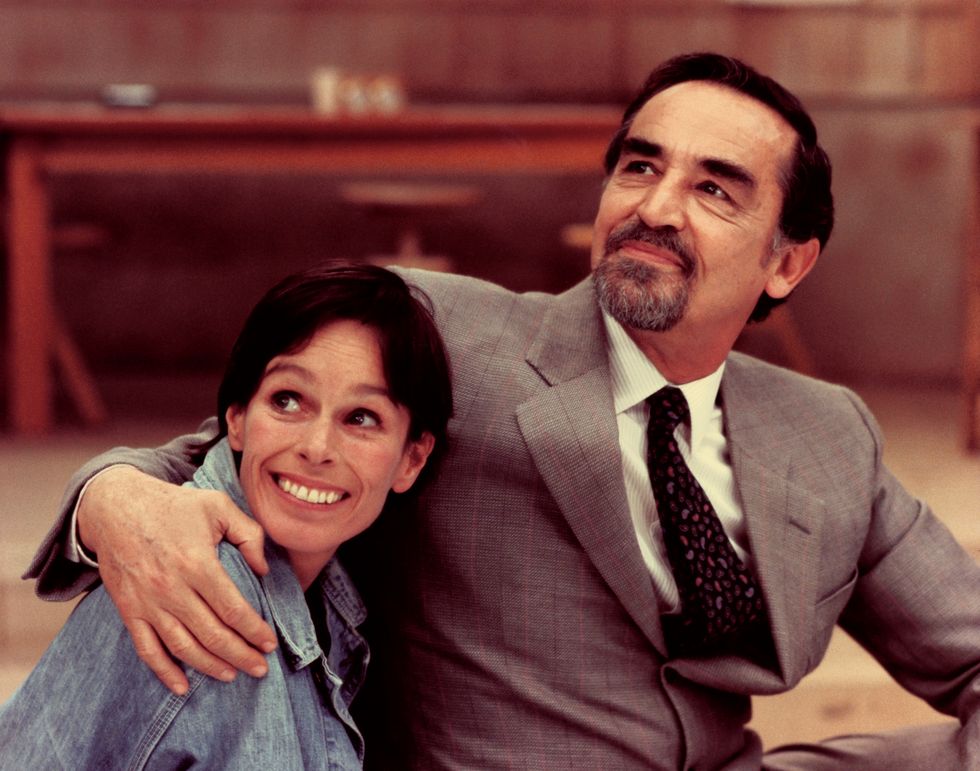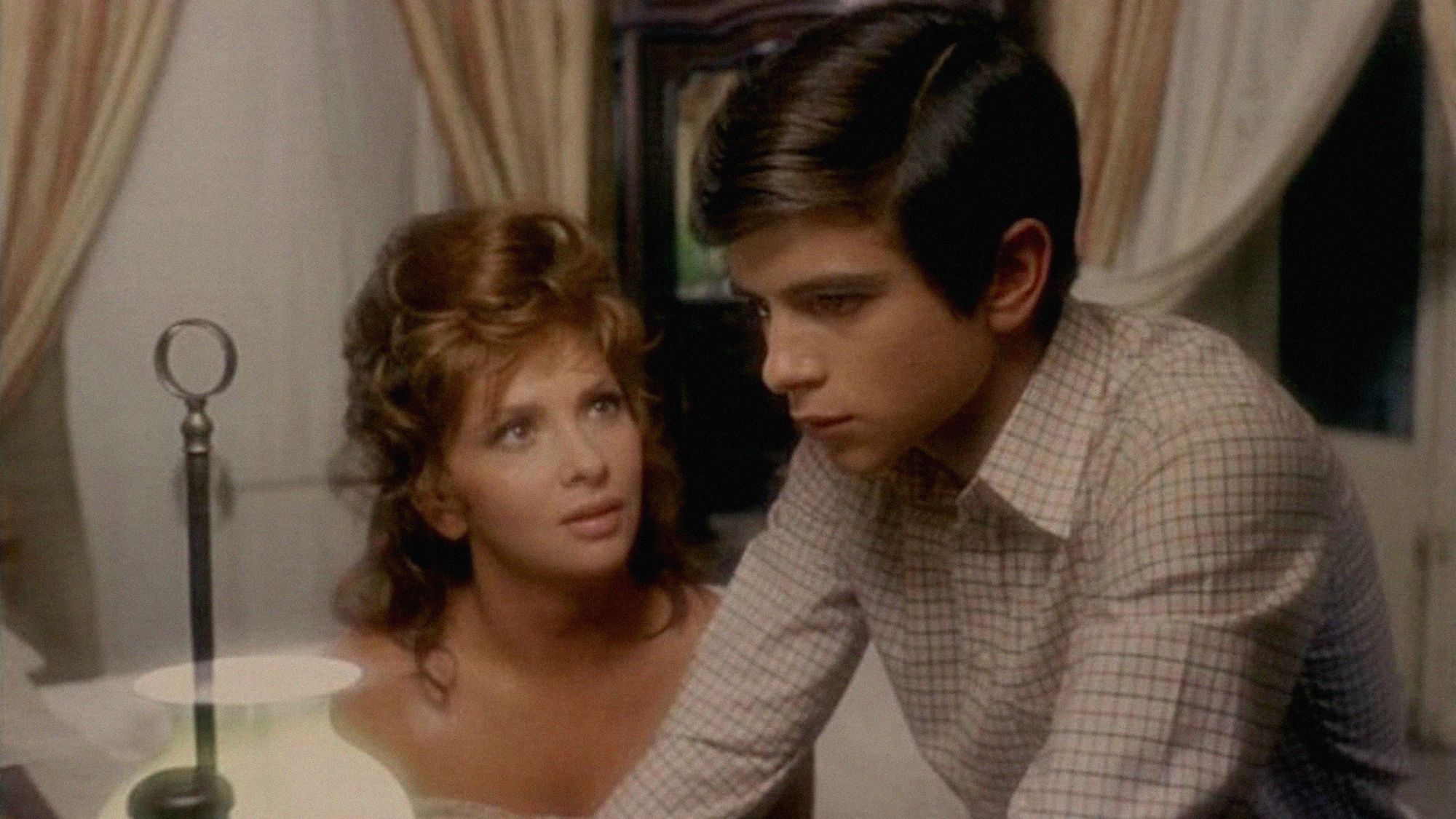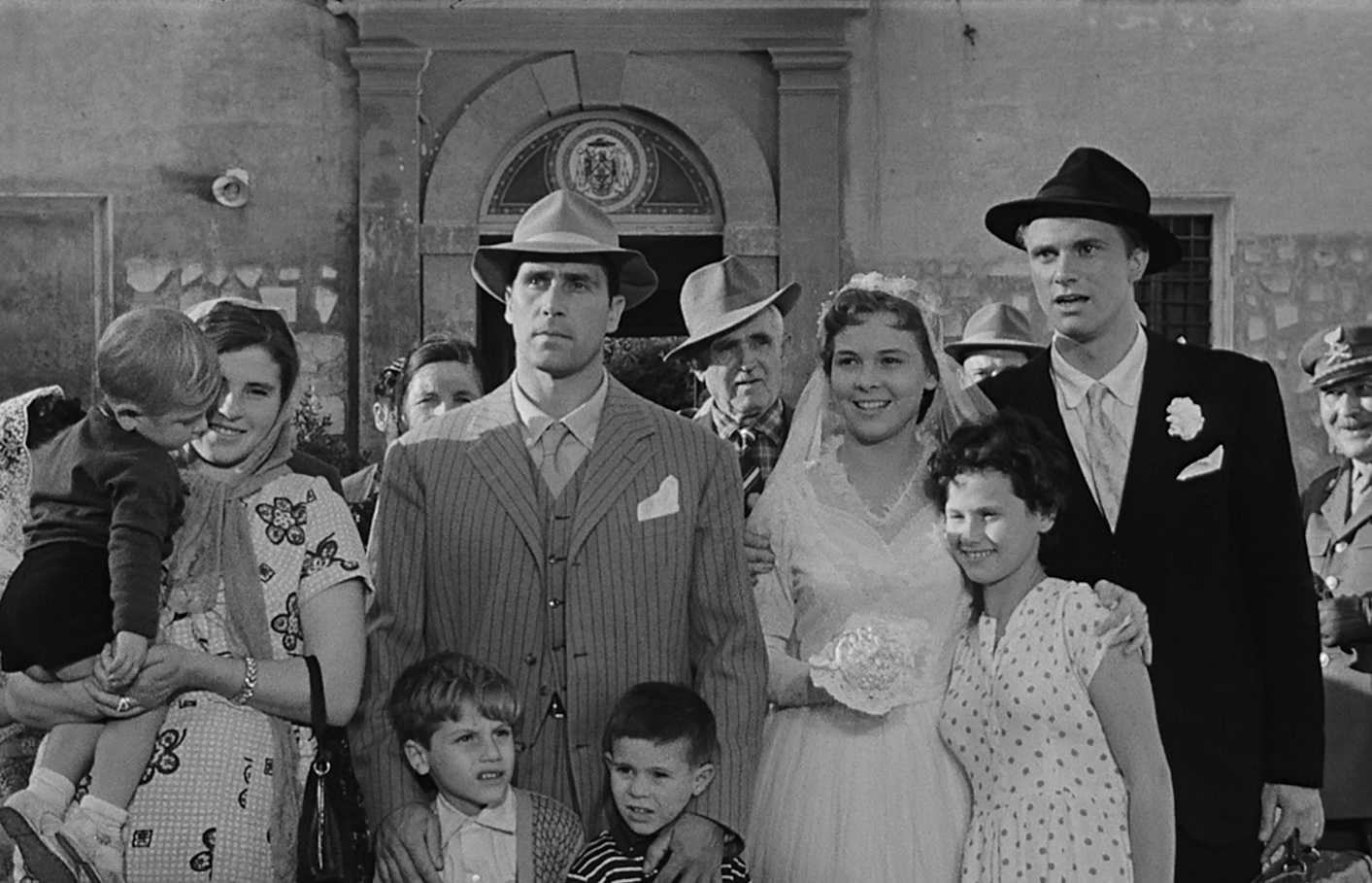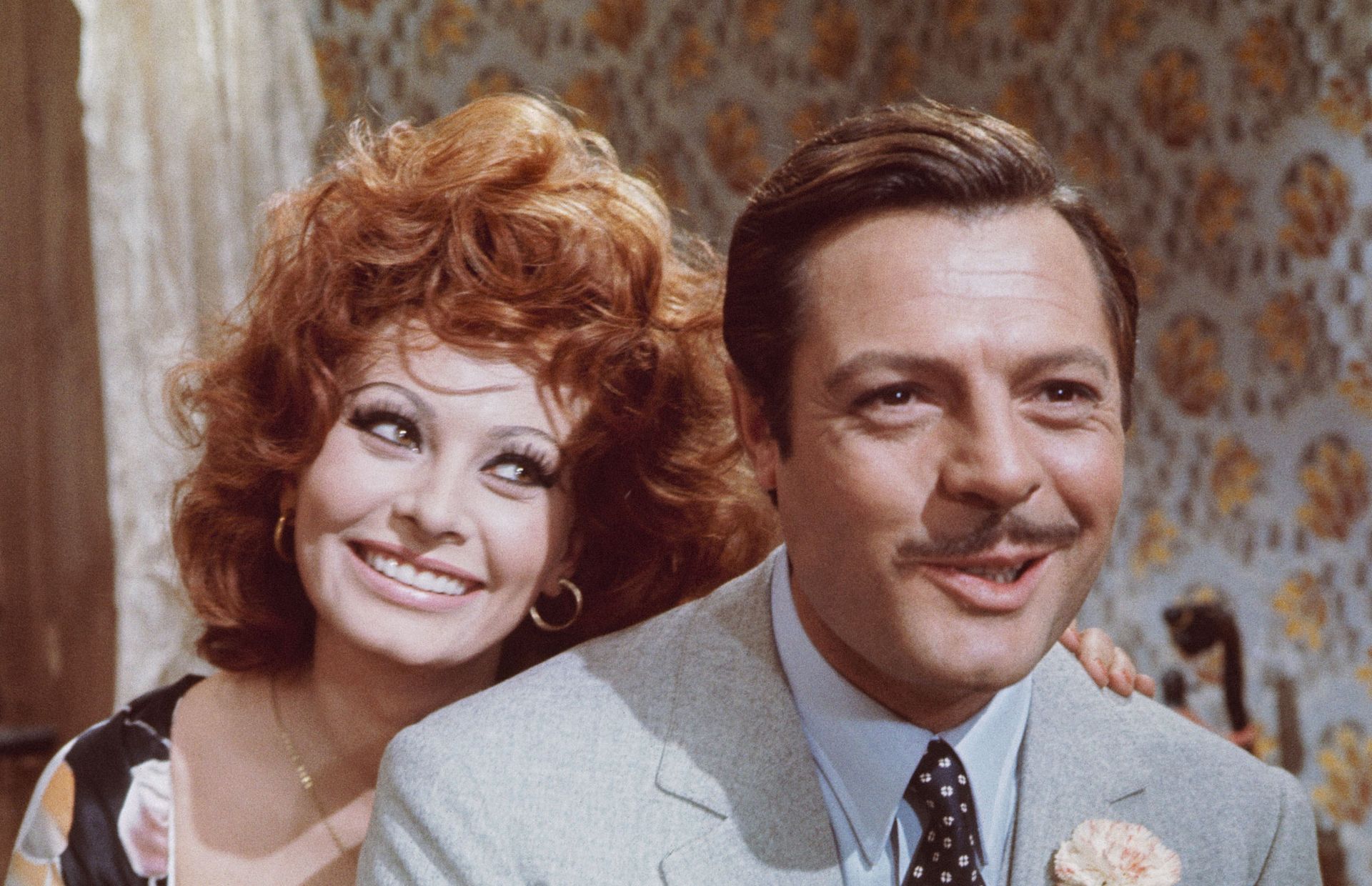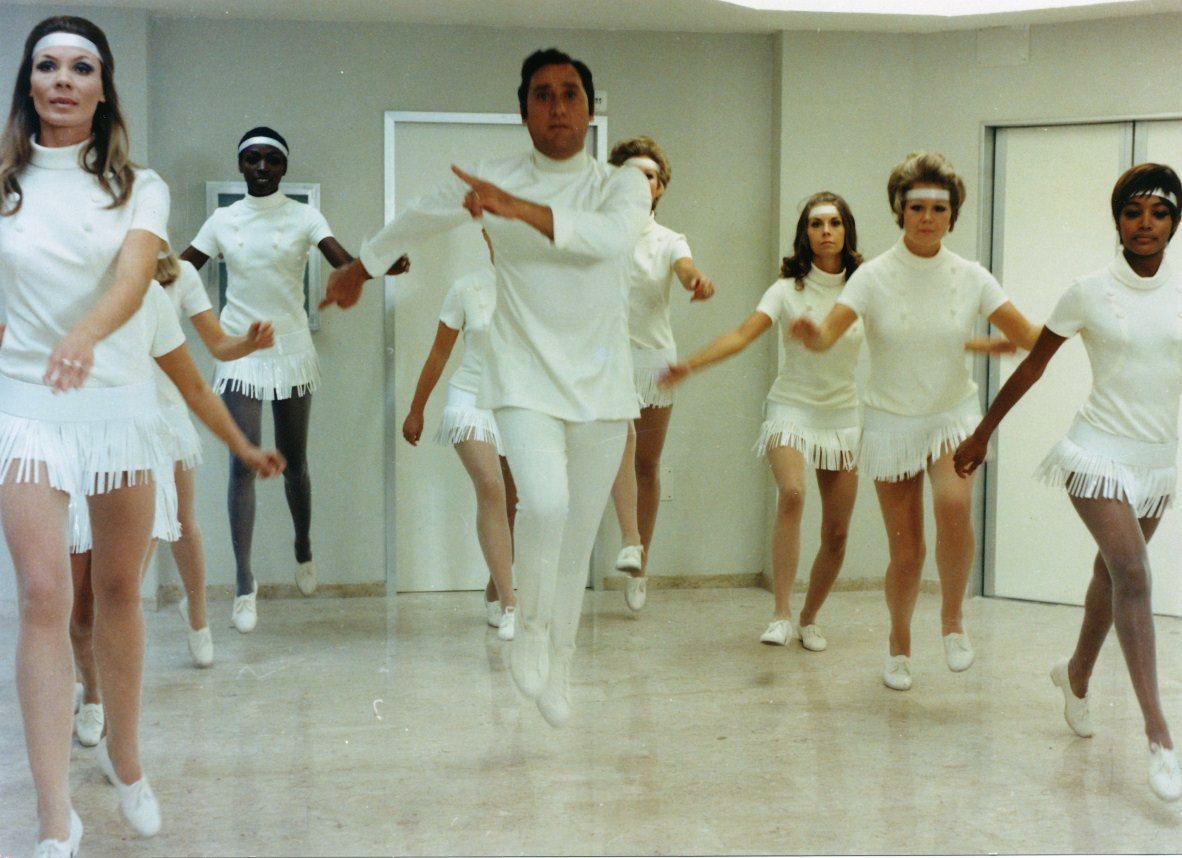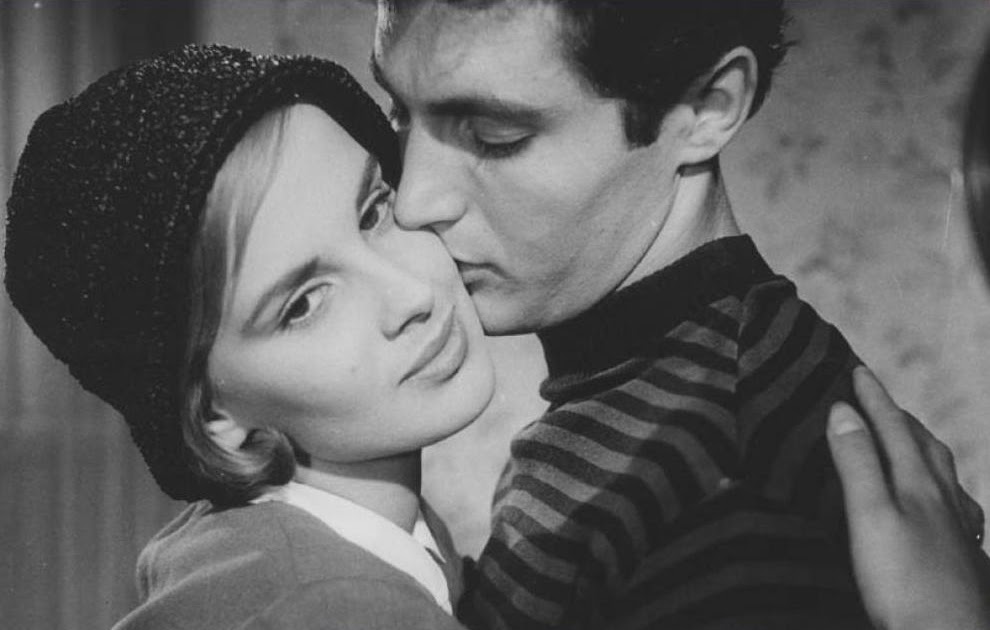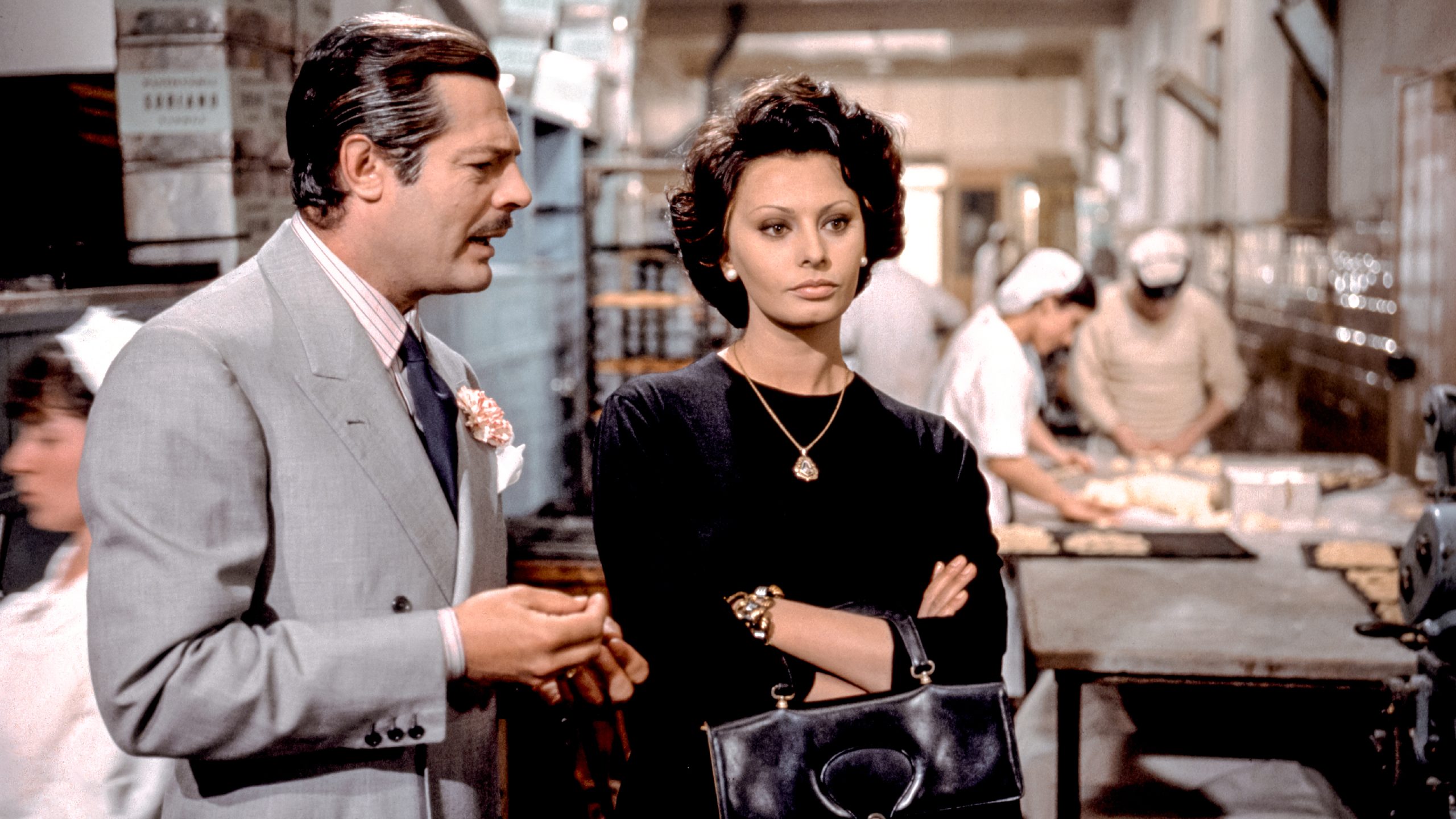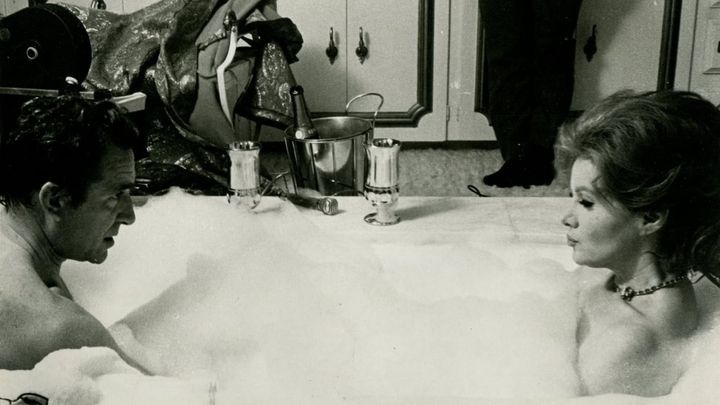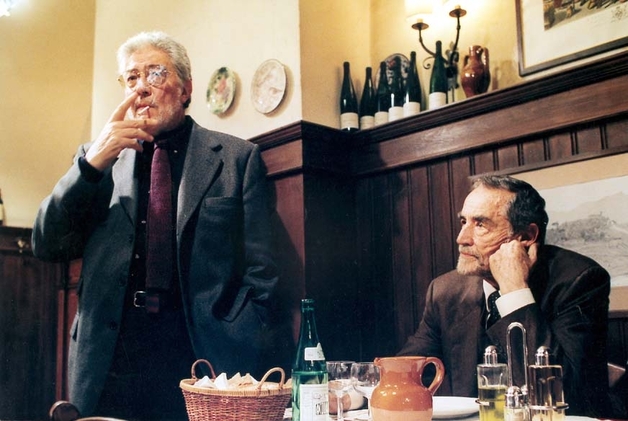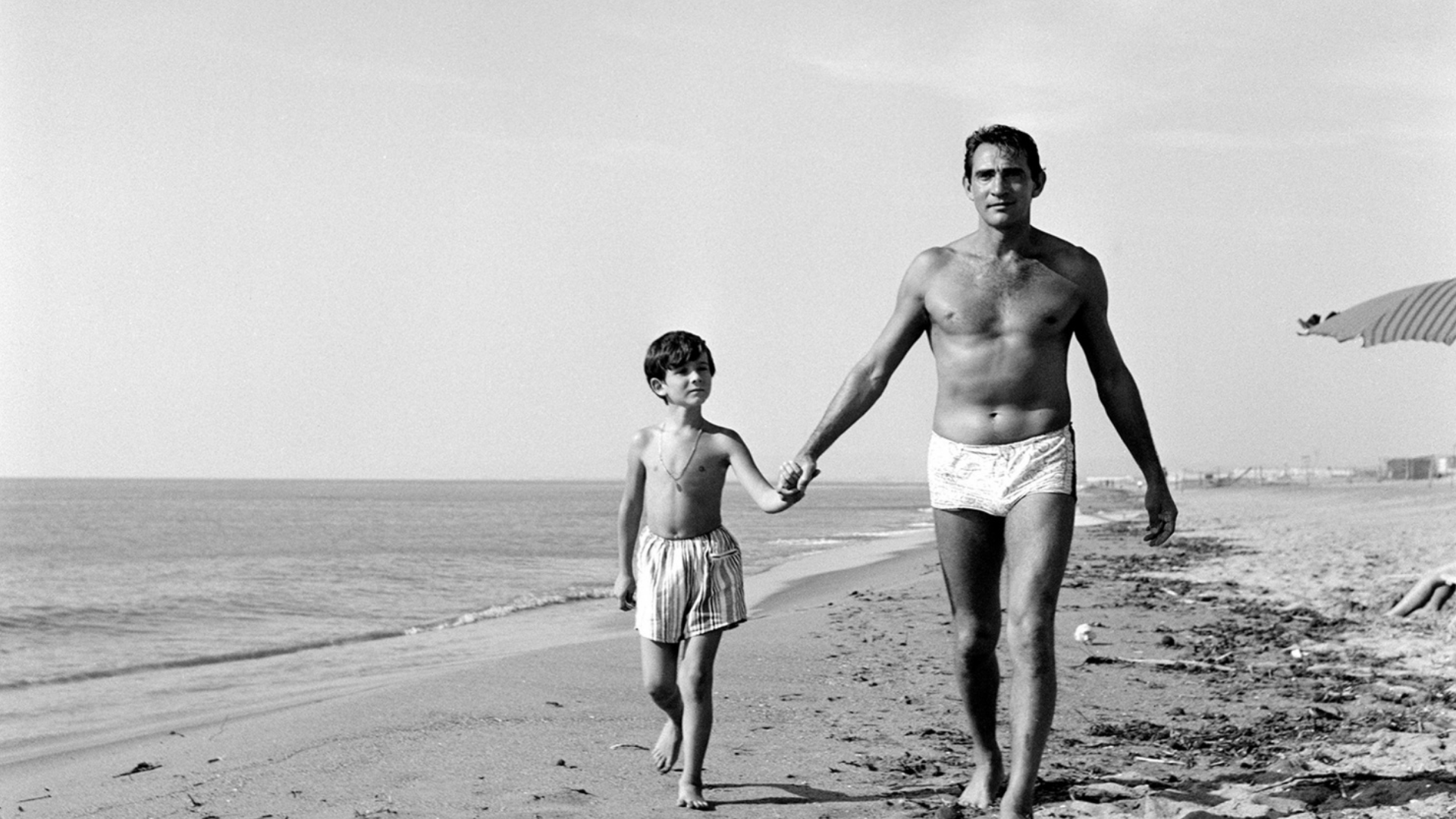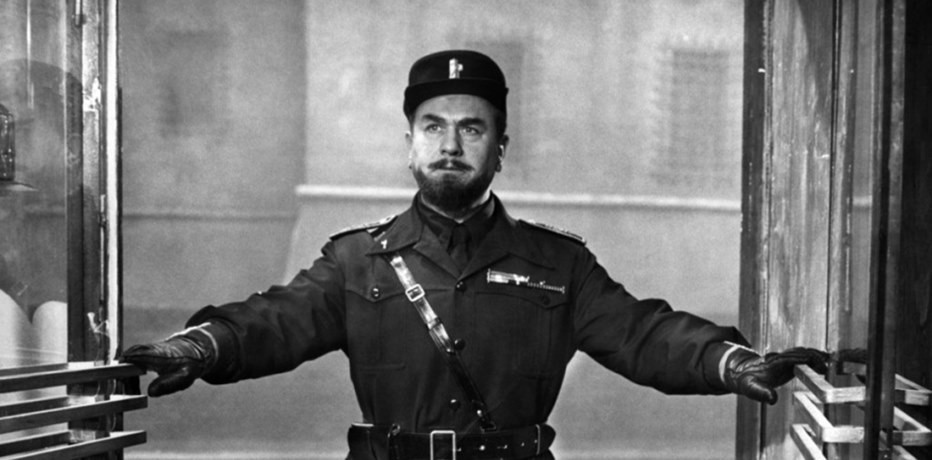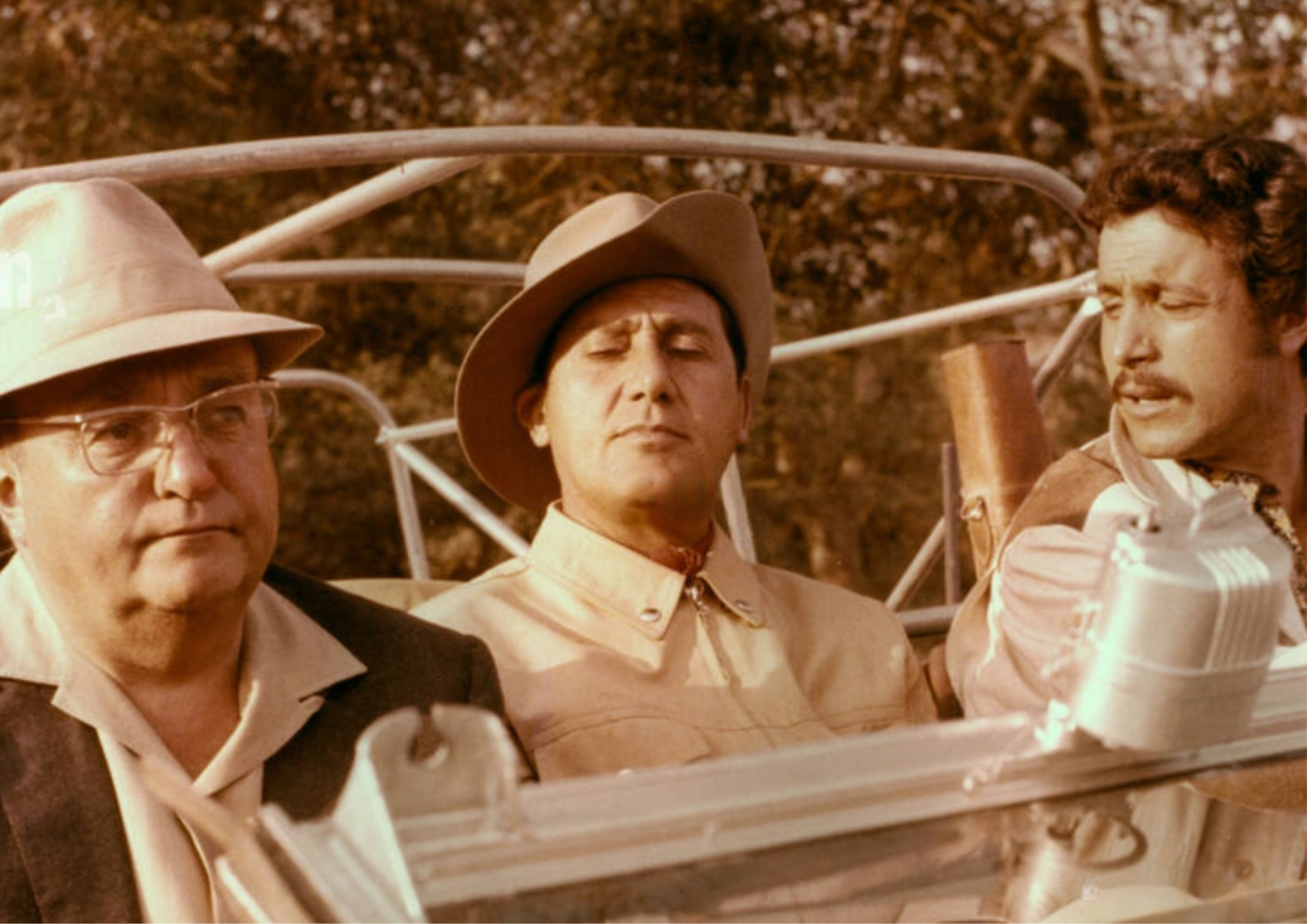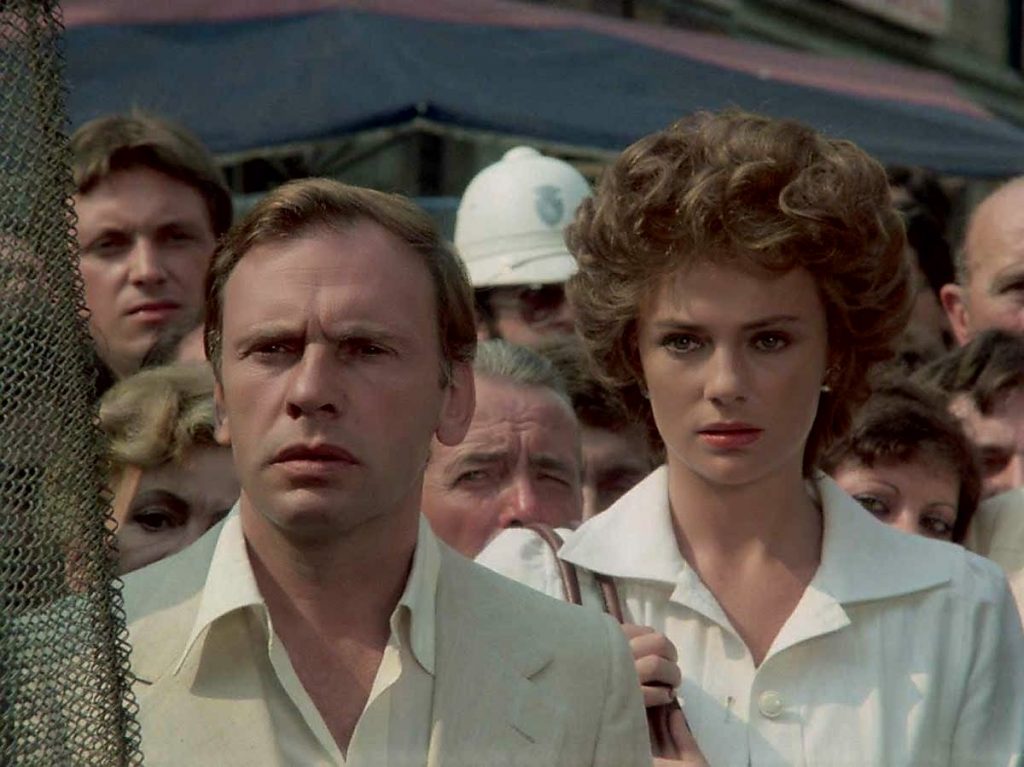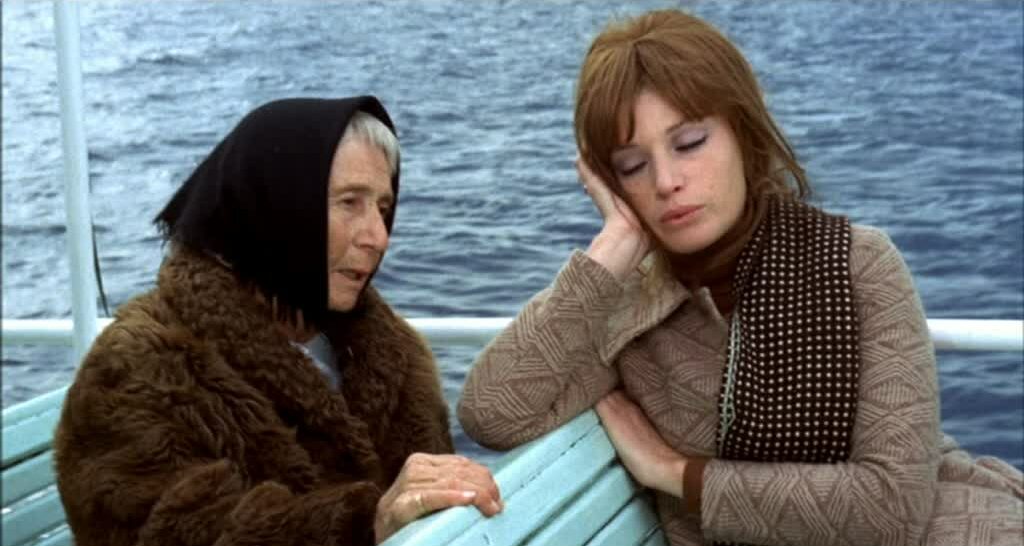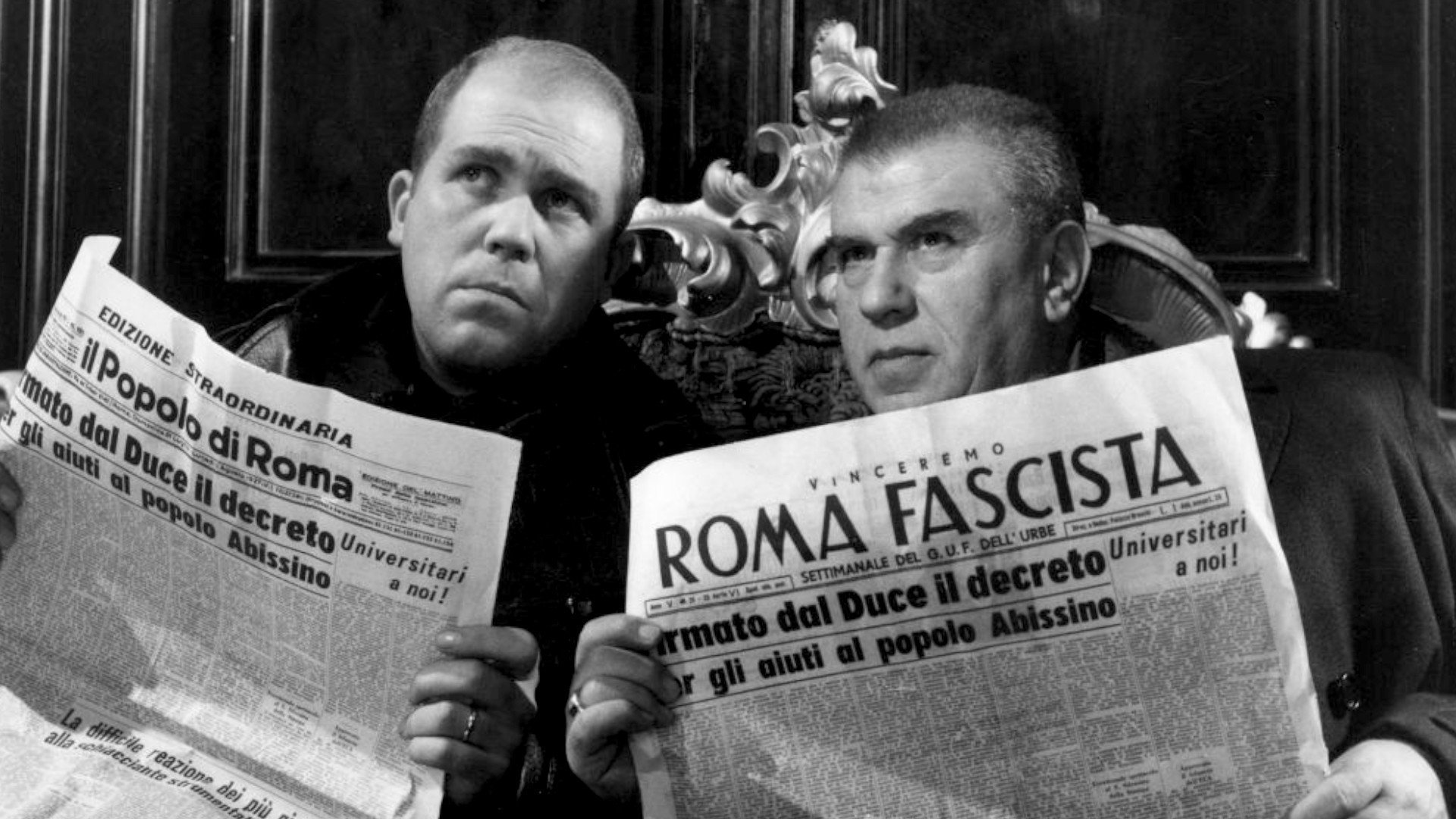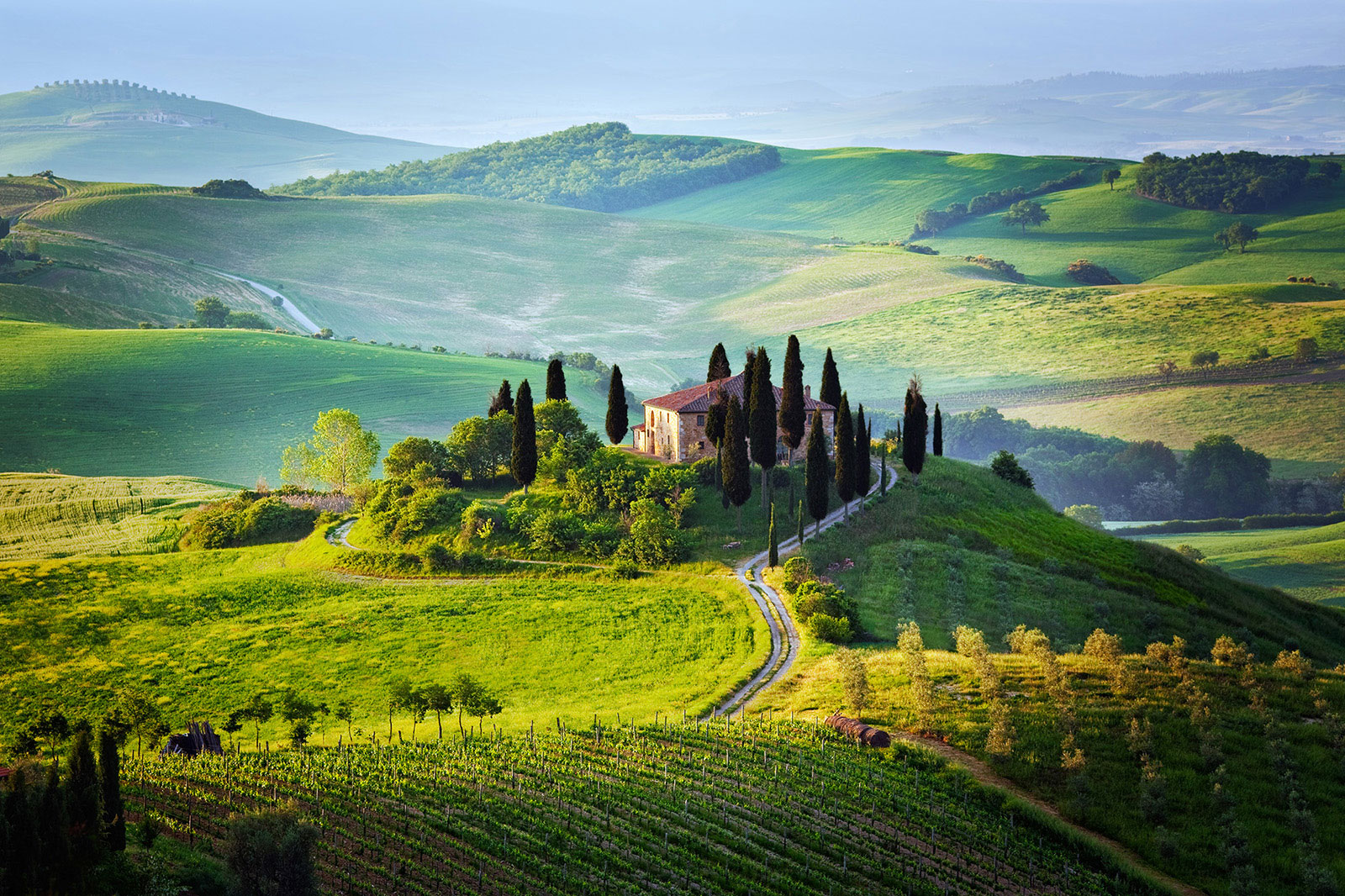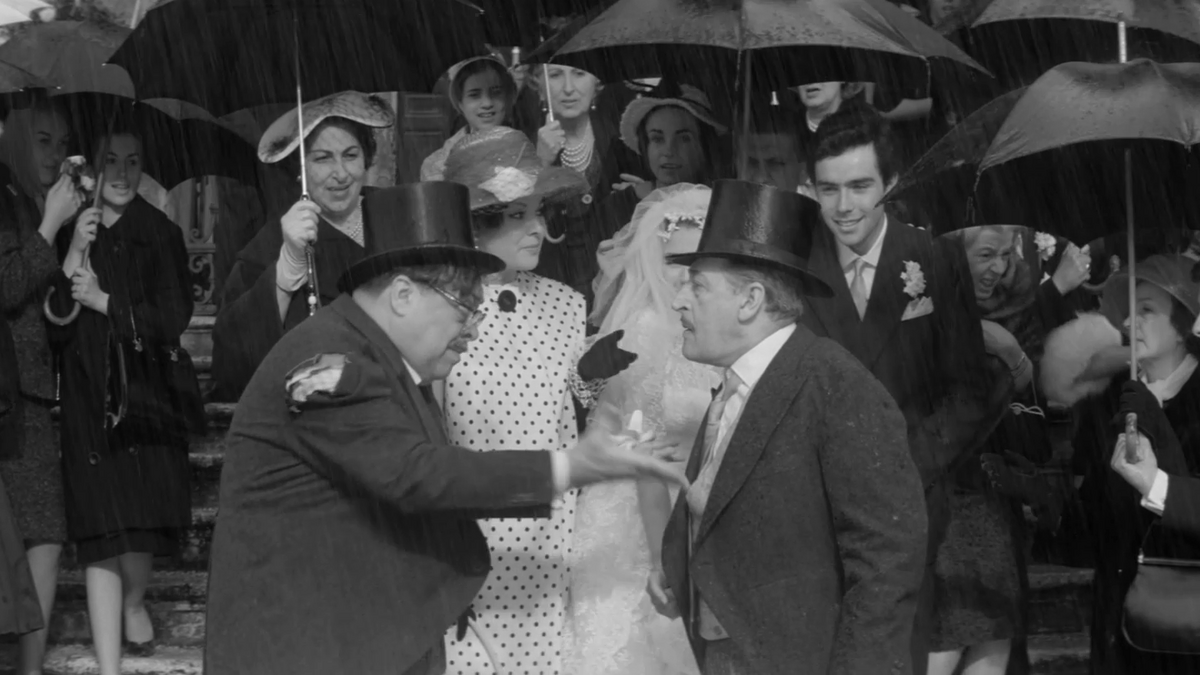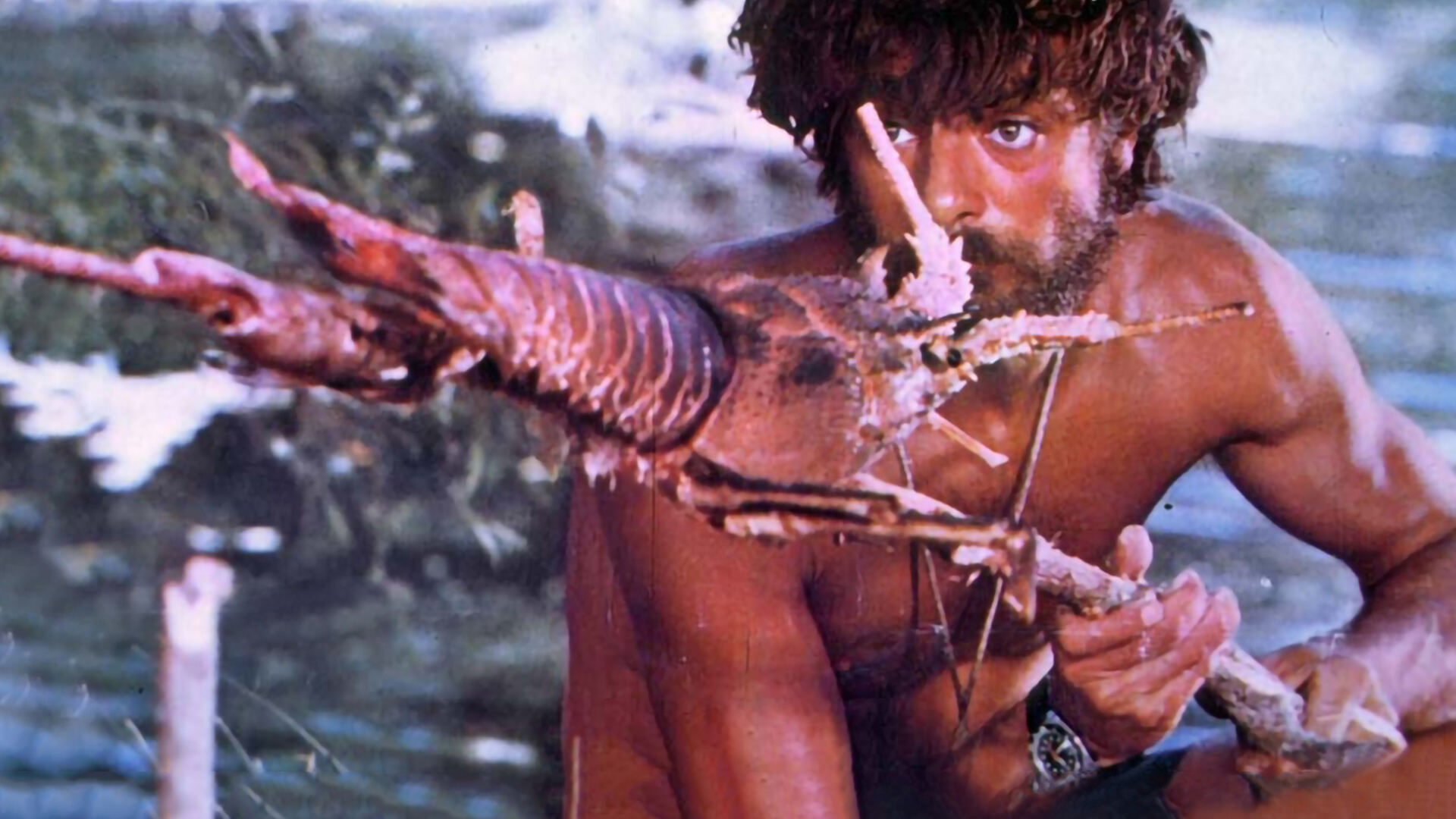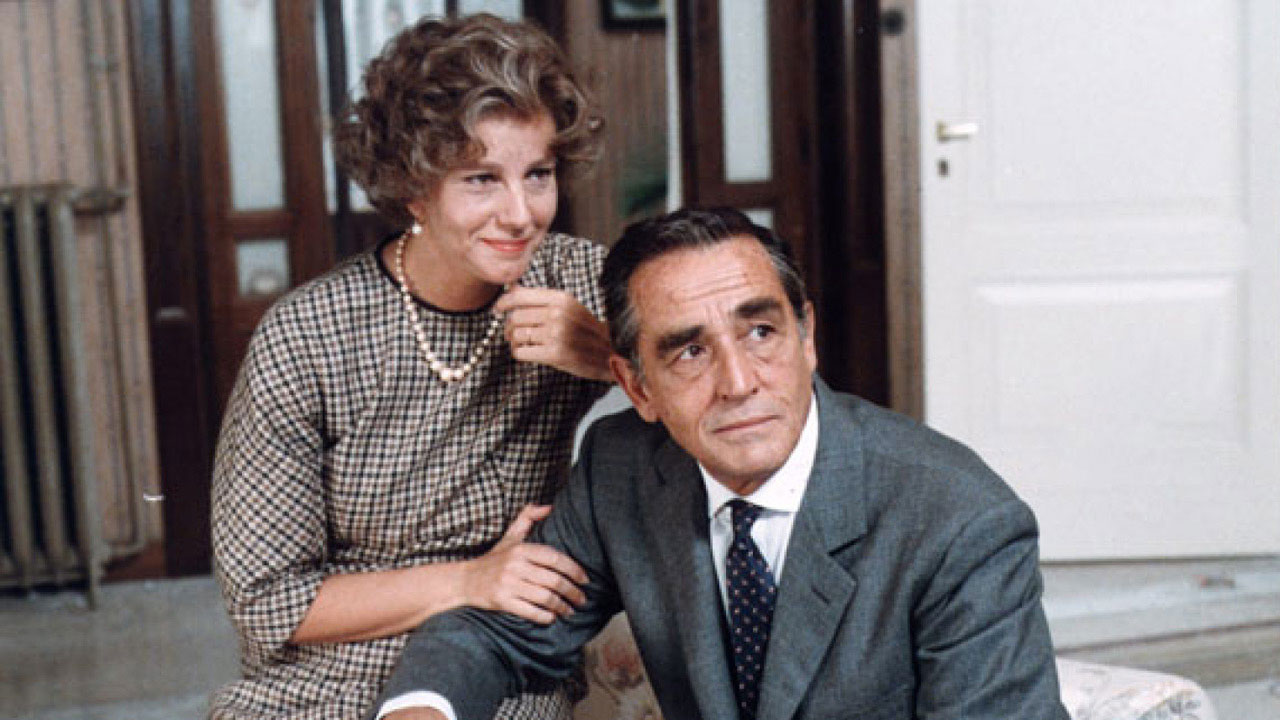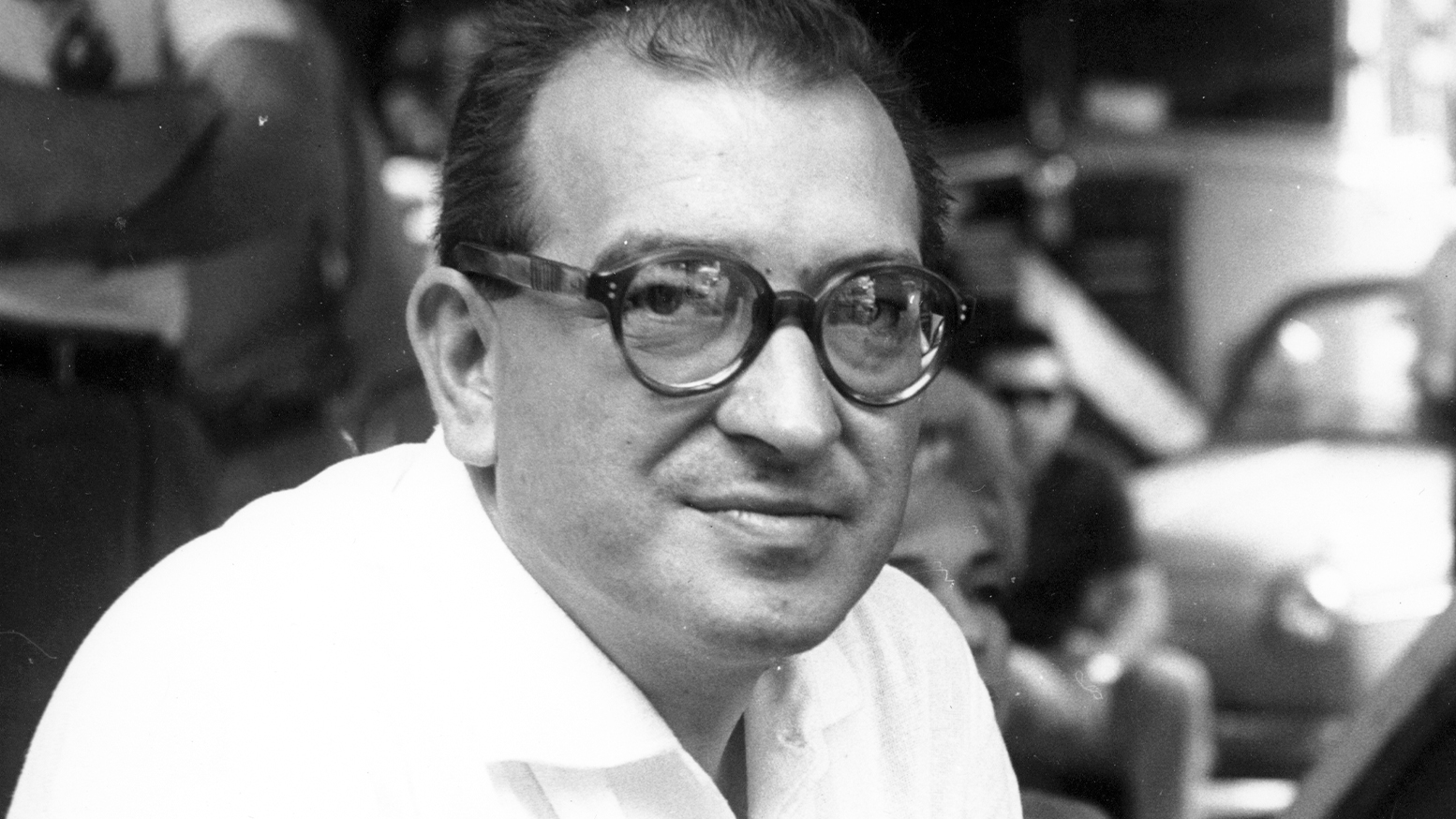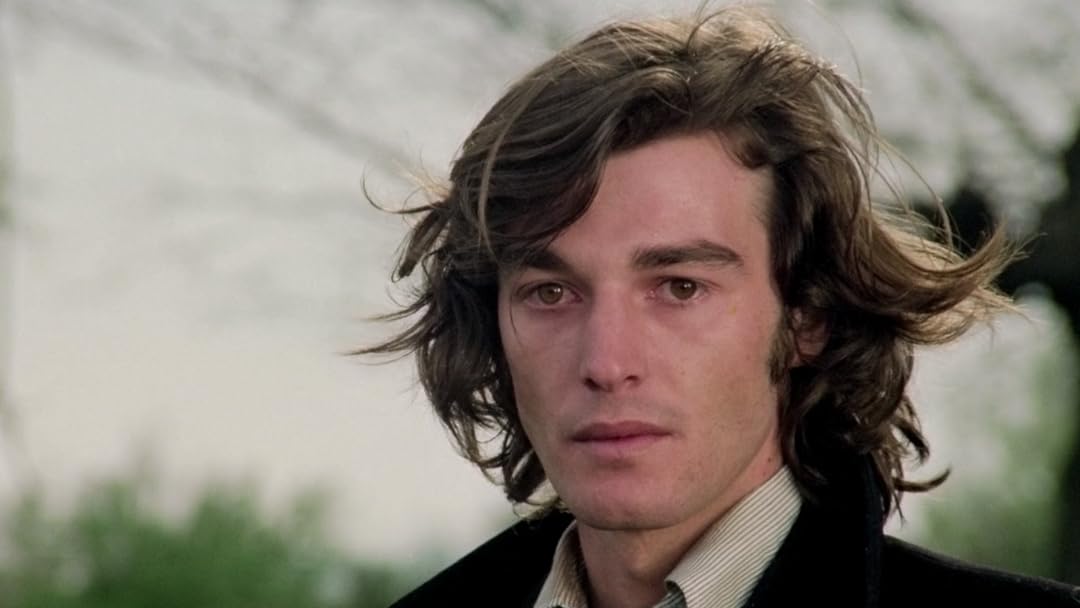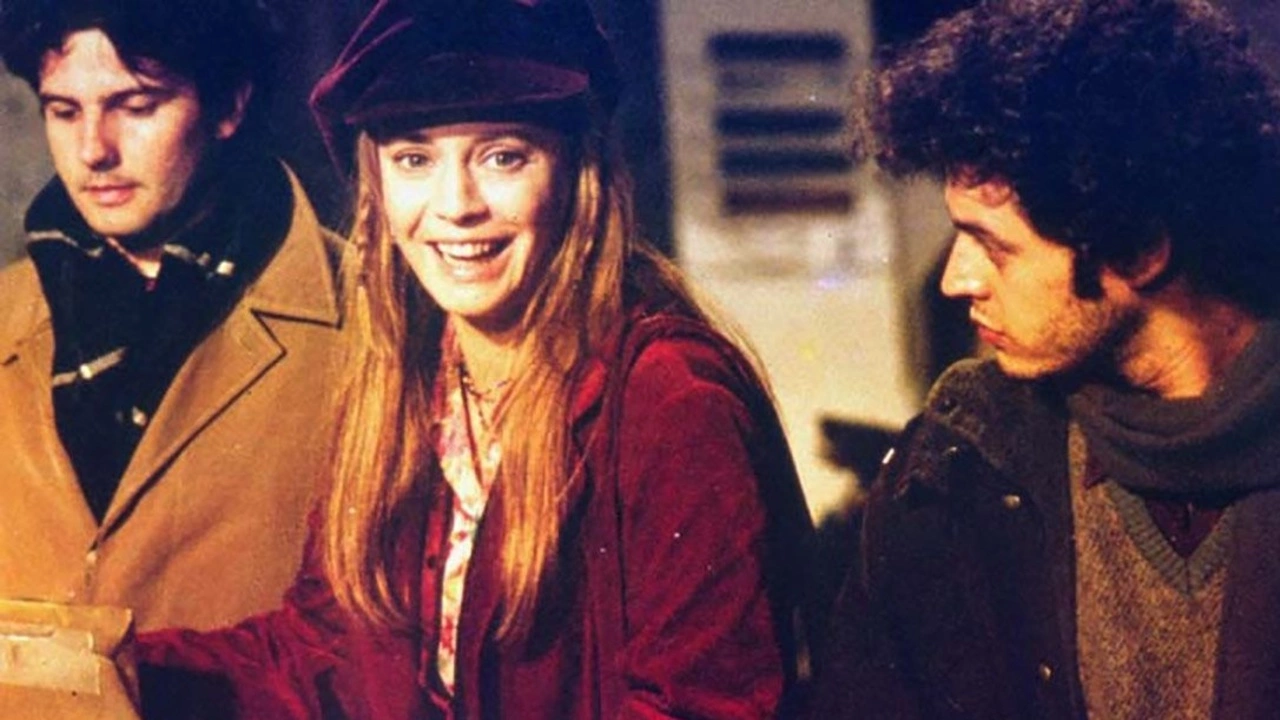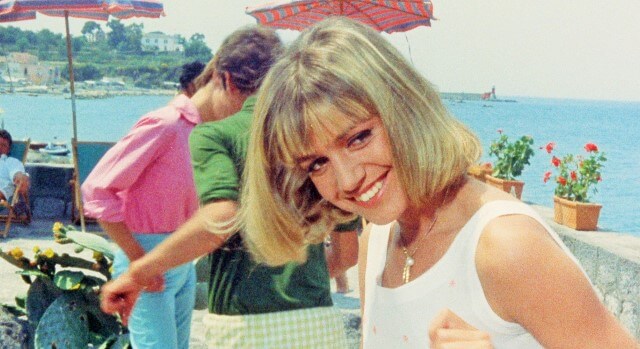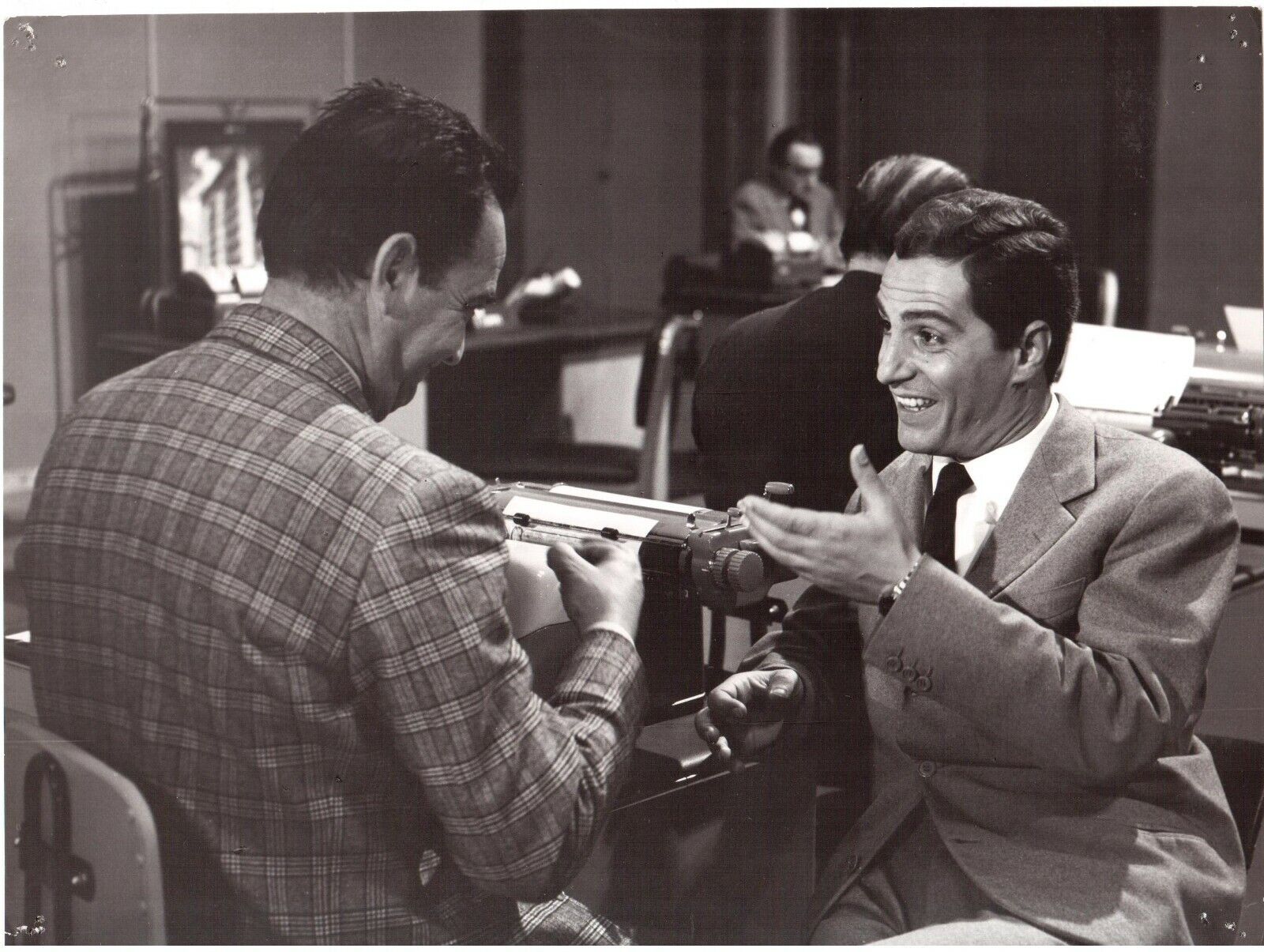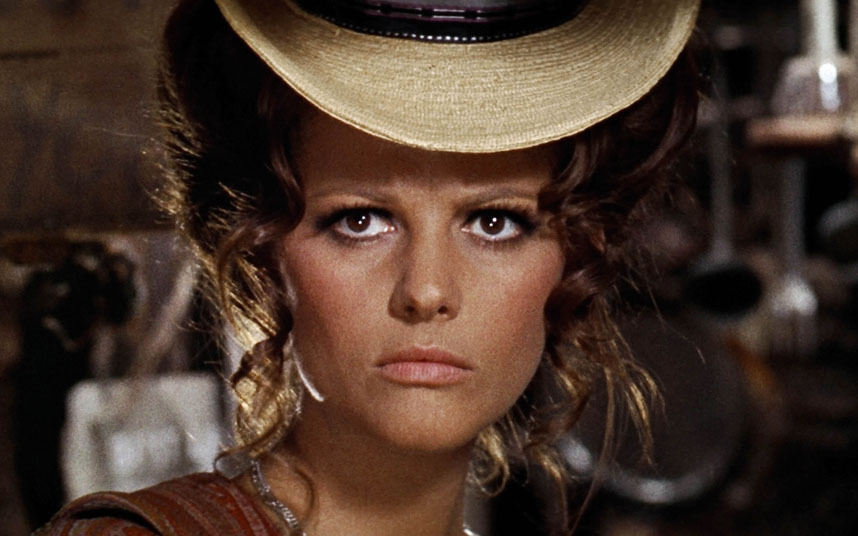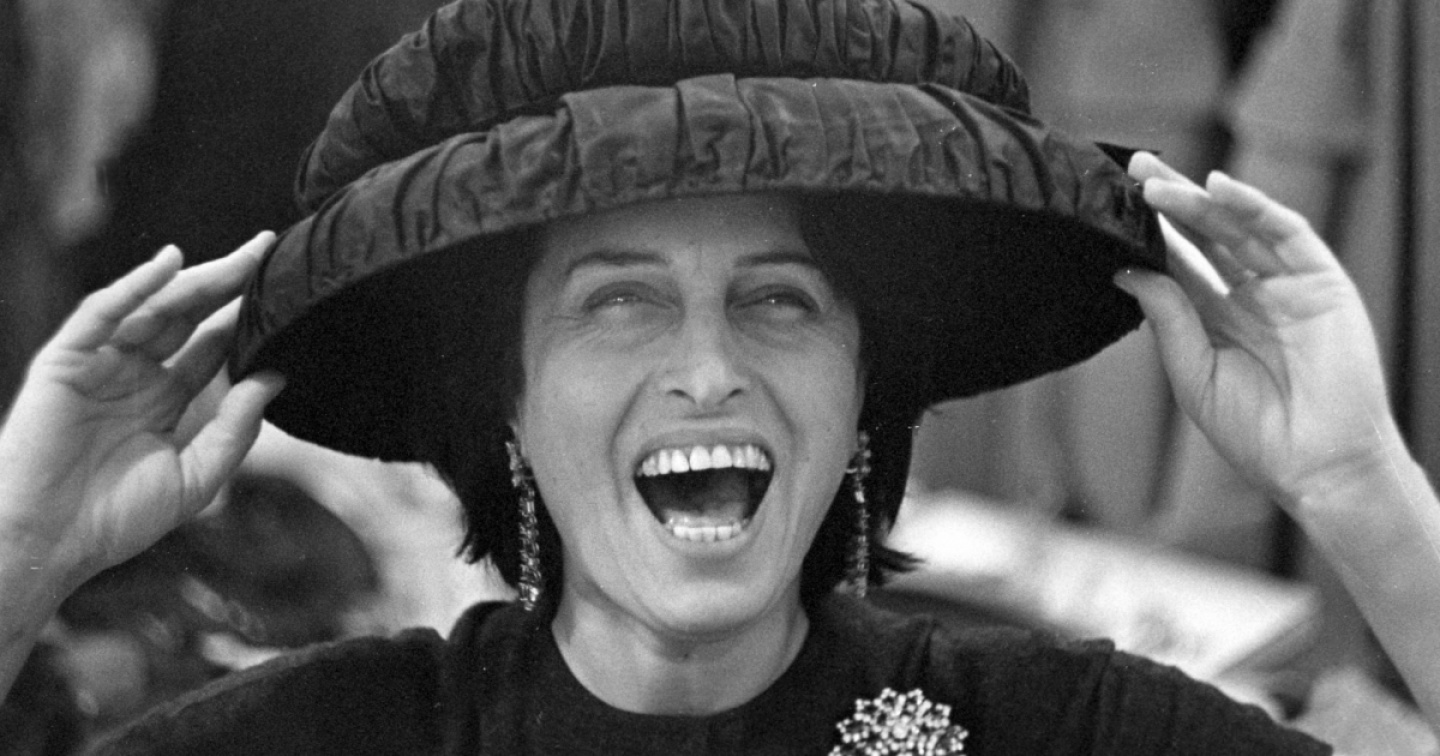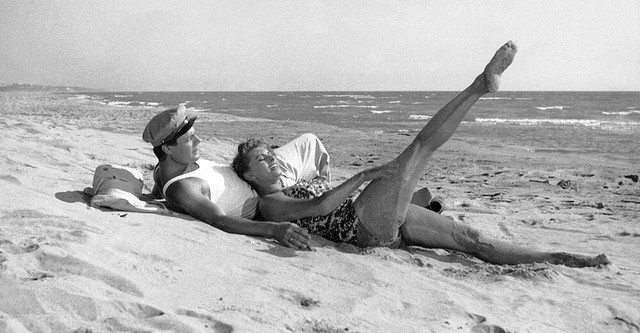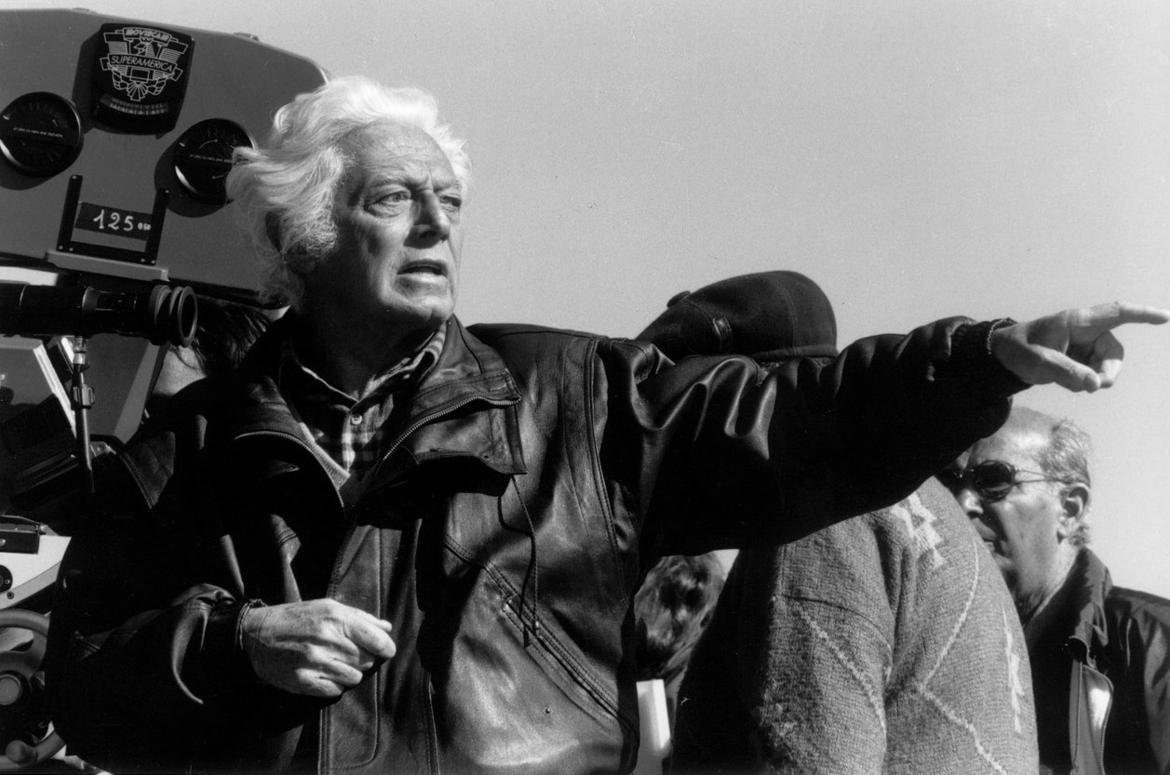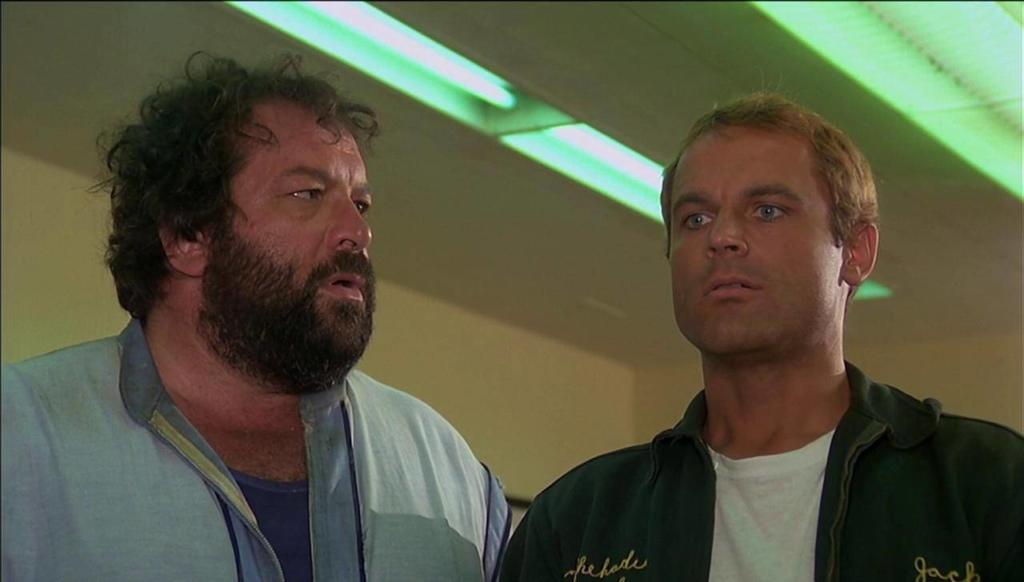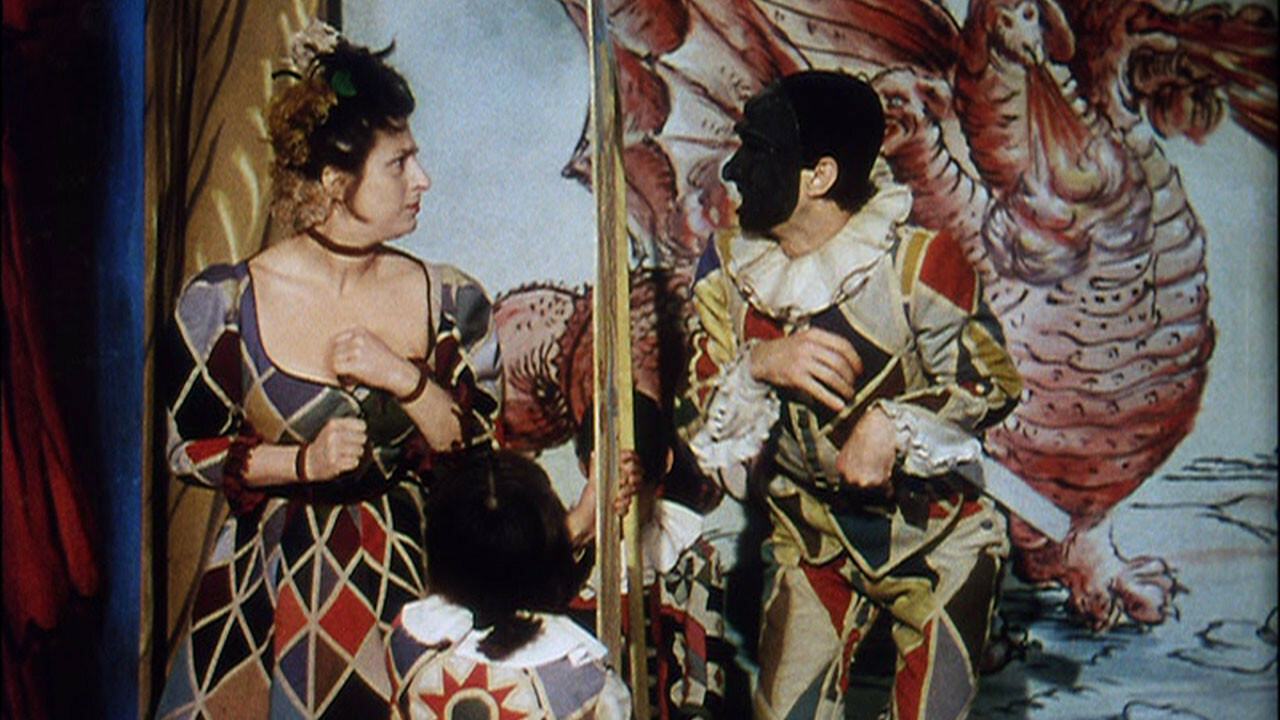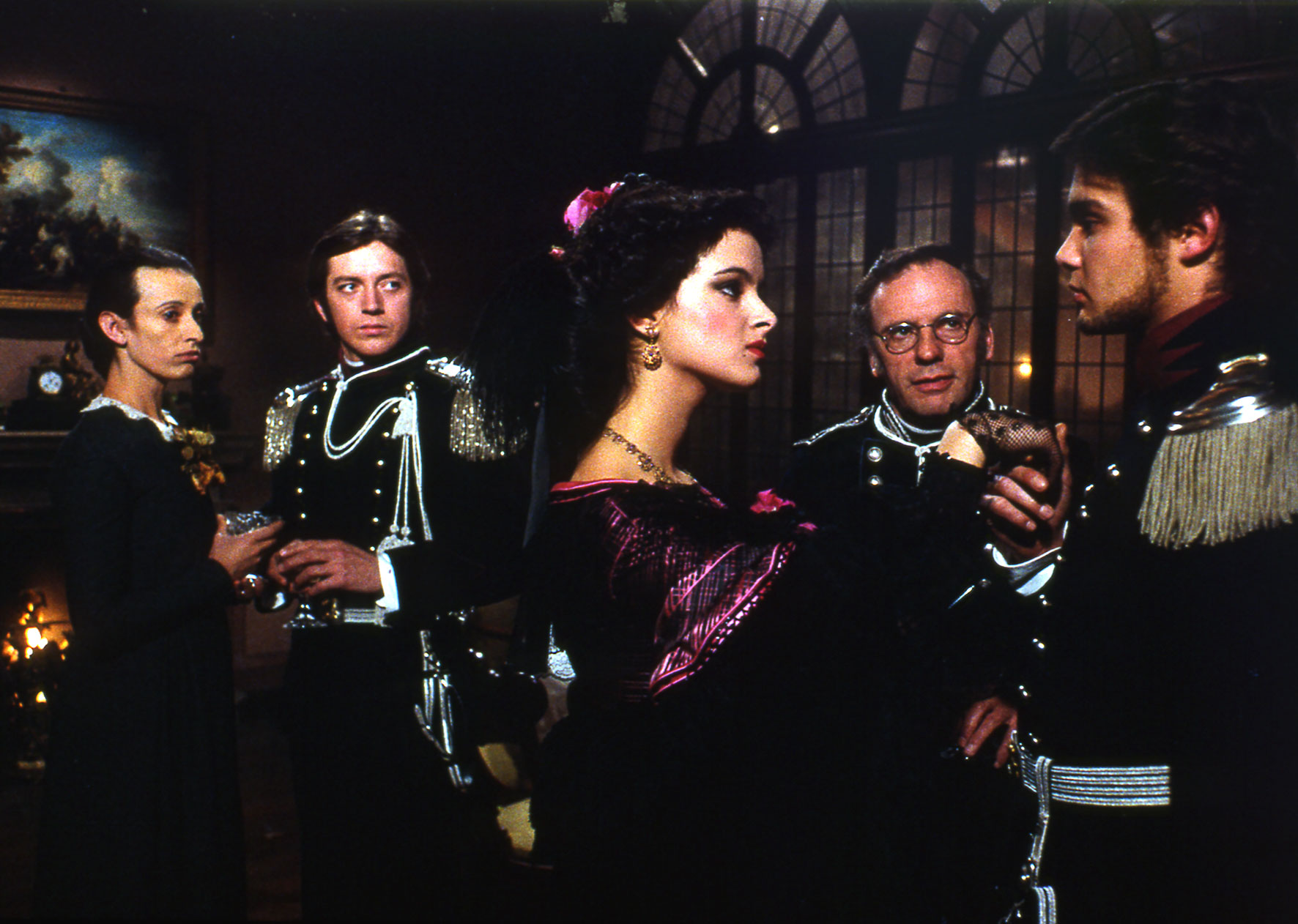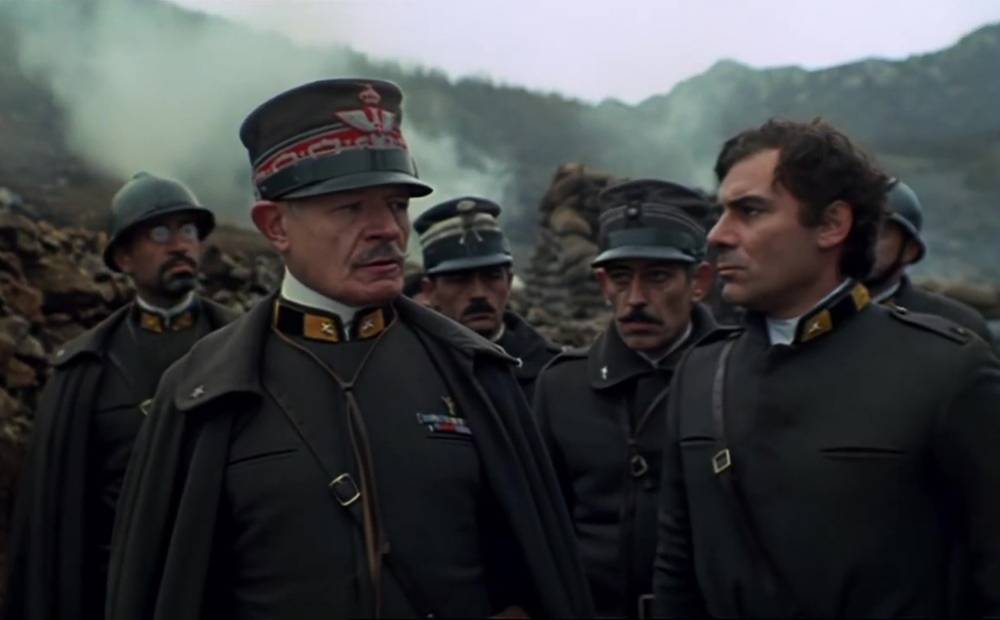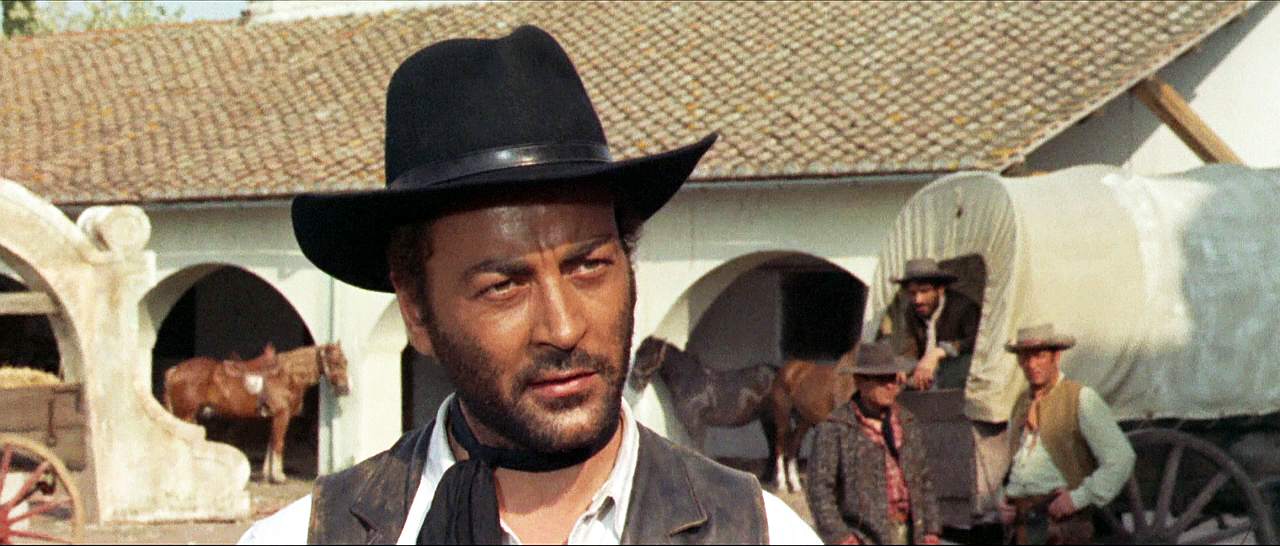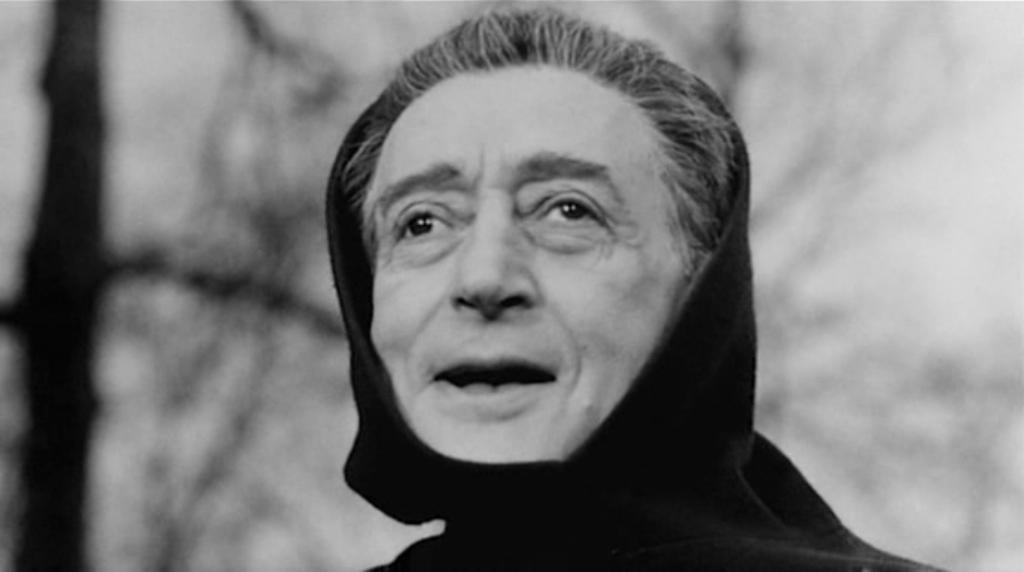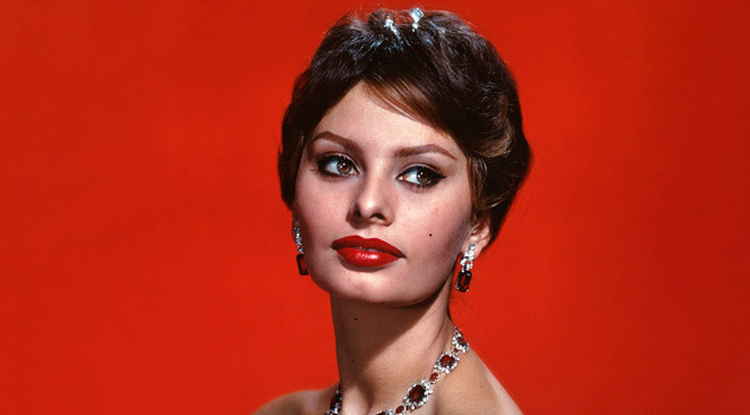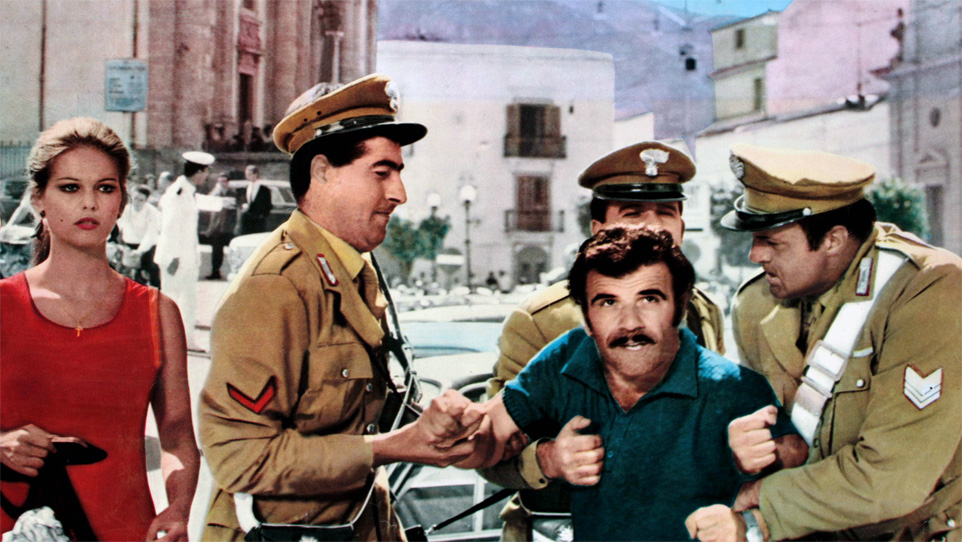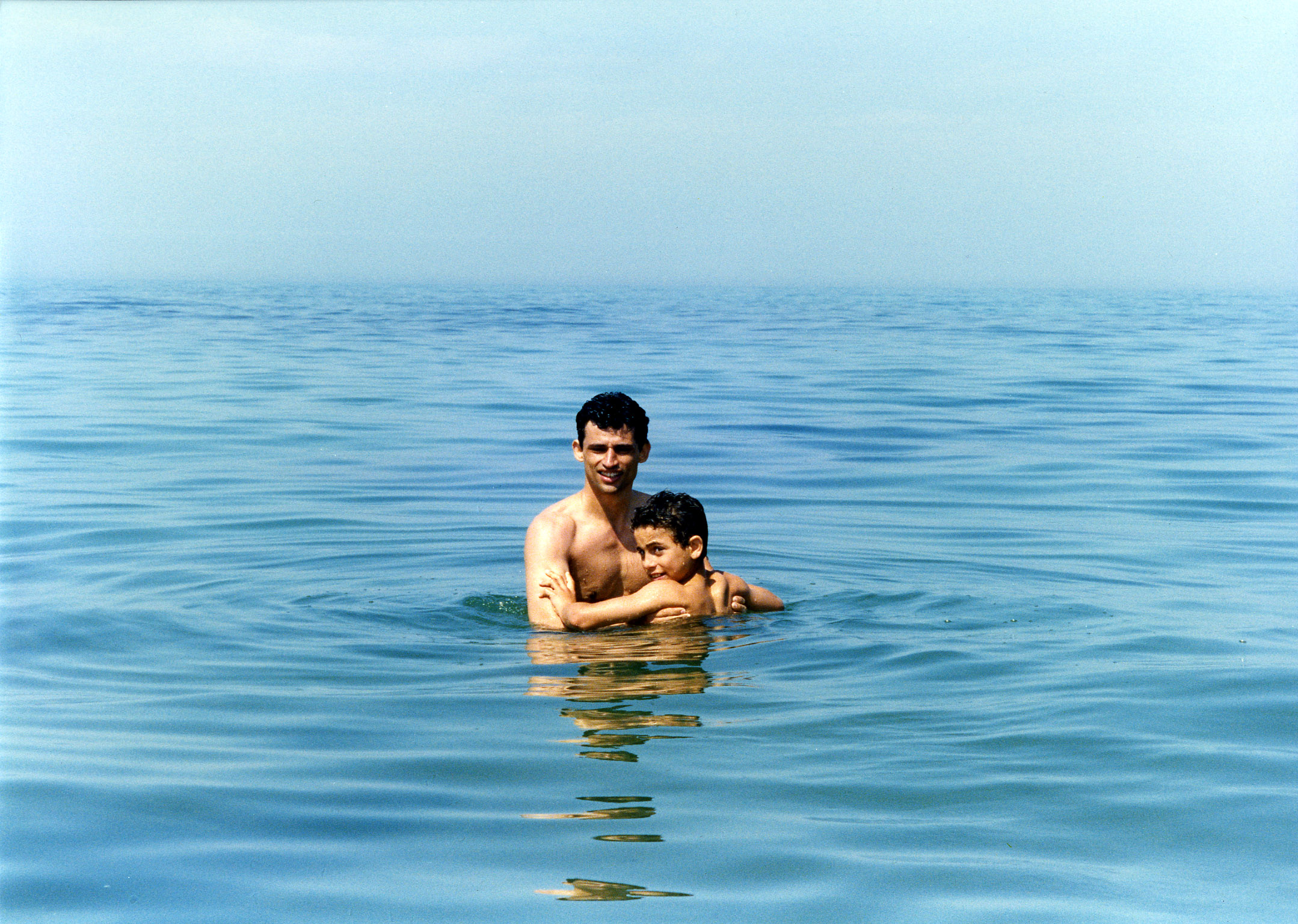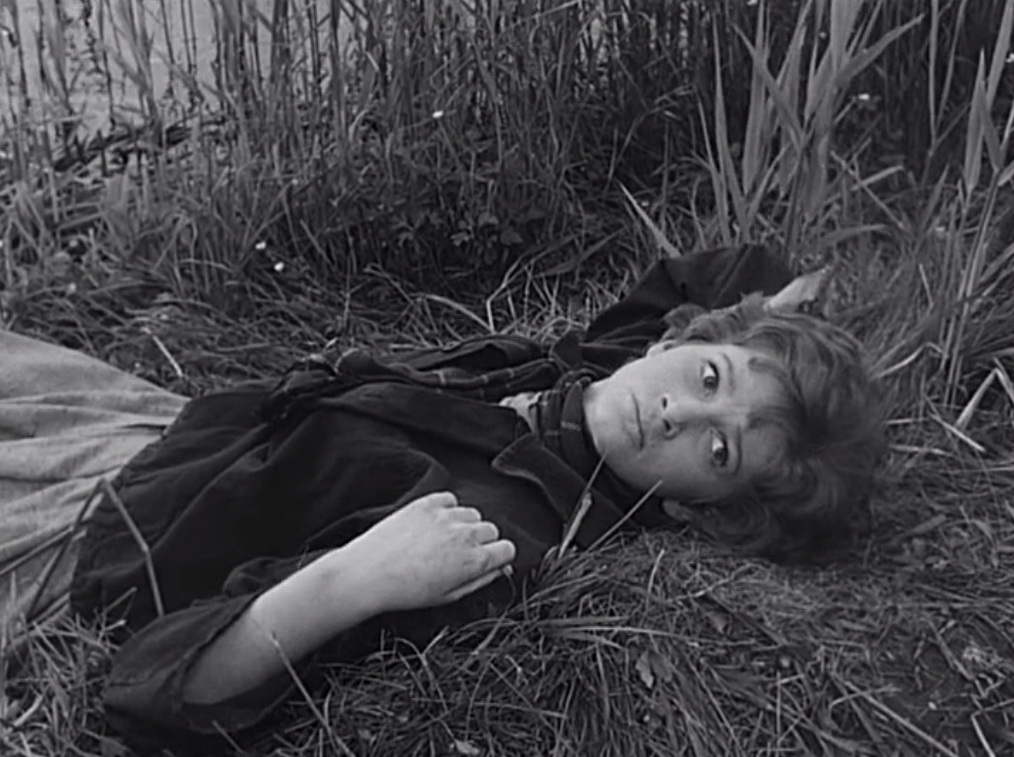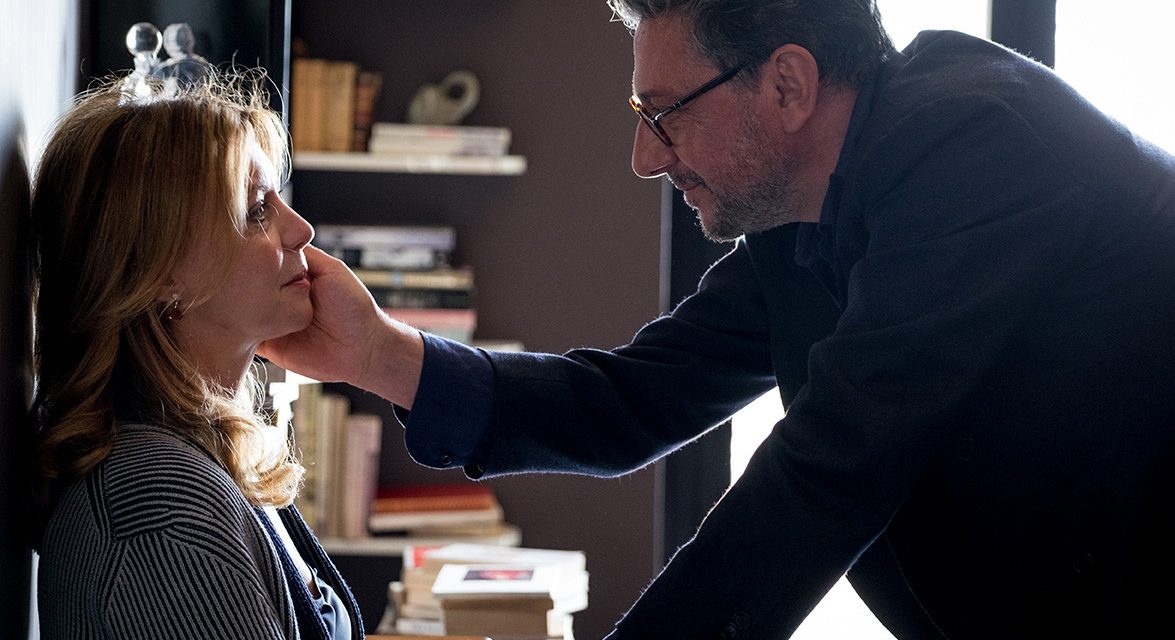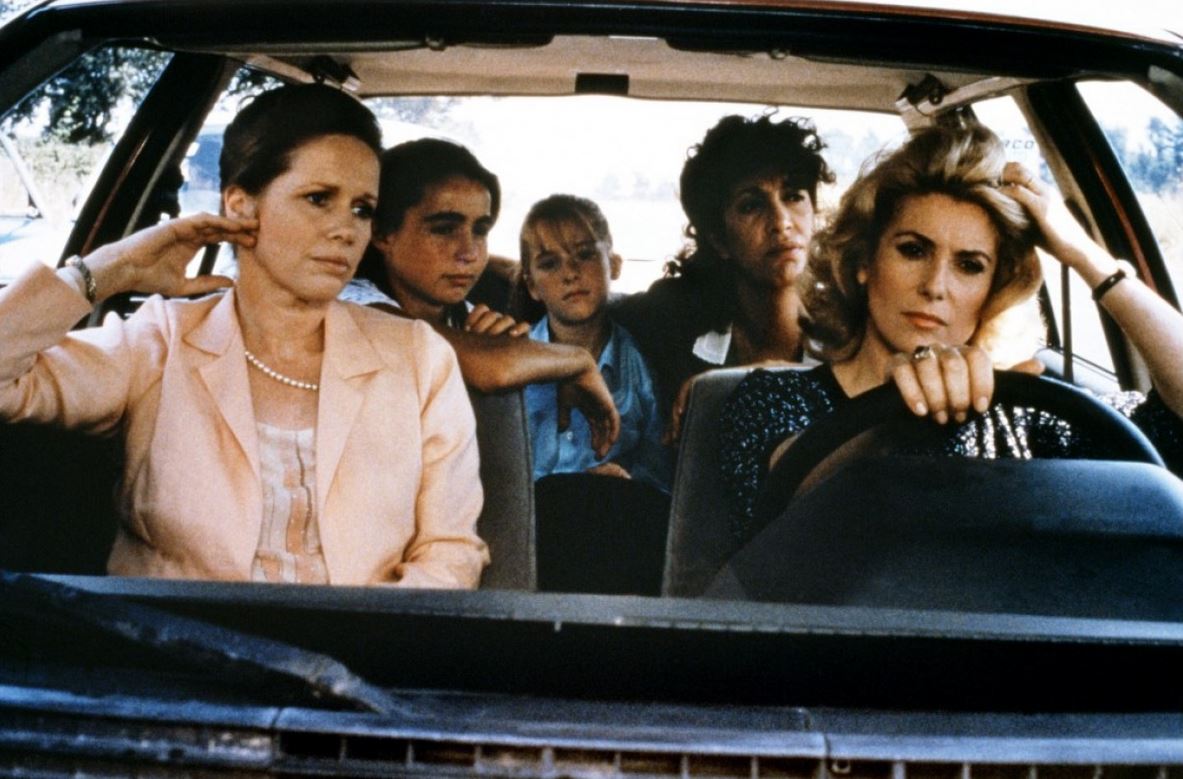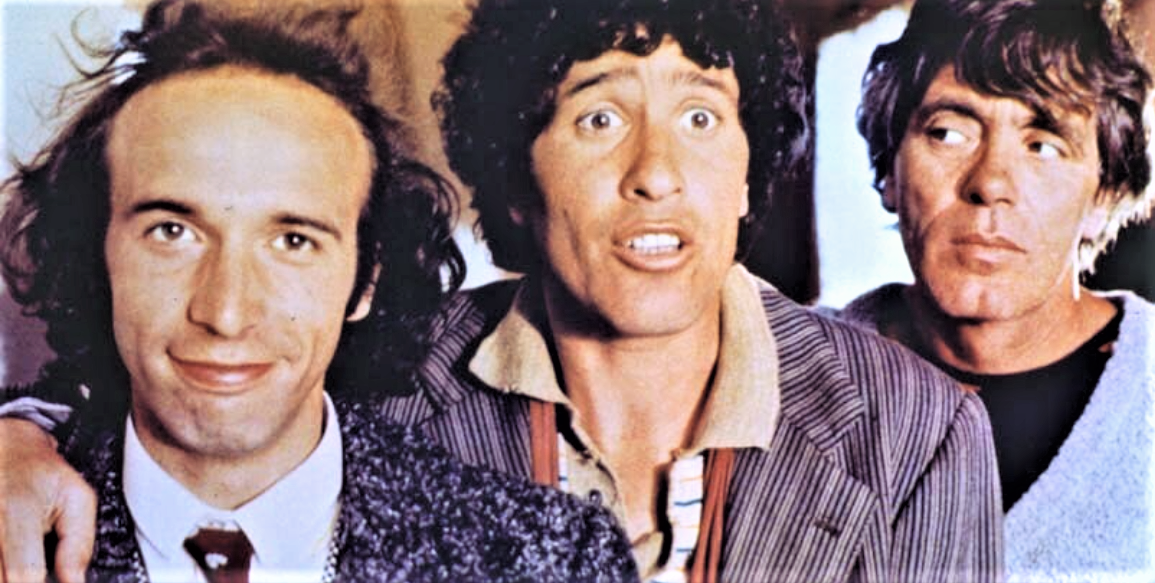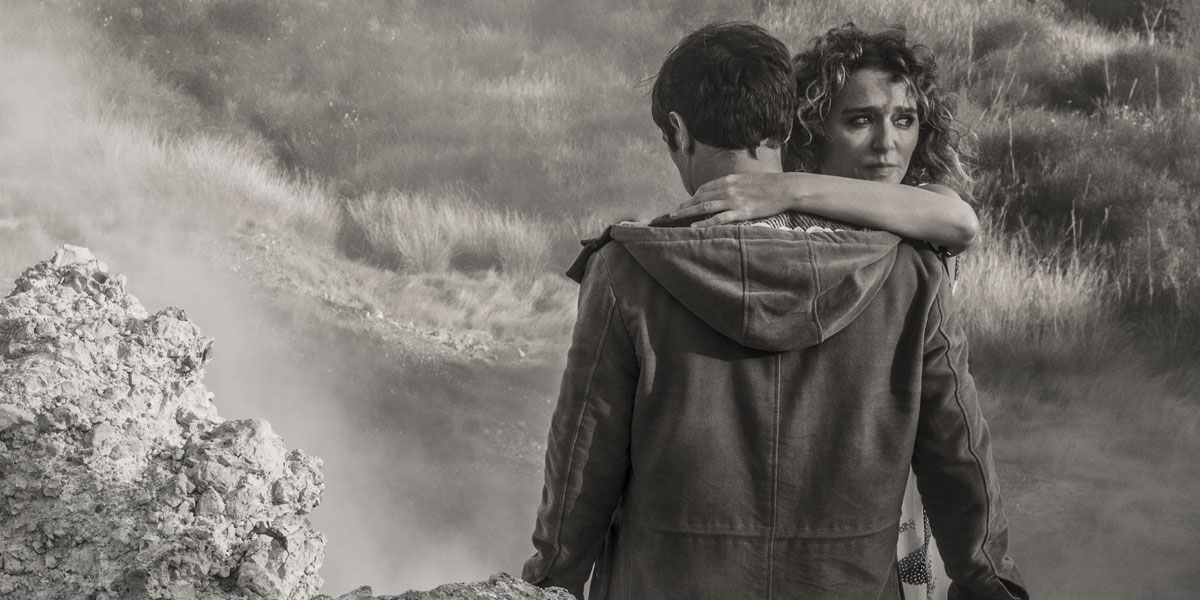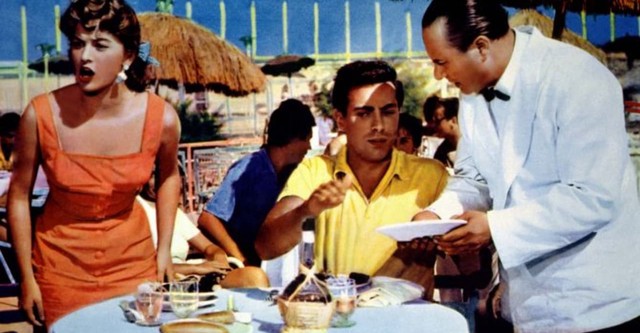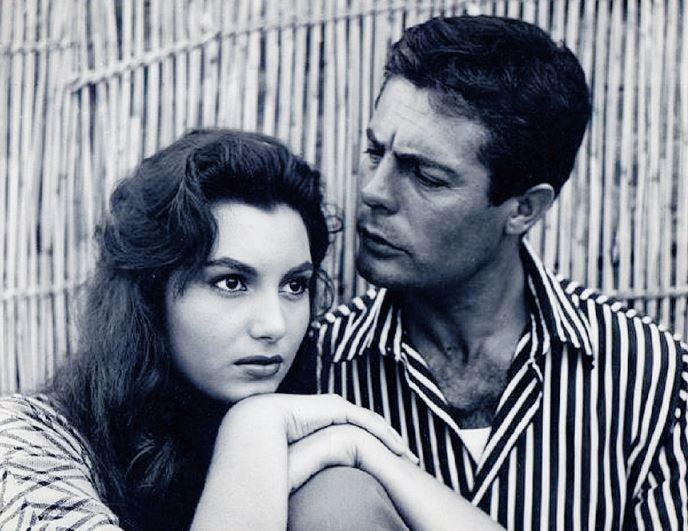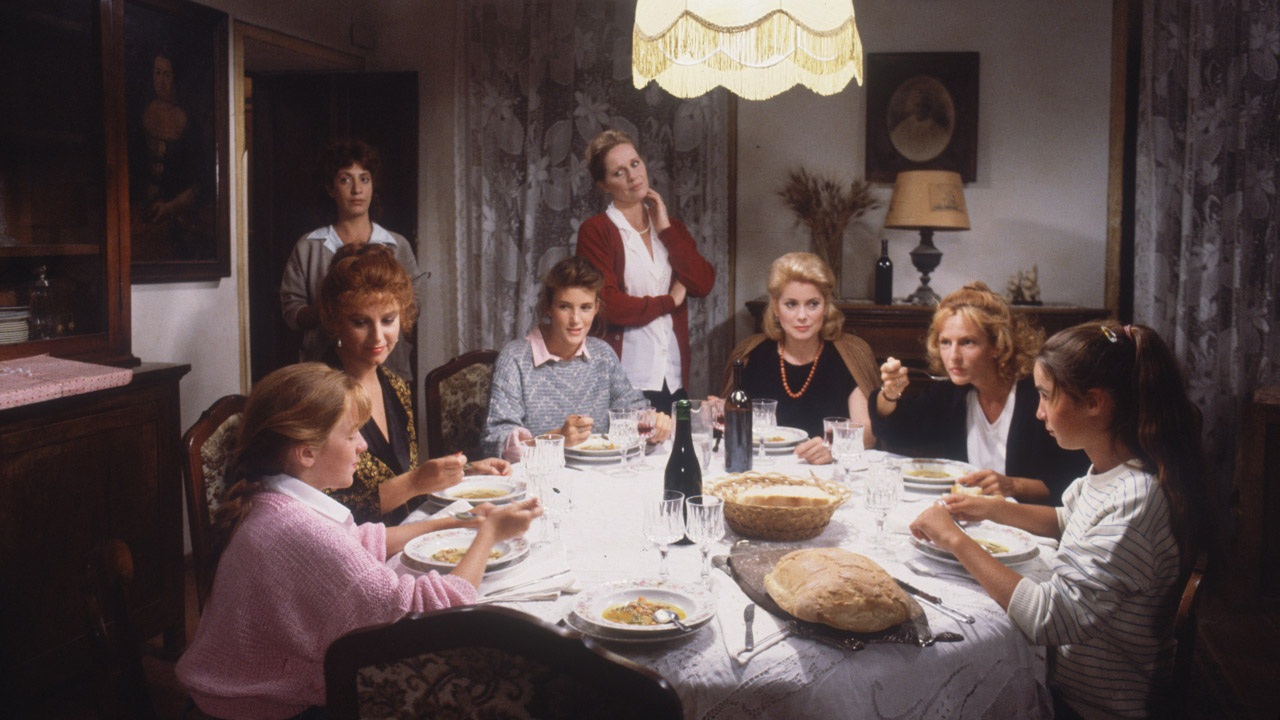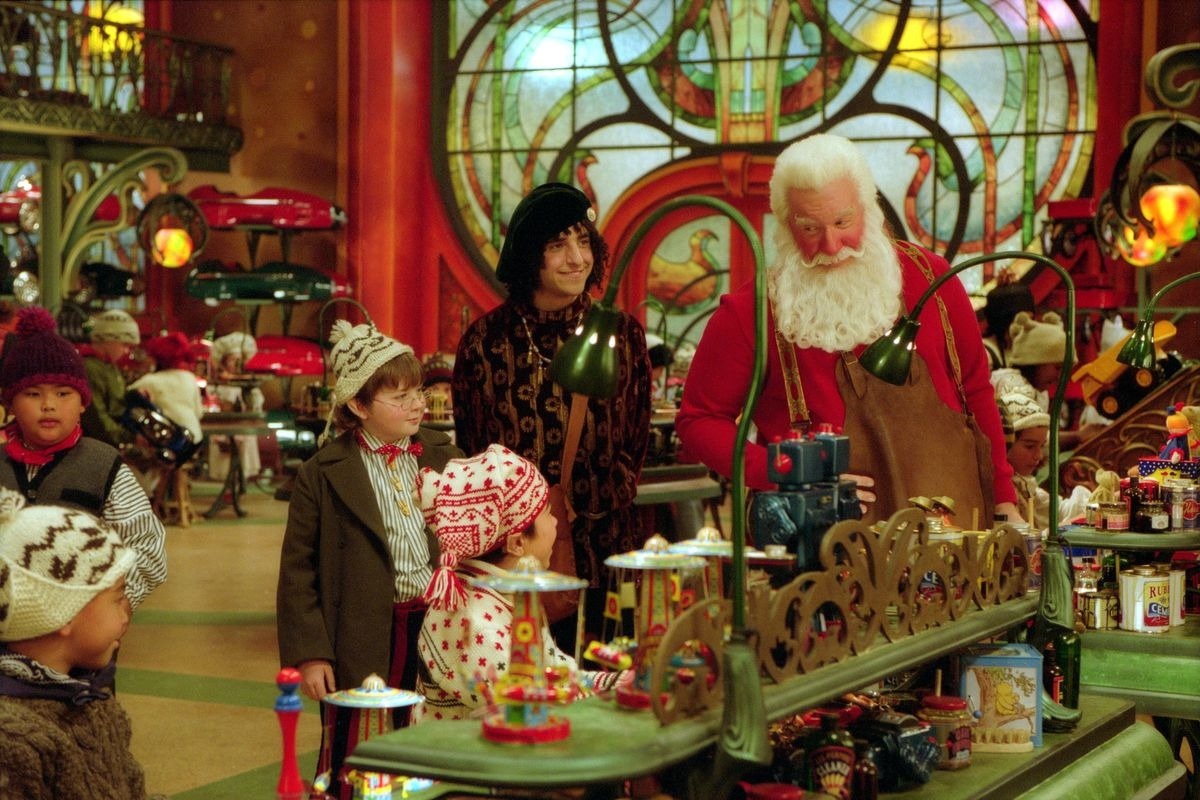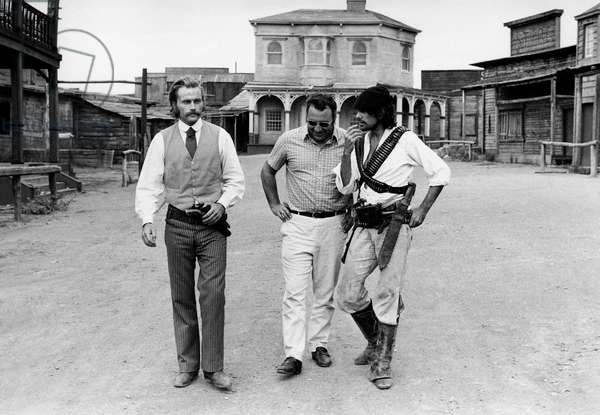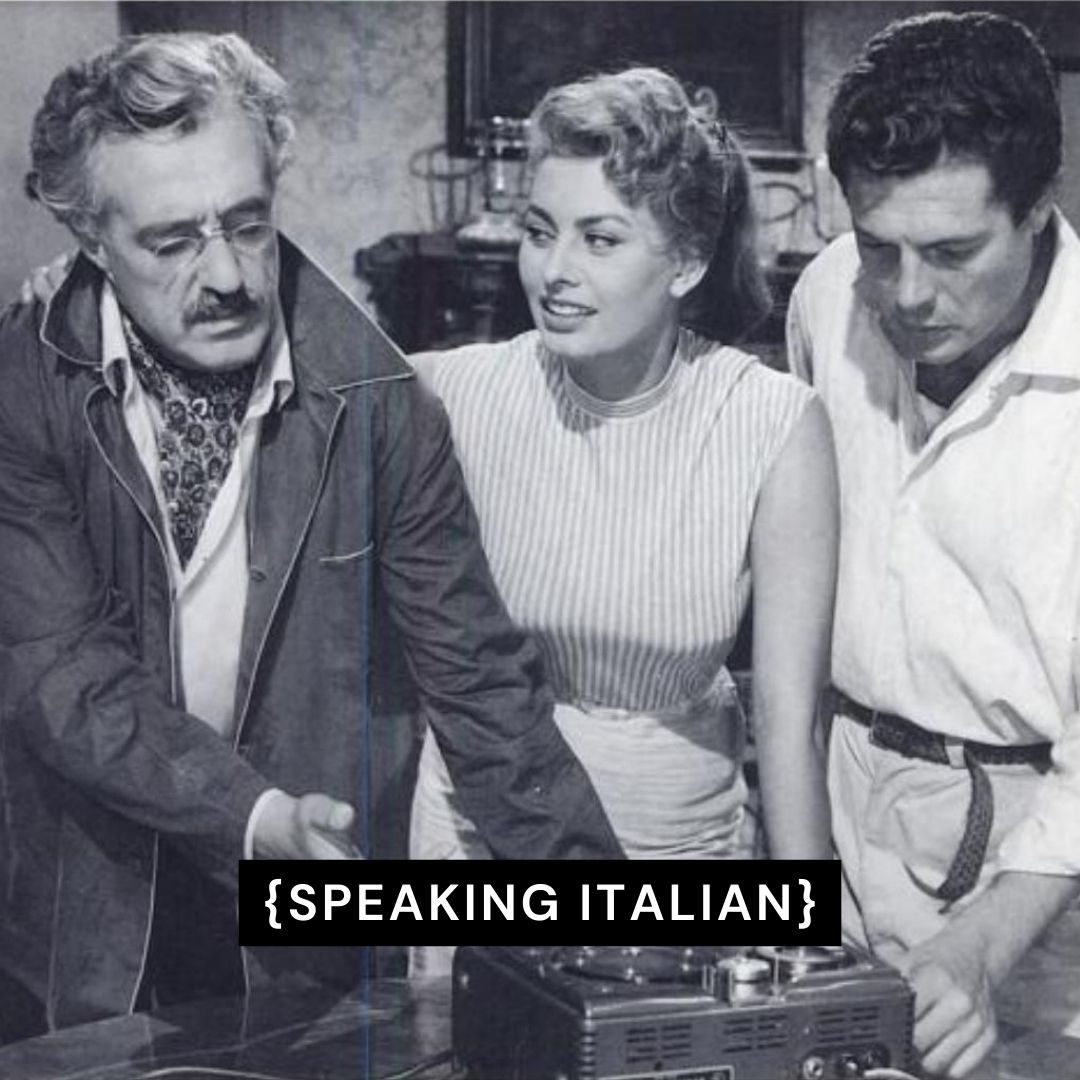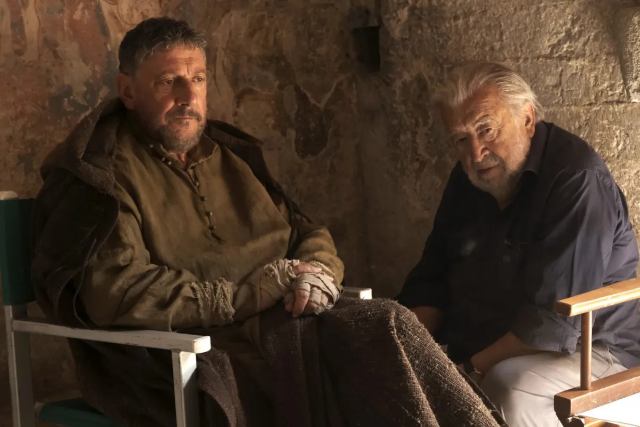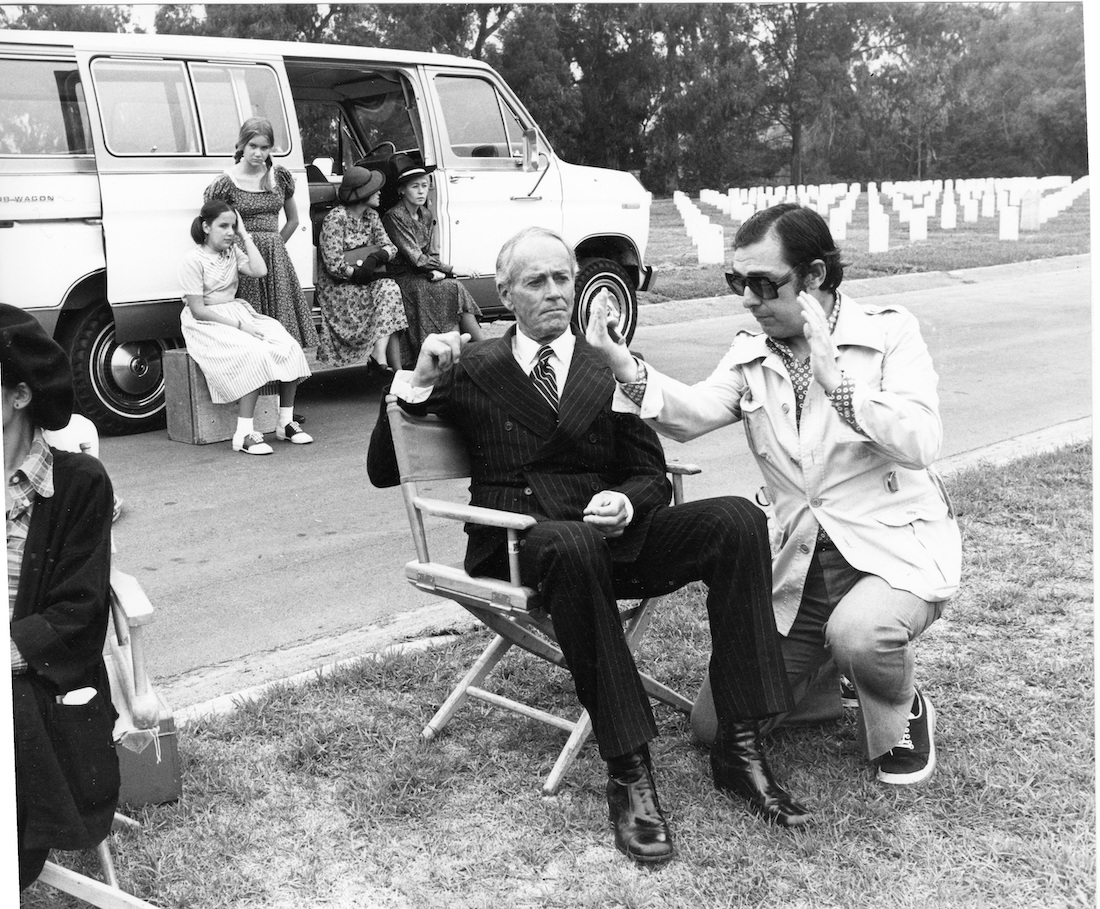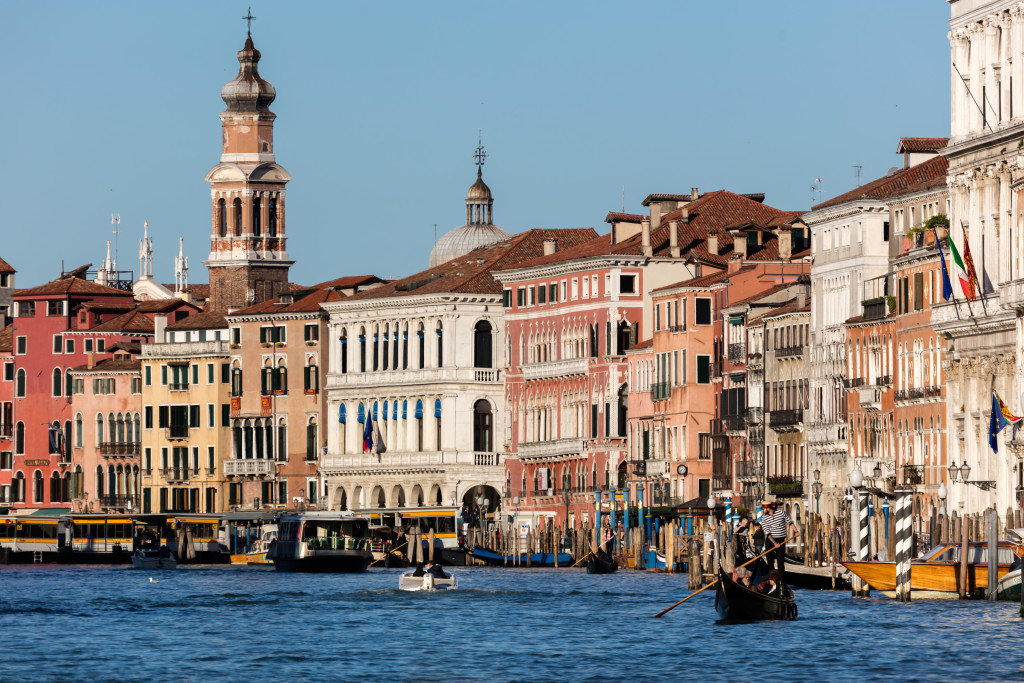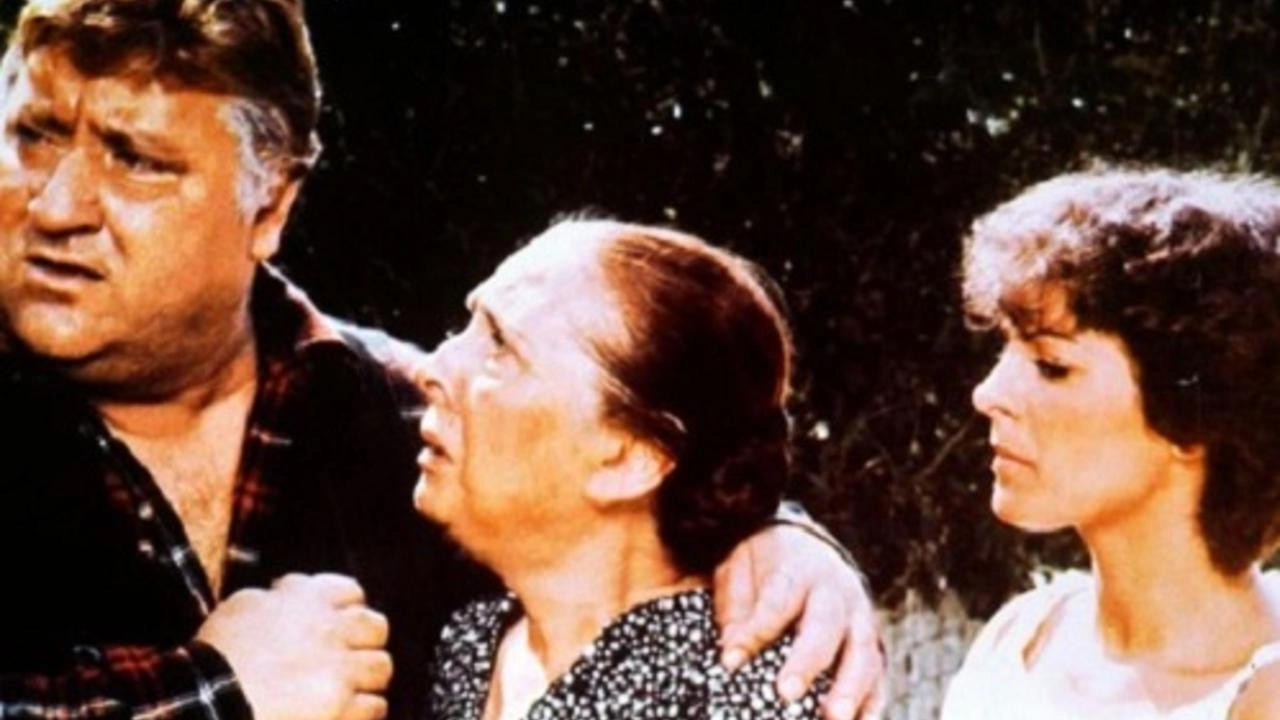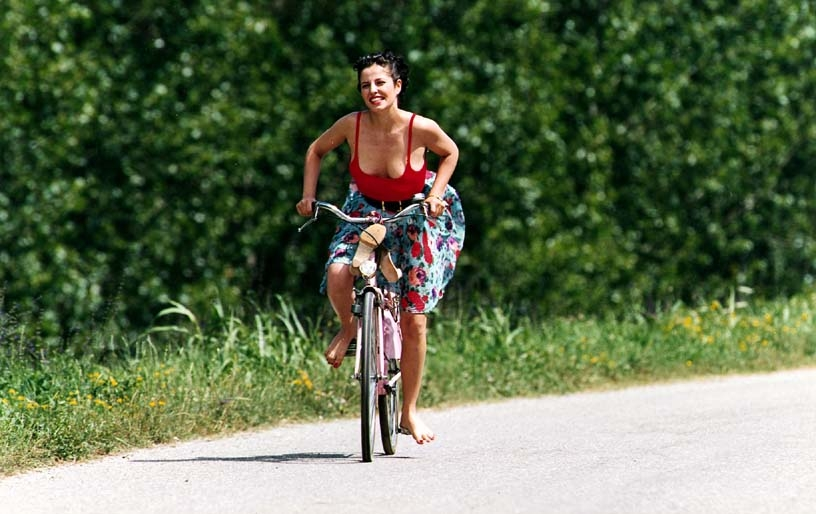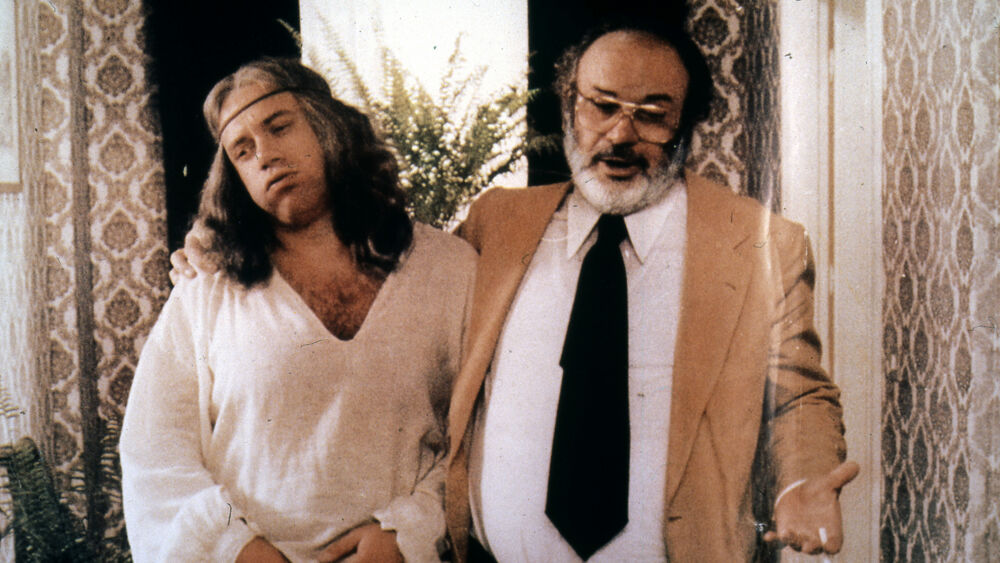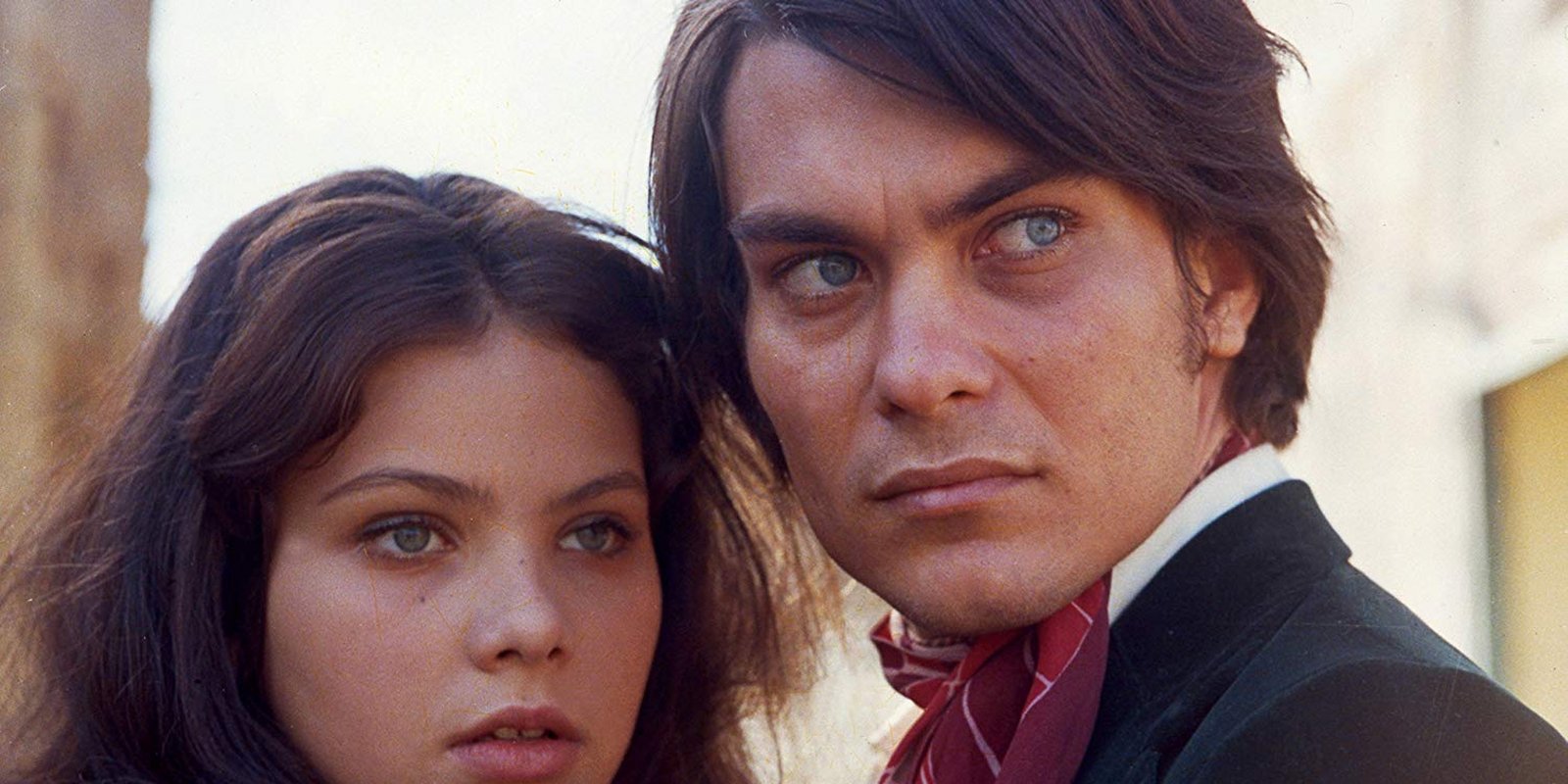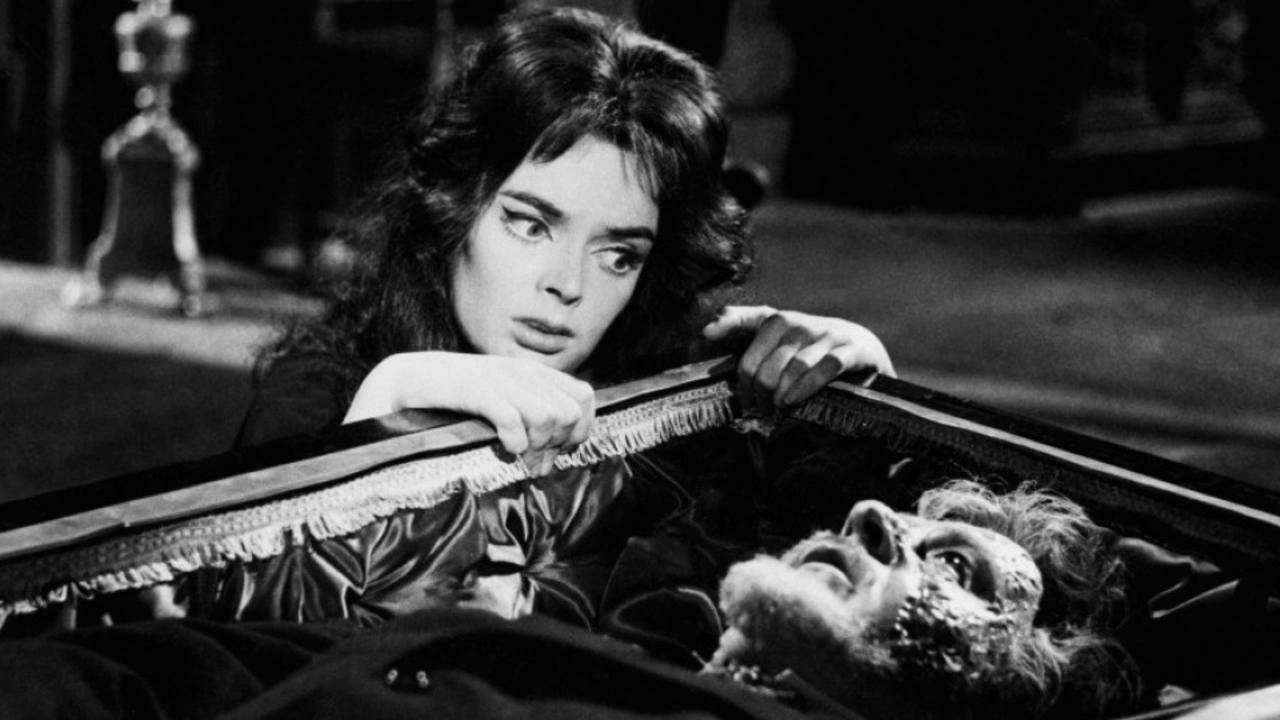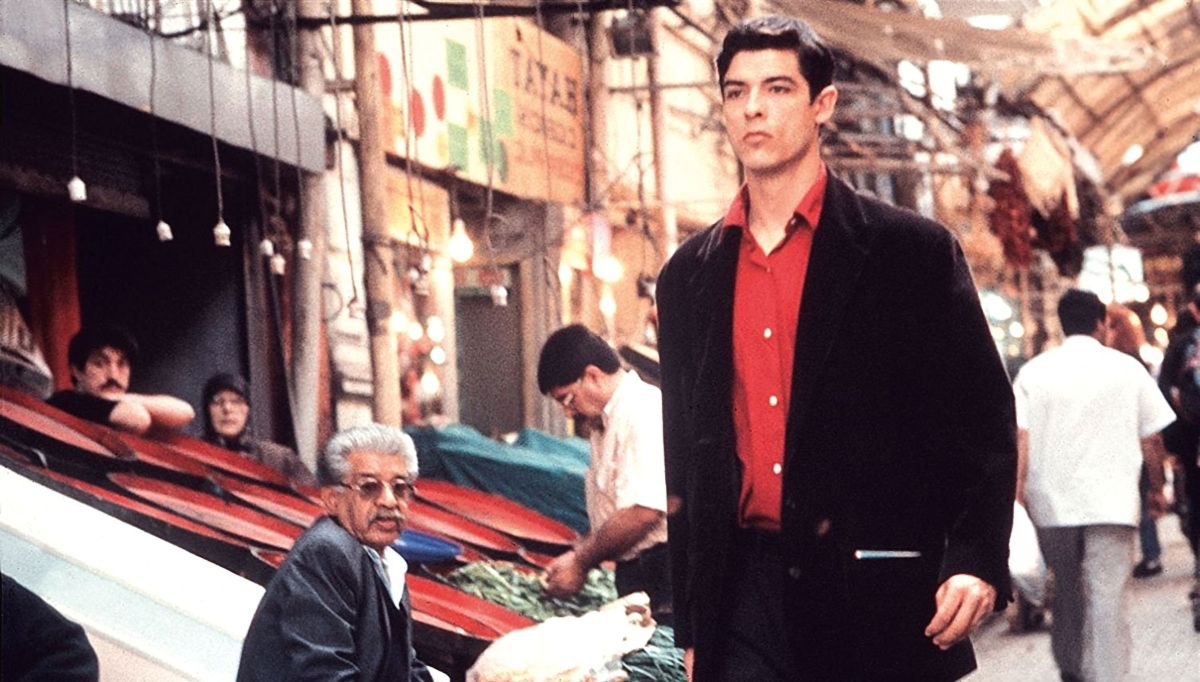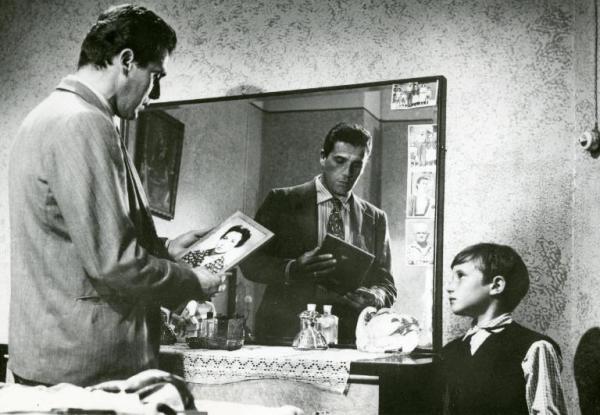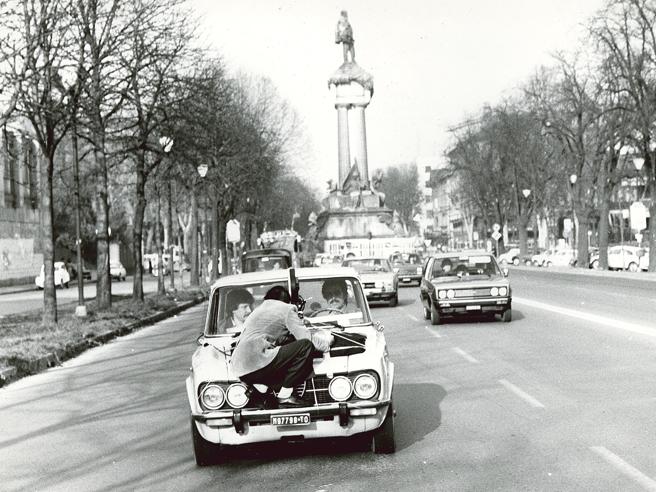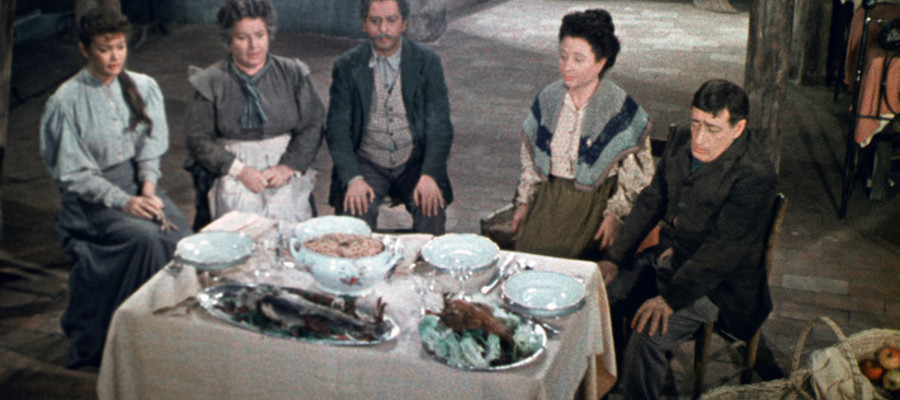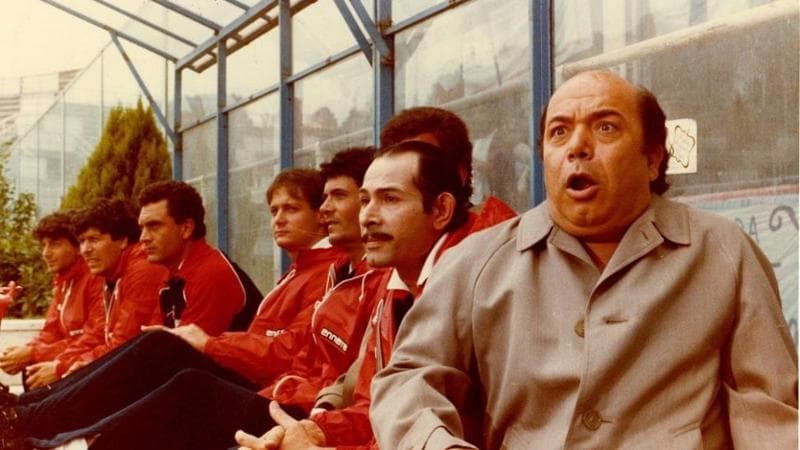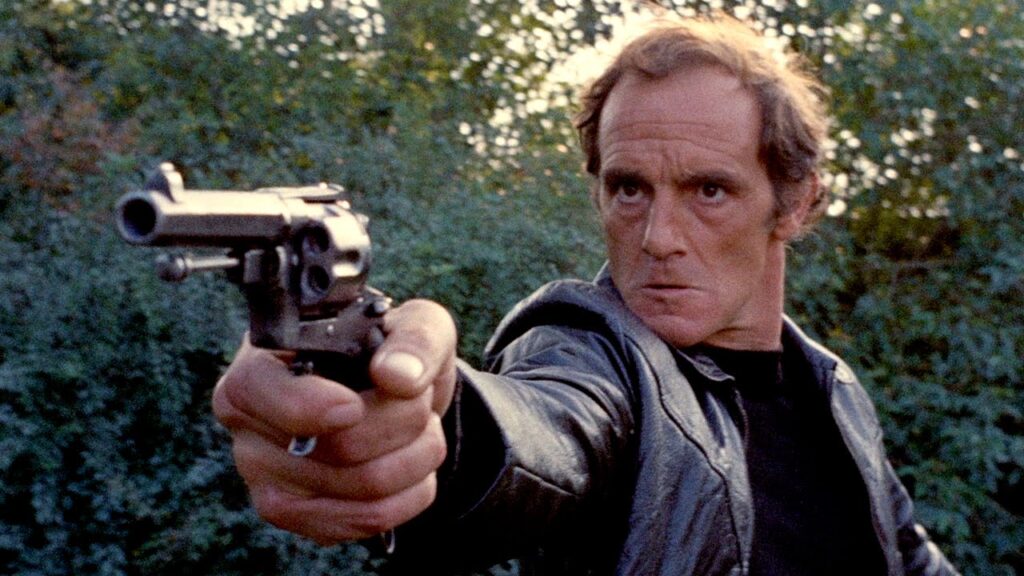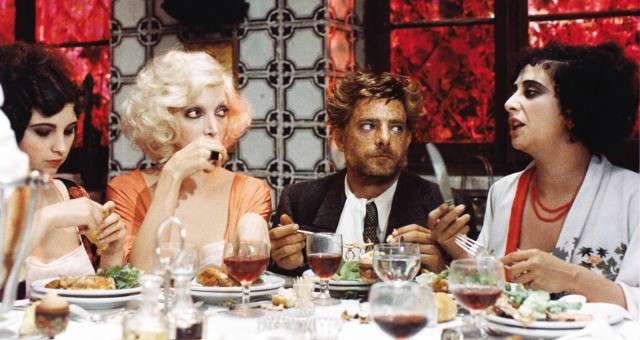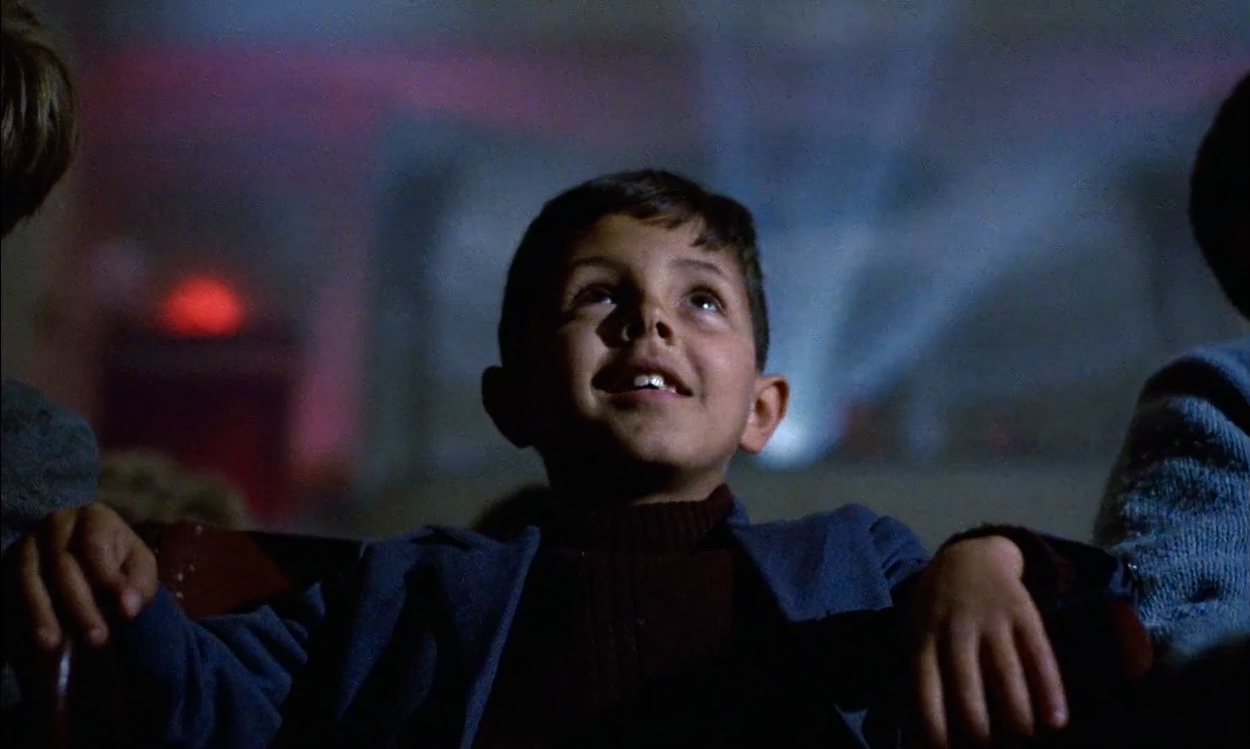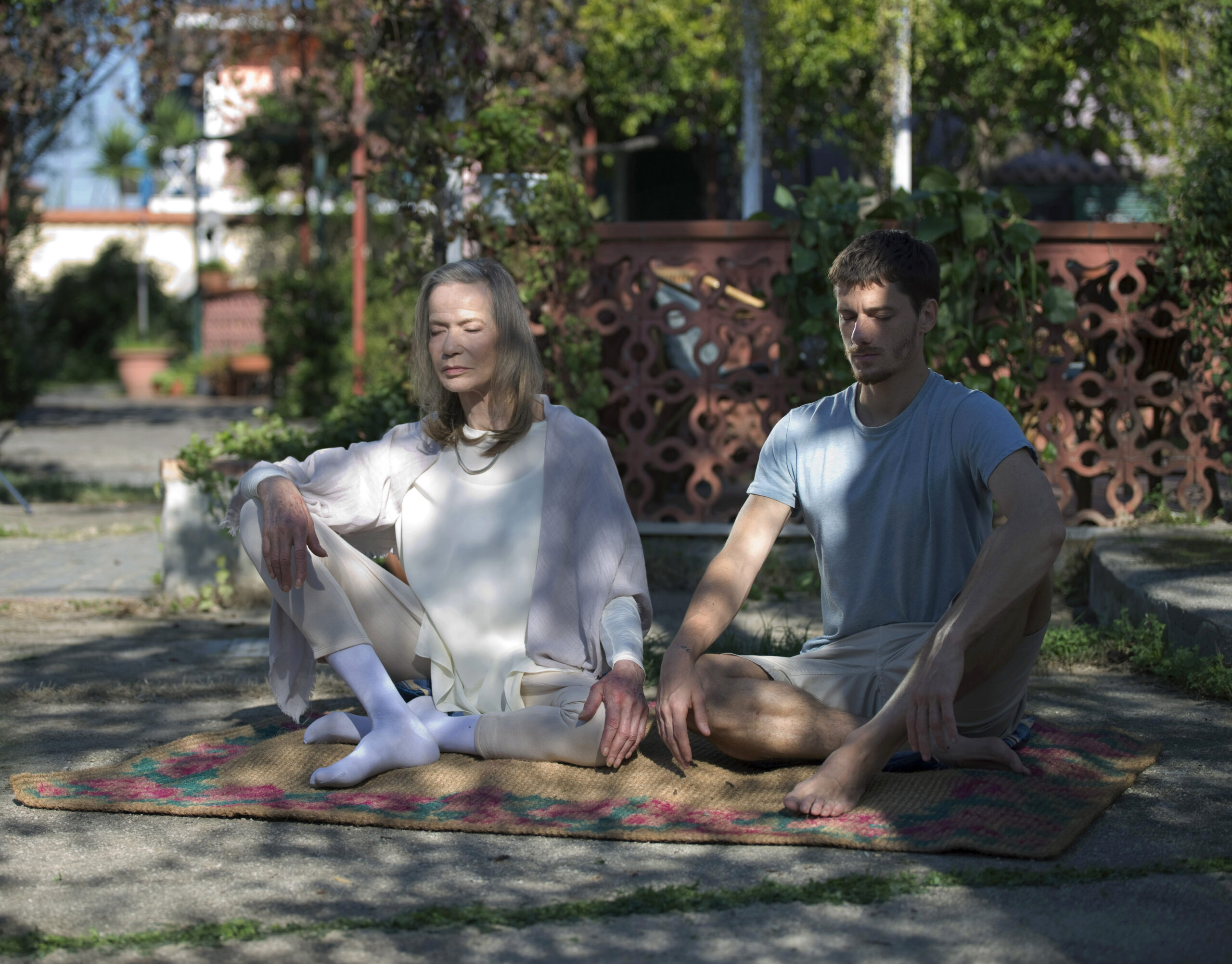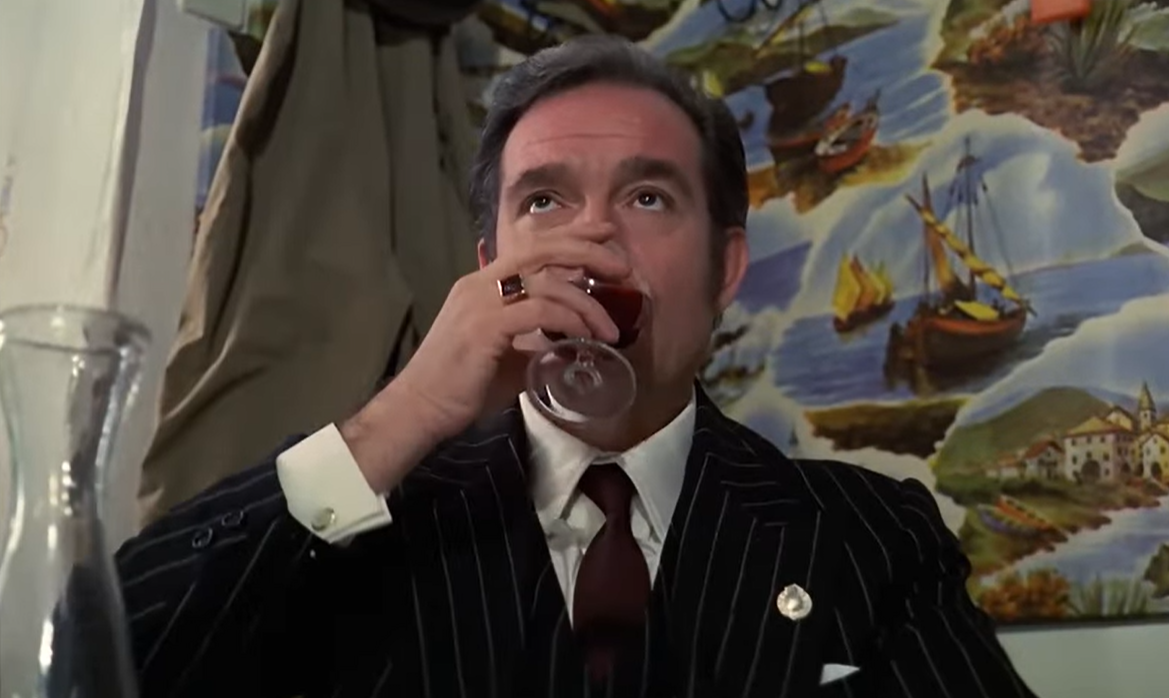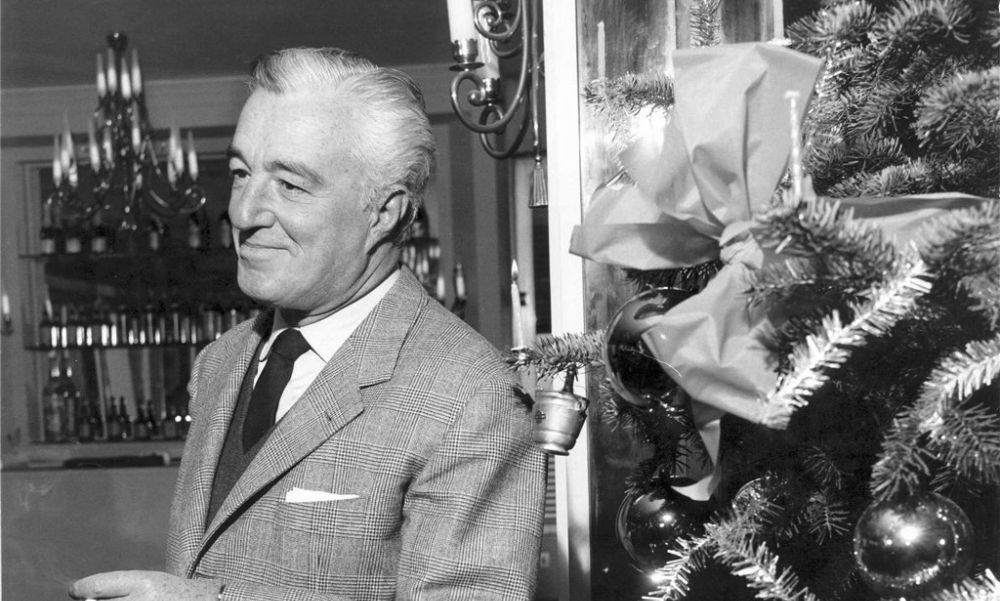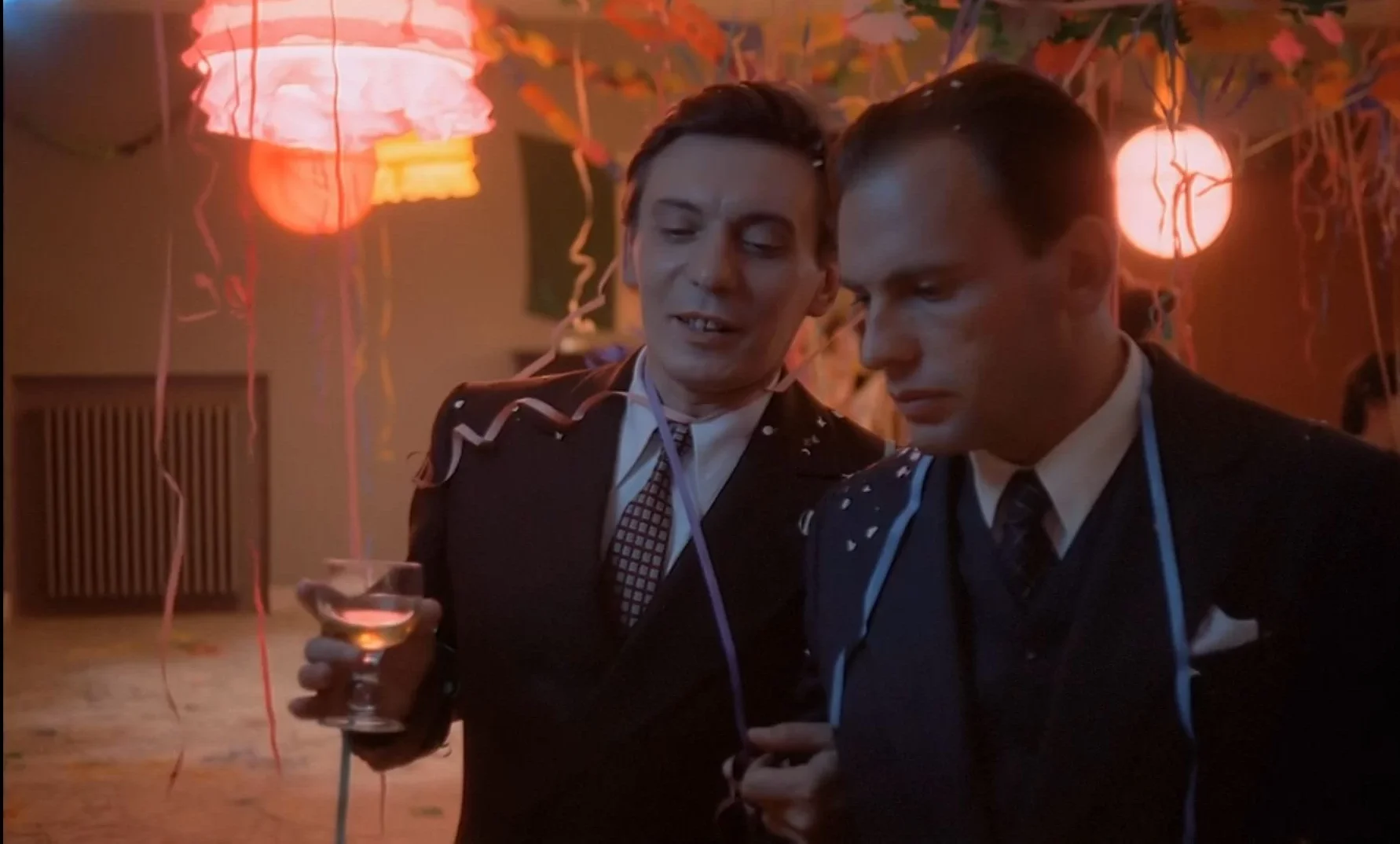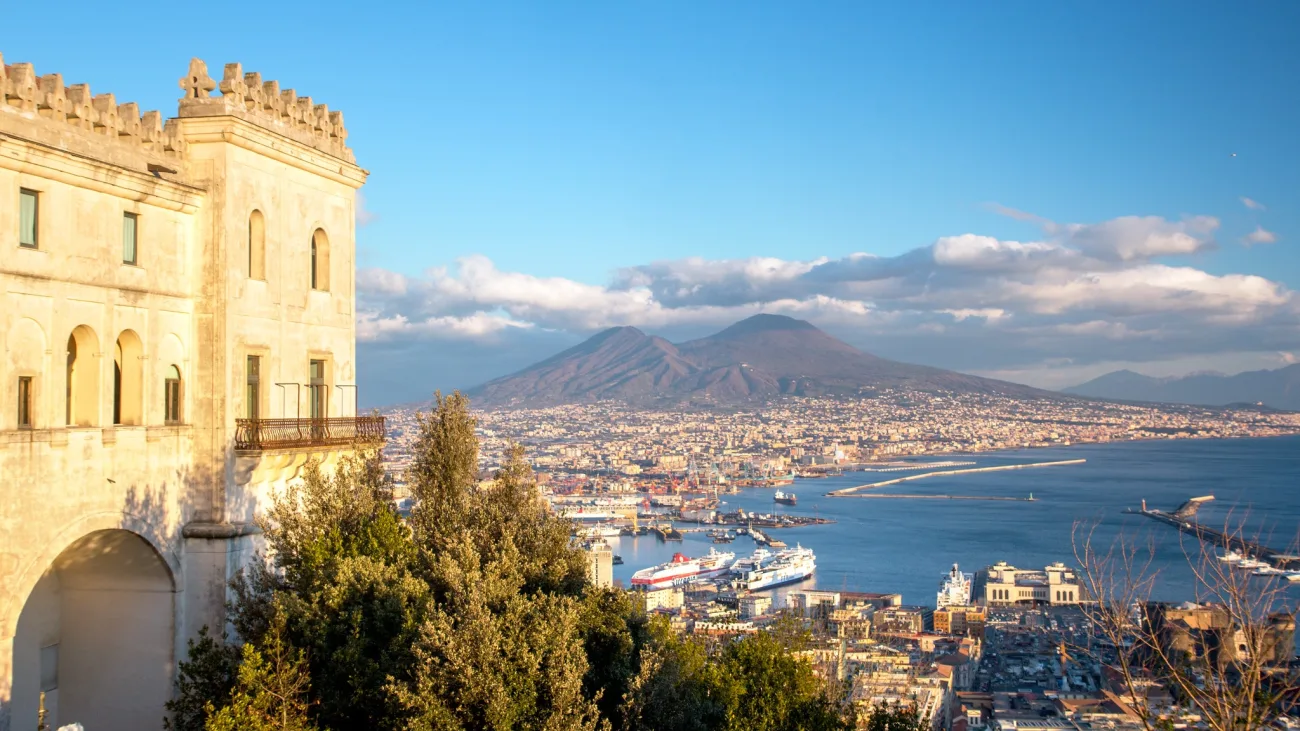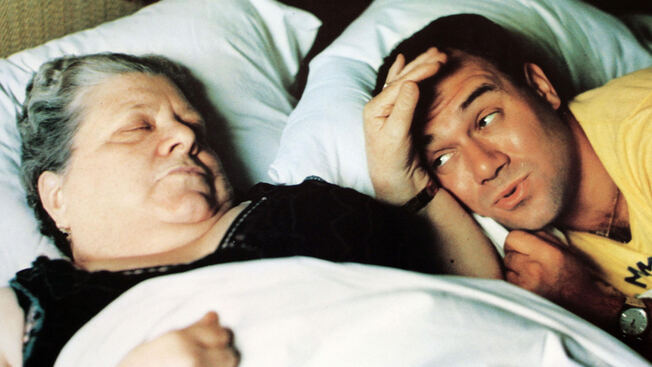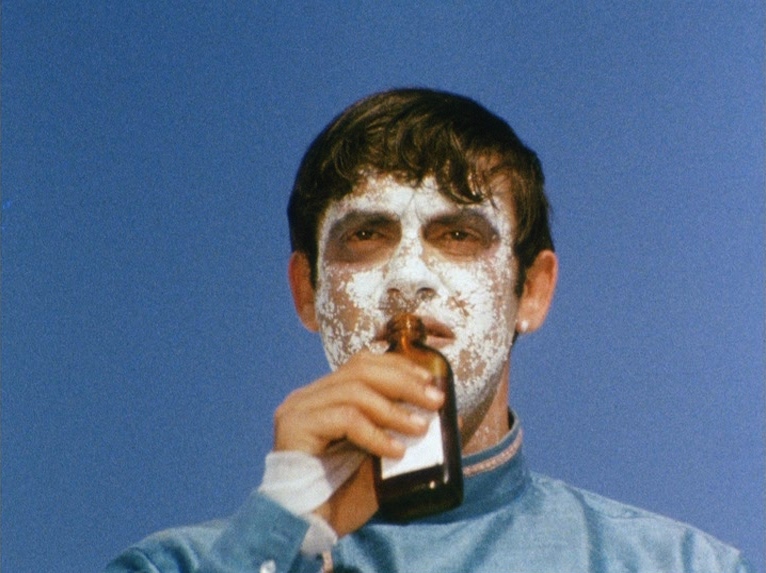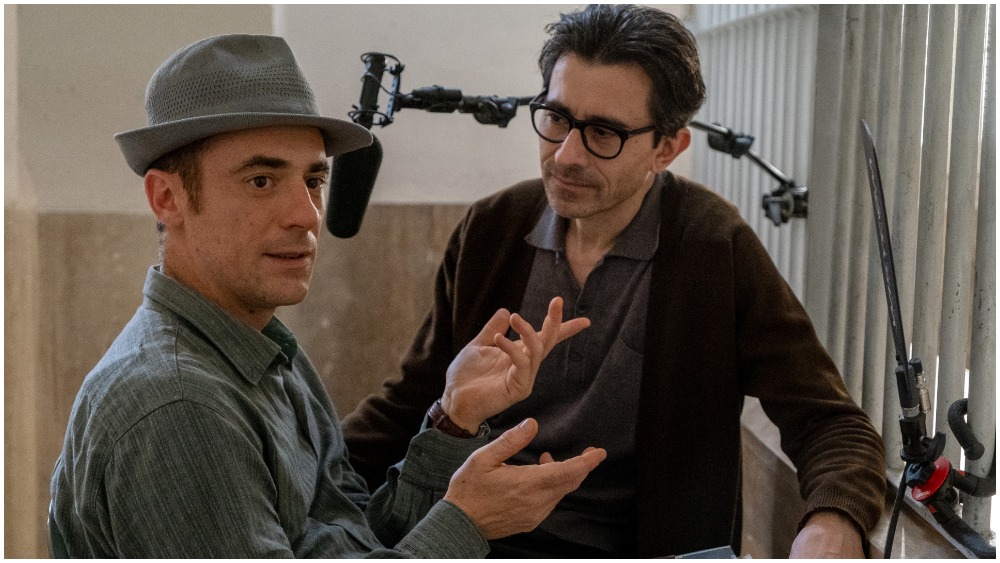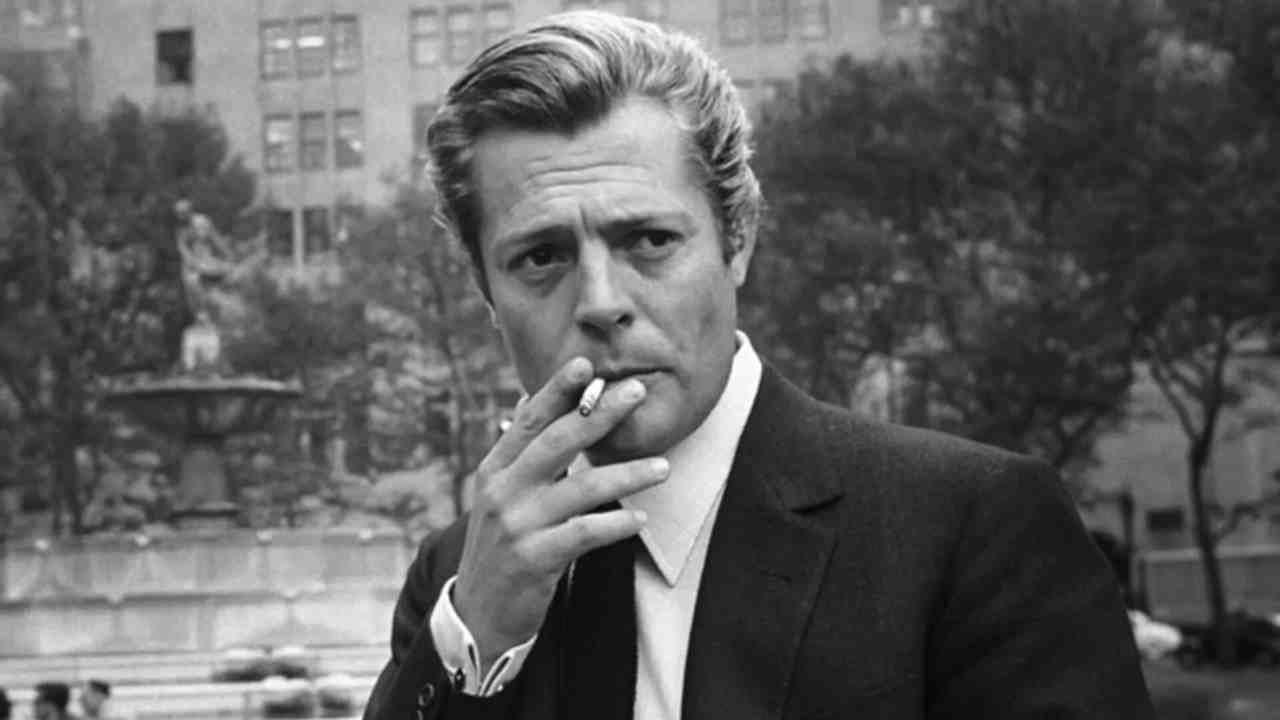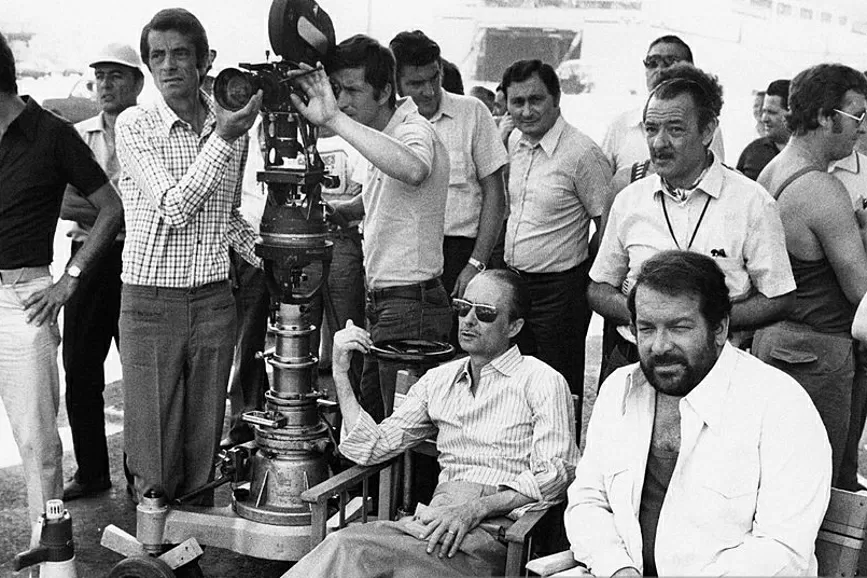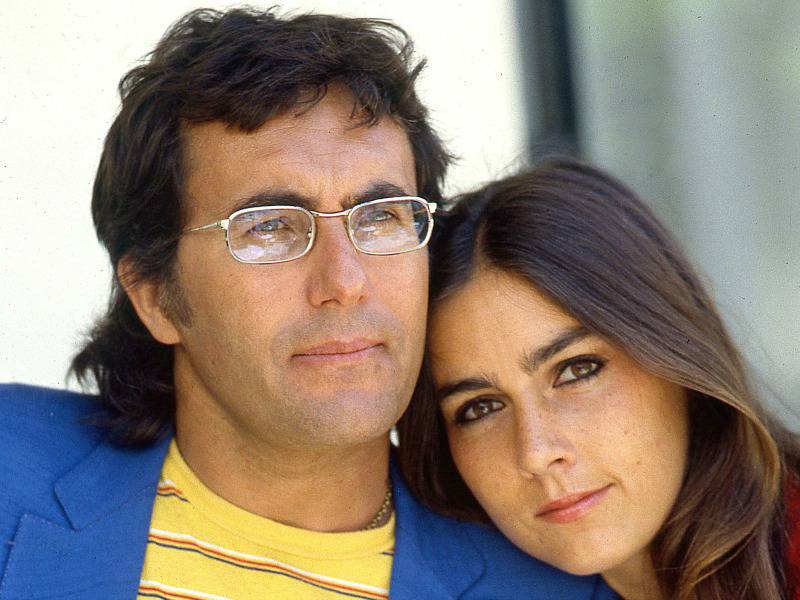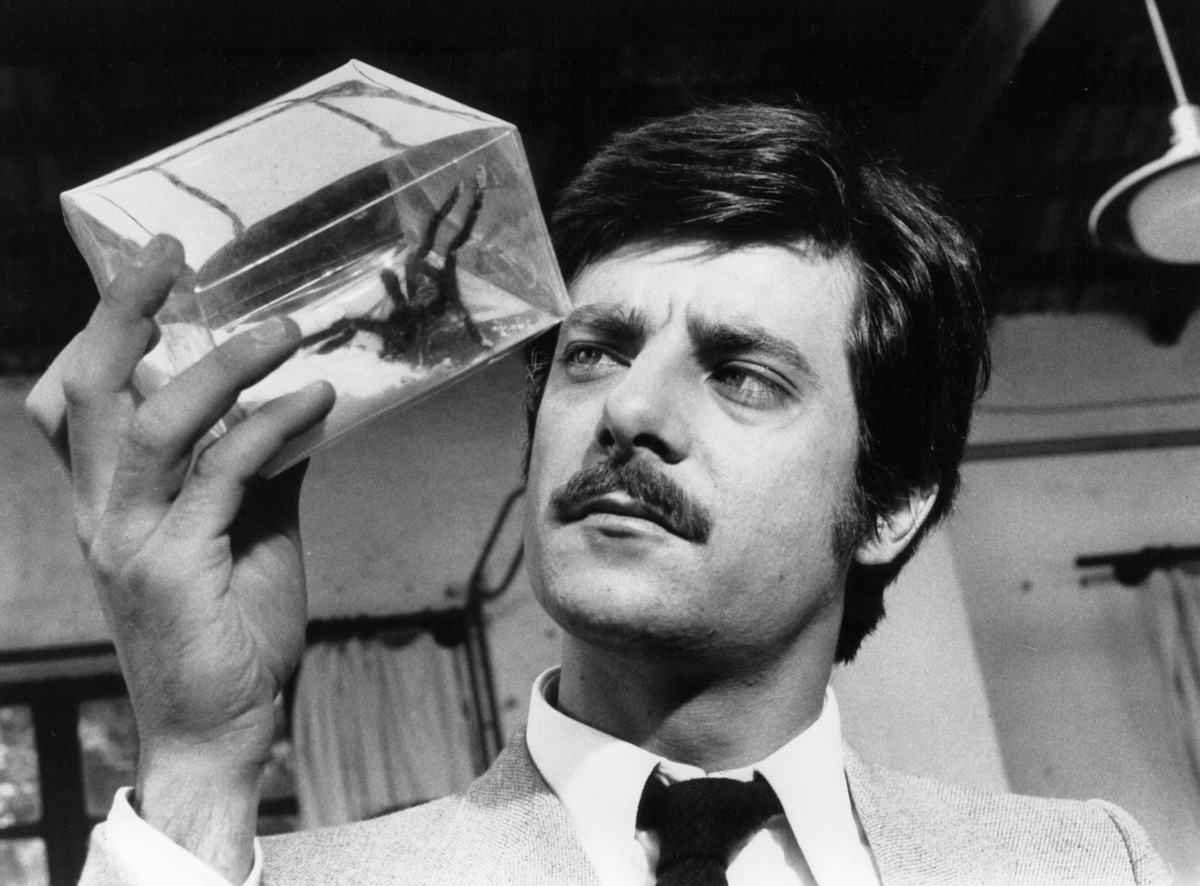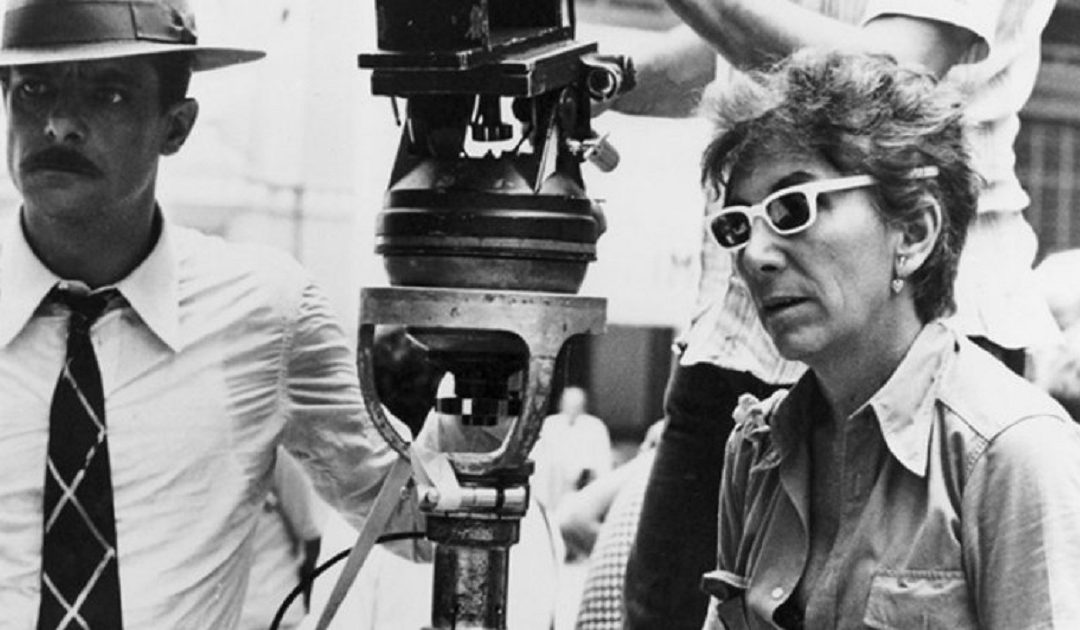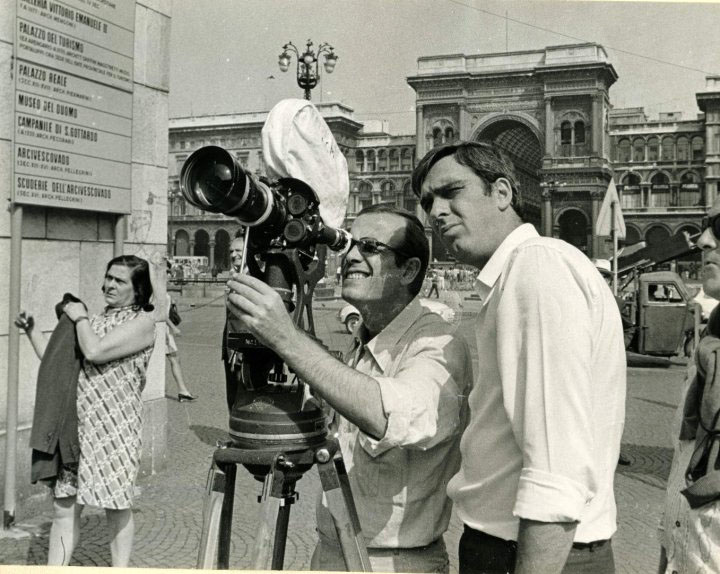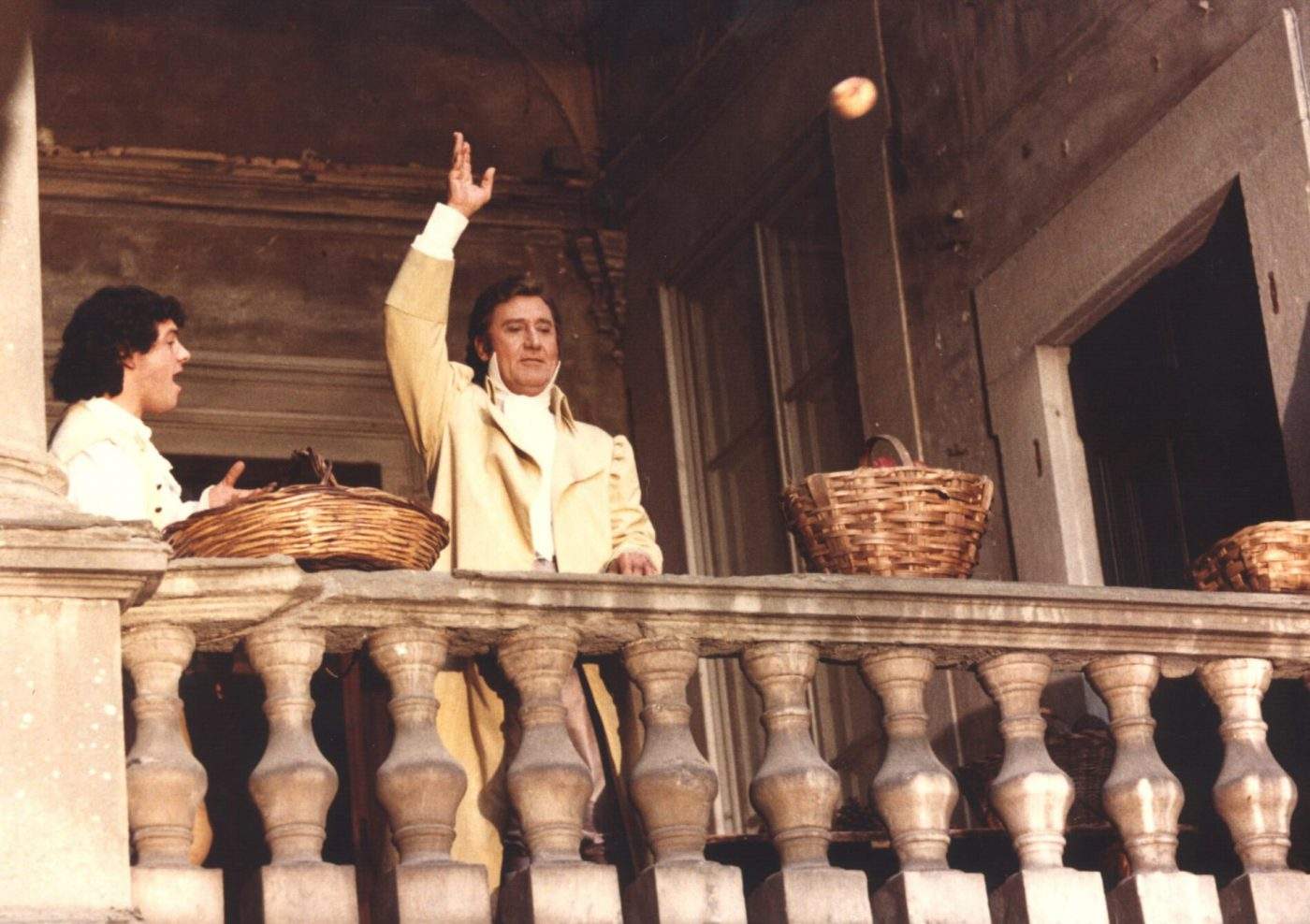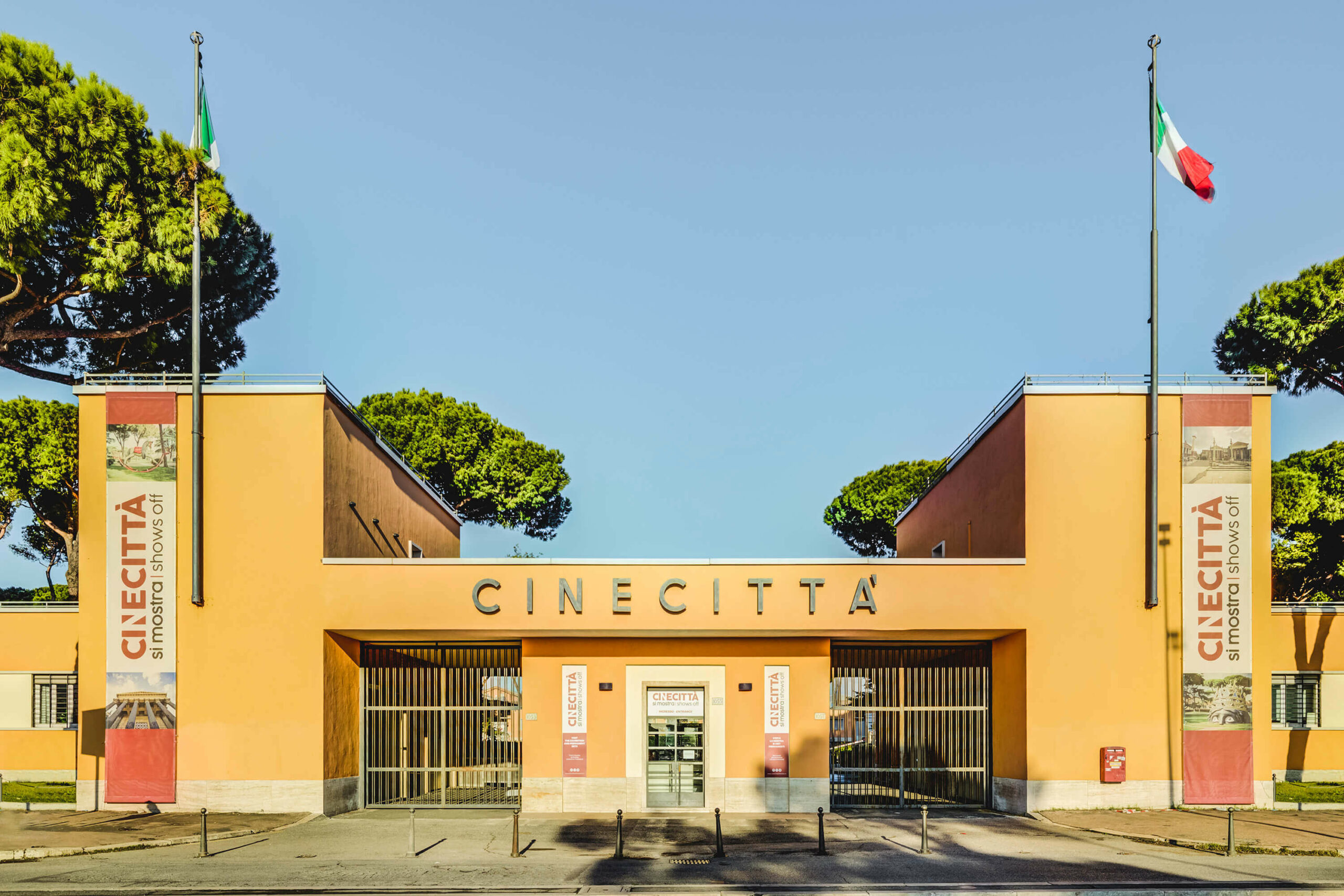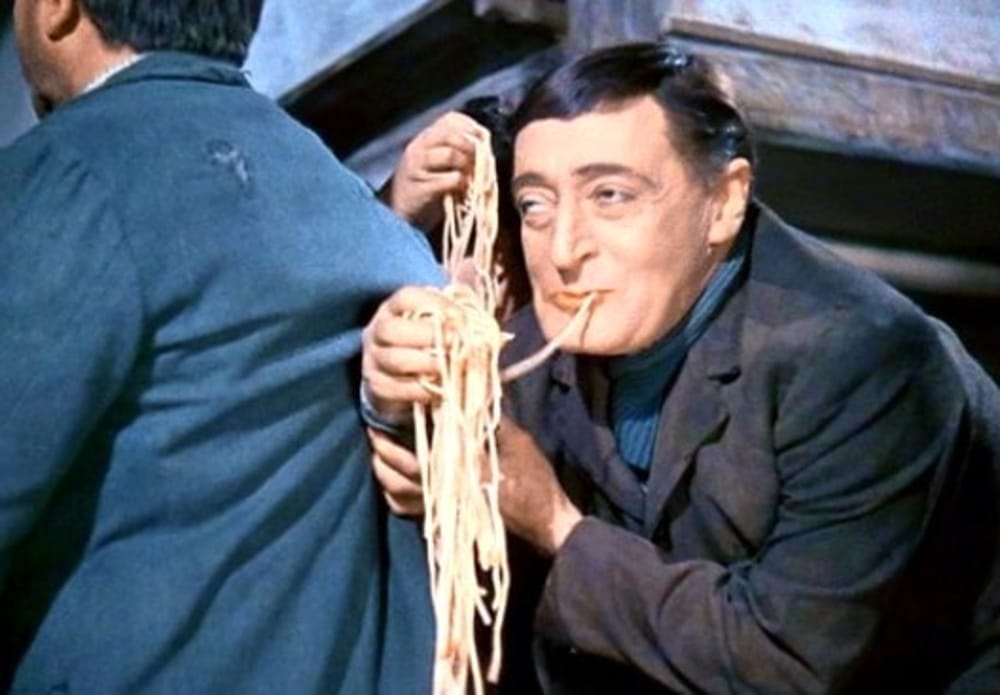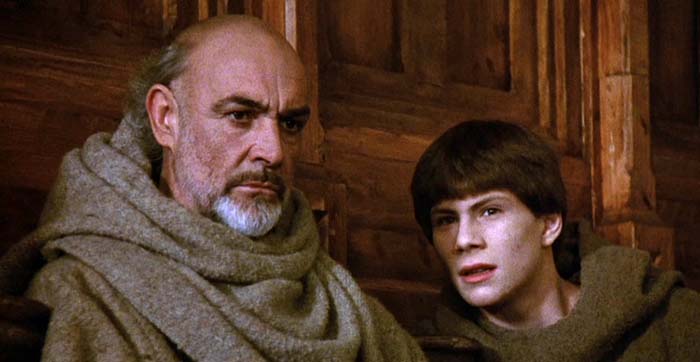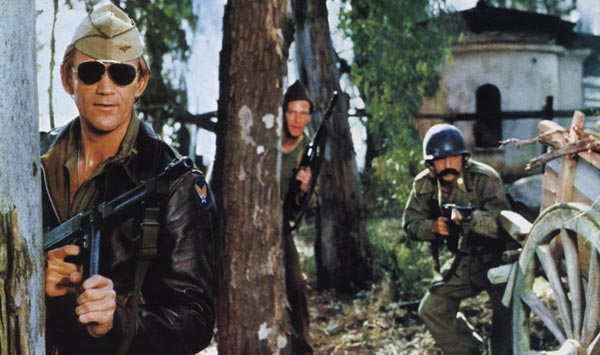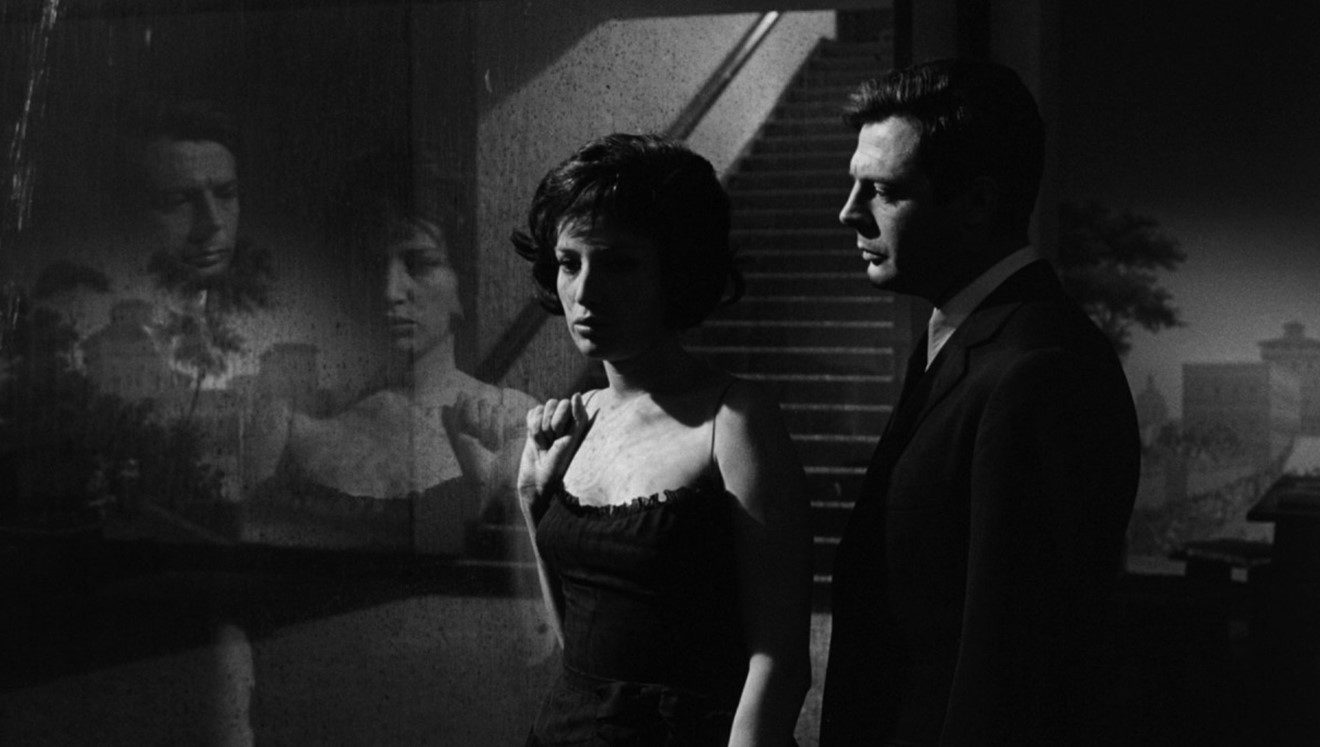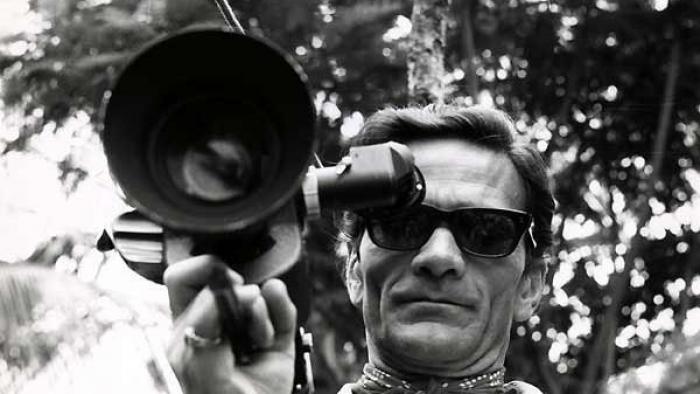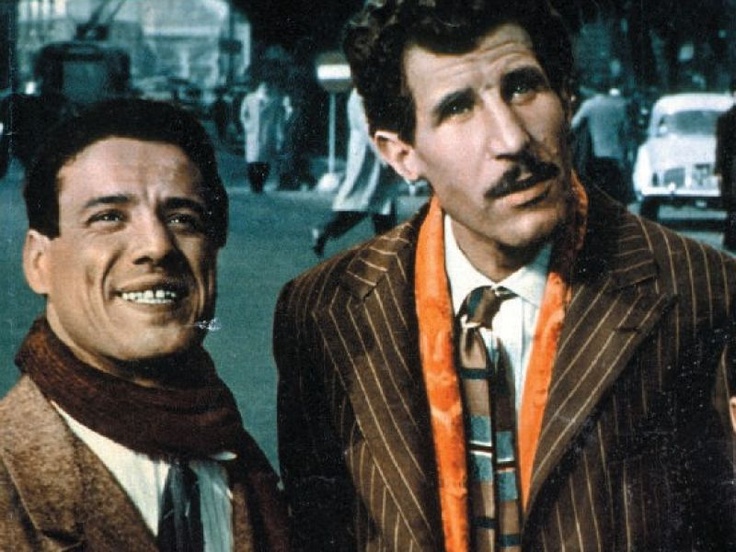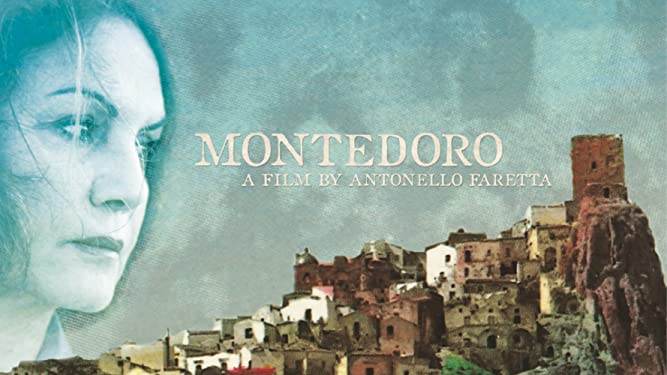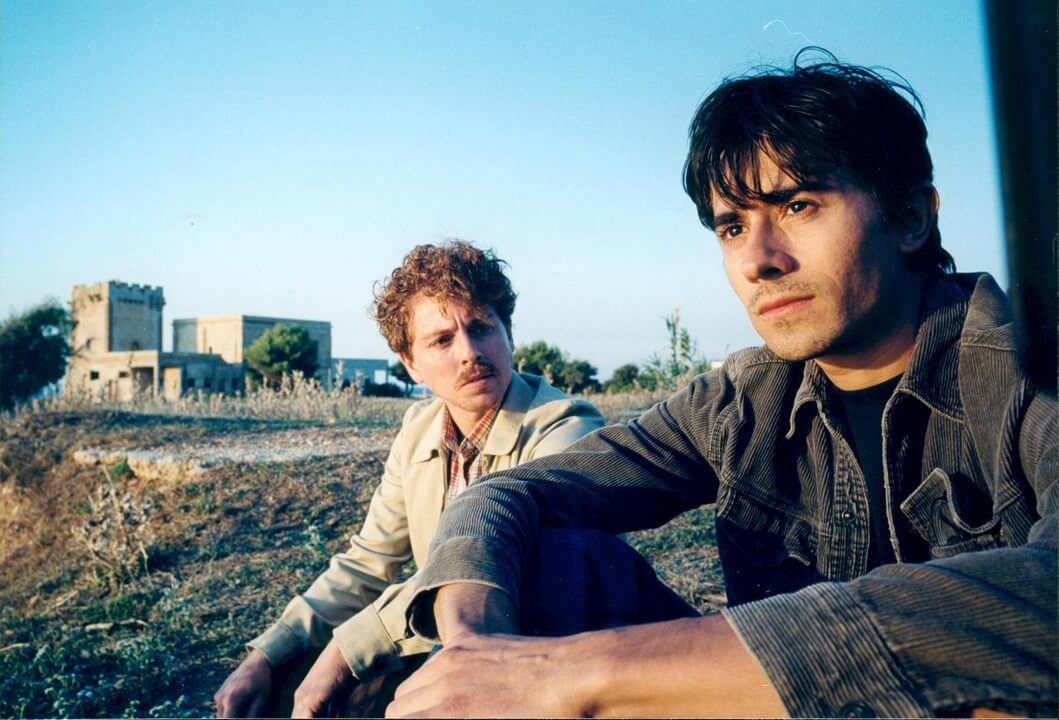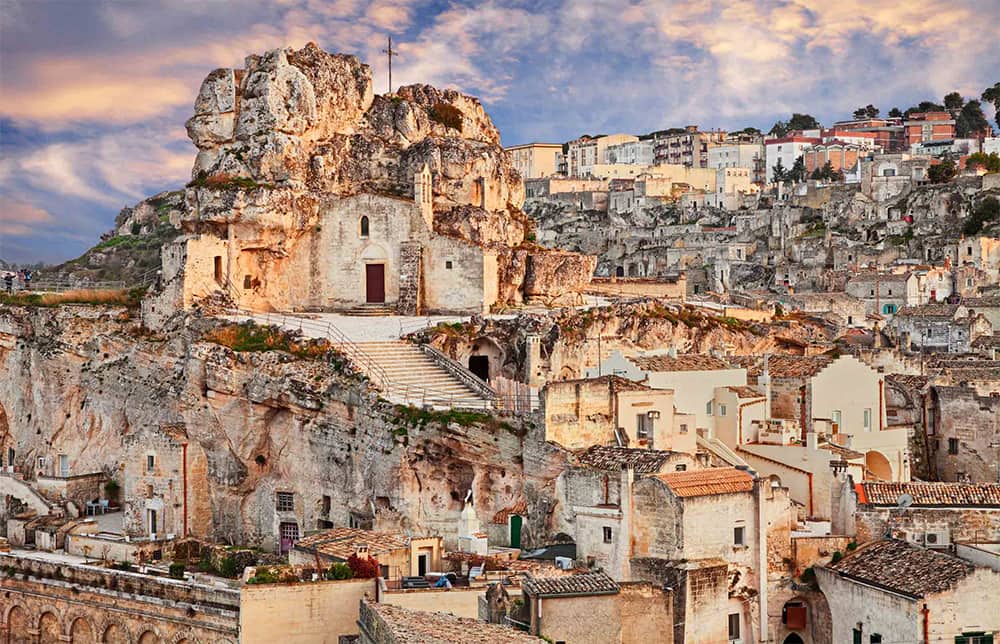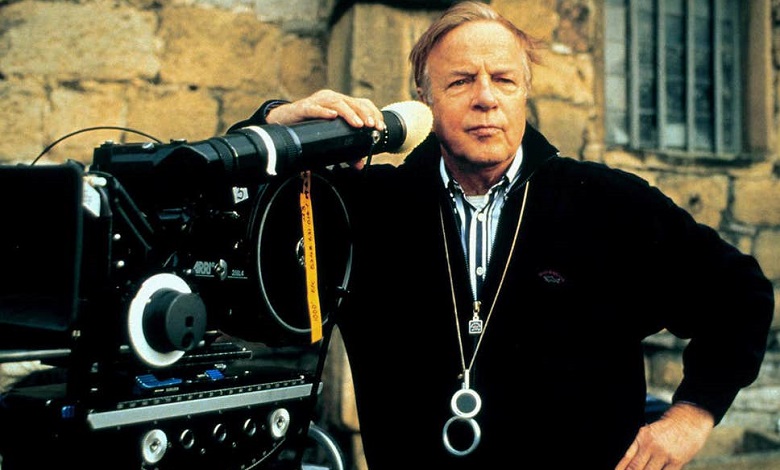Dopo Divorzieremo: A Profound Exploration of Love and Divorce in Pre-War Italy
Dopo Divorzieremo (1940), directed by Nunzio Malasomma, is a quintessential example of Italian cinema from the late 1930s and early 1940s. Encapsulating the complex dynamics of love, marriage, and societal pressure in pre-war Italy. The film portrays the emotional and moral struggles of Antonio (Amedeo Nazzari) and Elena (Vivi Gioi), a couple at a crossroads in their marriage. The couple has reached a point where divorce seems imminent.
Idealism and Revolution in: Alla rivoluzione sulla due cavalli
Directed by Maurizio Sciarra, Alla rivoluzione sulla due cavalli (2001), also known as Off to the Revolution by a 2CV, is a road-trip comedy-drama that blends personal transformation with historical significance. Set against the backdrop of the Carnation Revolution of 1974 in Portugal, the film explores the journey of three young individuals as they travel from Paris to Lisbon to witness the overthrow of the Estado Novo regime.
Cinematic Healing: The Marche Region in 'Come niente
In “Come niente” (2021), Davide Como creates a poignant and immersive portrait of recovery and displacement, set against the rural backdrop of the Marche region in central Italy. The towns of Muccia and Pievebovigliana, both deeply affected by the 2016 earthquakes, serve as the film’s primary locations. These settings, scarred by disaster, are integral to the film’s exploration of emotional and physical healing.
Bravissimo: A Satirical Examination of Society Through the Lens of Alberto Sordi
Bravissimo, a 1975 film directed by Elio Petri, is a sharp, satirical exploration of fame, ego, and societal expectations, featuring one of Italy’s most iconic actors, Alberto Sordi. Known for his portrayal of both the common man and the political elite with equal precision, Sordi’s performance in Bravissimo stands as a testament to his ability to blend humor with subtle social critique.
Easter in Italy: Traditions, Celebrations, and Italian Cinema
Easter in Italy, or Pasqua, is a deeply significant religious and cultural celebration that brings together the Catholic traditions of the country with centuries-old customs and festive foods. This period of religious reflection and celebration is marked by a variety of rituals, from church services to family gatherings and regional festivities. In addition to its spiritual meaning, Easter has also inspired numerous representations in Italian cinema, blending the sacred with the social and cultural landscape of Italy.
Una donna libera — A Portrait of Strength and Independence in Post-war Italy
Released in 1954 and directed by Vittorio Cottafavi, Una donna libera is a compelling drama that explores the struggles and determination of a woman seeking her place in a male-dominated society. The film is a profound reflection on female emancipation and personal dignity, set against the backdrop of a rapidly changing Italy.
Permette? Rocco Papaleo
Released in 1971 and directed by the great Ettore Scola, Permette? Rocco Papaleo is a bittersweet comedy that explores the hopes, delusions, and humanity of an ordinary man facing the contradictions of Italian society. The film offers a sharp yet humorous portrait of post-war Italy, capturing both the charm and the disillusionment of an era in transformation.
Exploring the Charm of Questa è la Vita
The 1954 anthology film Questa è la Vita, directed by Aldo Fabrizi, Giorgio Pàstina, Mario Soldati, and Luigi Zampa. A delightful cinematic adaptation of Luigi Pirandello’s stories. The film is structured in four episodes, each carrying the essence of Italian storytelling. Through humor, drama, and the unmistakable presence of Totò, one of Italy’s greatest comedic legends.
The haunting beauty of La Sabbia negli Occhi
The 2017 drama La Sabbia negli Occhi is a poignant and visually striking film that delves into memory, identity, and the inescapable past. Directed by Alessandro Zizzo, the film tells an emotional story anchored by compelling performances and stunning Italian landscapes that play an integral role in shaping its atmospheric depth.
Body Puzzle: A Stylish Giallo Thriller
Directed by Lamberto Bava, Body Puzzle (1992) is a psychological thriller with strong influences from the Italian giallo tradition. A gripping and macabre mystery, the film delivers tension, unsettling murders, and a noir-infused aesthetic typical of late-period giallo films. Featuring a compelling lead performance by Joanna Pacula and a moody, evocative use of Italian locations, Body Puzzle remains a noteworthy entry in the genre
Rediscovering Due soldi di speranza: A Neorealist Gem
Released in 1952, Due soldi di speranza (Two Cents Worth of Hope) stands as a cornerstone of Italian cinema, blending neorealism with a touch of optimism. Directed by the acclaimed Renato Castellani, this poignant yet humorous tale captures the struggles and resilience of post-war Italy through a lens of love, poverty, and human connection.
Gli Ultimi Cinque Minuti: A Classic Italian Romantic Comedy
Giuseppe Amato’s Gli Ultimi Cinque Minuti (1955) stands as a delightful example of the sophisticated romantic comedies that flourished in postwar Italian cinema. Starring the iconic Vittorio De Sica alongside Rosanna Podestà, the film blends humor, romance, and the charm of everyday life in 1950s Italy. More than just a story of love and misunderstandings, Gli Ultimi Cinque Minuti captures the atmosphere of an era. Thanks to its characters, storytelling, and, notably, its picturesque locations.
College: A Nostalgic Journey Through Its Locations
The 1984 film College, directed by the famous Italian screenwriting and directing duo Castellano e Pipolo, is a prime example of the lighthearted and entertaining comedy. A coming-of-age story infused with romance, humor, and a touch of nostalgia, College became a cult classic for audiences who grew up in the 1980s. One of the film’s most notable aspects is its picturesque locations, which add to its charm and nostalgic appeal.
Hammamet: A Journey into Politics, Power, and Exile
Gianni Amelio’s Hammamet (2020) is a poignant cinematic exploration of power, legacy, and human fragility. Centered around the controversial final years of Bettino Craxi, a former Italian Prime Minister. Renowned for his ability to delve into complex characters and social issues, Amelio crafts a fictionalized narrative that transcends politics, delving into the personal struggles of a leader facing exile and irrelevance.
Il cambio della guardia: A Poignant Look at Post-War Italy
Released in 1962, Il cambio della guardia, directed by Giorgio Bianchi, is a heartfelt exploration of generational shifts and societal change in post-war Italy. With its evocative settings and compelling performances, particularly from the seasoned stars Fernandel and Gino Cervi, the film offers a moving portrayal of a country at a crossroads.
Ride: The directorial debut of Valerio Mastandrea
“Ride” marks the directorial debut of acclaimed Italian actor Valerio Mastandrea, known for his versatile performances in Italian cinema. Released in 2018, the film delves into the complexities of grief and the varied ways individuals cope with loss. Shot in the Lazio region of Italy, including locations in and around Rome and its suburban areas, the setting plays a significant role in grounding the story in a relatable and authentic environment.
Gianni Amelio: A Master of Italian Cinema
Gianni Amelio stands as one of the most celebrated directors in contemporary Italian cinema. He is renowned for his ability to delve into the complexities of human relationships and social issues. Born on January 20, 1945, in San Pietro Magisano, Calabria, Amelio’s upbringing in a modest, rural setting significantly influenced his cinematic vision. His films are characterized by their emotional depth, strong moral undertones, and meticulous storytelling.
Cadavere per signora: A Comedic Mystery with Franco and Ciccio
Released in 1964, Cadavere per signora is a delightful blend of comedy and mystery, made memorable by the iconic comedic duo Franco Franchi and Ciccio Ingrassia. Directed by Mario Mattoli, the film takes audiences on a hilarious yet suspenseful journey, set against vibrant locations and driven by the unmistakable chemistry of its stars.
Sansone e il tesoro degli Incas: Blend of Adventure and Myth
Released in 1964, Sansone e il tesoro degli Incas offers a unique fusion of the peplum (sword-and-sandal) and adventure genres that were immensely popular in mid-20th-century Italian cinema. Directed by Piero Pierotti, the film brings together mythical heroism and the allure of hidden treasures, set against a backdrop of exotic locales and enhanced by a talented cast.
A Festive Feast: How Italian Christmas Traditions Stand Apart
Italy, a country steeped in history and culture, brings its unique charm to the Christmas season. From the warm glow of nativity scenes to feasts that feel like a culinary symphony, Christmas in Italy is a celebration that intertwines tradition, family, and regional flavors. Here’s how Italian Christmas differs from celebrations in other parts of the world, with a focus on locations, food, and customs.
Exploring Il Solco di Pesca: A Seductive Tale and Its Evocative Setting
Il Solco di Pesca (1975), directed by Maurizio Liverani, is a provocative drama that delves into themes of desire, power, and social appearances. Known for its bold narrative and striking visual style, the film blends psychological depth with erotic undertones, making it a memorable entry in the genre of Italian erotic drama of the 1970s. The film’s evocative title, which translates to “The Peach Furrow,” serves as a metaphor for sensuality and the complexities of human relationships.
Tutto a posto e niente in ordine: A Vivid Portrait of Youth, Rebellion, and Change
Directed by Lina Wertmüller, Tutto a posto e niente in ordine is an Italian film that captures the vibrancy, struggles, and idealism of youth in 1970s Italy. Known for her unique cinematic voice and daring social critiques, Wertmüller uses this film to delve into the lives of young people in search of meaning. Grappling with personal and political transformation against the backdrop of a rapidly changing society.
L'Amore in Città: A Mosaic of Love and Loneliness in Post-War Italy
L’Amore in Città (1953) is a groundbreaking anthology film that captures the multifaceted nature of love and human connection in post-war Italy. Directed by six of Italian cinema’s most influential filmmakers—Cesare Zavattini, Federico Fellini, Michelangelo Antonioni, Dino Risi, Carlo Lizzani, and Francesco Maselli—the film offers a kaleidoscopic view of romance, heartbreak, and social realities. Each segment is a unique exploration of love’s complexities, framed within the context of a changing Italy.
Maciste all'inferno: A Hero’s Descent into the Underworld
Maciste all’inferno (Maciste in Hell), directed by Riccardo Freda, is a memorable entry in Italy’s “peplum” genre, a blend of myth, fantasy, and adventure. Known for bringing heroic tales to life with a mix of grandiosity and mystique, the peplum genre enjoyed significant popularity in Italy during the 1950s and 1960s. Maciste all’inferno stands out for its bold take on the classic myth of Maciste, a legendary strongman whose journey into Hell combines the elements of horror, ancient mythology, and epic adventure.
Moderato Cantabile: A Poetic Exploration of Desire and Discontent
Moderato Cantabile (1960), directed by Peter Brook and adapted from Marguerite Duras’ novel, is a hauntingly evocative film. Delving into the themes of desire, alienation, and the unfulfilled longing of bourgeois life. The film is a rich, moody piece of French cinema, showcasing a quietly intense performance by Jeanne Moreau. A minimalist, reflective visual style that explores the undercurrents of passion and constraint. Set in a small provincial town, Moderato Cantabile is less about the plot and more about exploring complex emotions.
L'assassino ha riservato nove poltrone: A Gothic Thriller in Italian Cinema
L’assassino ha riservato nove poltrone (The Killer Reserved Nine Seats), directed by Giuseppe Bennati in 1974. A distinctive entry in the Italian giallo genre, blending elements of horror, thriller, and gothic mystery. Known for its suspenseful plot, eerie setting, and stylish visual design, the film stands out as a lesser-known but compelling example of Italian 1970s cinema. While giallo often leans heavily into crime and psychological thrillers, the movie incorporates elements of haunted house horror, making it a unique hybrid that draws on gothic tropes while delivering the tension and mystery expected of a giallo.
Uomini e nobiluomini: Class and Comedy Collide in Post-War Italy
Uomini e nobiluomini (1959), directed by Giorgio Bianchi, is a classic Italian comedy that blends humor with social commentary, examining the interactions between Italy’s aristocracy and the working class. Set against the backdrop of a post-war Italy experiencing rapid social changes, this film delivers laughs while poking fun at the rigid distinctions between the nobility and the common people. Through its engaging characters and witty dialogue, Uomini e nobiluomini captures the absurdity and charm of a society in flux.
Carlo Verdone: The Comedy that Shaped Italian Culture
Carlo Verdone is a cornerstone of Italian cinema, a filmmaker and actor whose unique sense of comedy has resonated with audiences for decades. Since his debut in the late 1970s, Verdone has consistently portrayed the quirks and neuroses of everyday Italians. Crafting characters that are deeply relatable, yet hilariously exaggerated. His films, marked by wit and heart, have left a lasting impact on contemporary Italian culture.
Riccardo Scamarcio in Il ladro dei giorni
In Il ladro dei giorni (The Thief of Days), directed by Guido Lombardi, Riccardo Scamarcio dives into one of his most challenging roles as Vincenzo. A father trying to reconnect with his young son, Salvo, after years in prison. This powerful drama captures the tension and tenderness of a fractured family dynamic, as Scamarcio portrays a man torn between his past mistakes and his desire for a fresh start. The film takes audiences on a journey through themes of redemption, forgiveness, and the complexity of fatherhood, making it one of Scamarcio’s most heartfelt performances.
The Difference Between Italian Giallos and American Thrillers
Italian giallo films and American thrillers share elements of suspense and crime, but their distinct approaches set them apart in style, structure, and atmosphere. Italian giallos are famous for their striking visuals—vivid colors, dramatic lighting, and surreal imagery. Directors like Dario Argento and Mario Bava use these elements to create a dreamlike, often unsettling atmosphere. American thrillers, on the other hand, focus more on realism, with a darker, grittier style that prioritizes narrative over visual flourish.
La Mala Ordina: A Hard-Hitting Neo-Noir in 1970s Italy
Ferdinando Di Leo’s La Mala Ordina (1972), also known internationally as Manhunt, is a milestone in Italian crime cinema. Part of Di Leo’s Milieu Trilogy alongside Caliber 9 and Il Boss, La Mala Ordina offers an unfiltered look at the violent underworld of 1970s Italy. Framed with a distinctly neo-noir style. Gritty and tense, the film serves as both a thriller and a socio-cultural commentary, exposing the allure and dangers of organized crime.
The Difference Between Moretti’s and Benigni’s Comedy
Nanni Moretti and Roberto Benigni are two of Italy’s most beloved filmmakers, each with a distinctive comedic style that has left a significant mark on Italian cinema. While both directors have a talent for blending humor with social commentary, the tone, approach, and themes of their comedies differ greatly. Moretti’s work is introspective and often political, while Benigni’s is exuberant, physical, and emotionally uplifting.
Halloween: The Evolution of a Spooky Celebration
Halloween, celebrated on October 31st, is one of the most beloved and widely observed holidays across the world. Known for its spooky decorations, creative costumes, and trick-or-treating, Halloween has a rich history that dates back centuries, blending ancient traditions with modern festivities. From its origins rooted in Celtic rituals to its current status as a global celebration, Halloween has transformed into a holiday that captures the imagination of children.
Gruppo di Famiglia in un Interno: Visconti's Intimate Portrait of a Changing Italy
Luchino Visconti’s Gruppo di famiglia in un interno (English title: Conversation Piece) is a compelling and introspective film that captures the essence of a transforming Italy in the 1970s. Released in 1974, this late work from the celebrated Italian director is an intricate, layered exploration of generational conflict, class divisions, and the personal consequences of political change.
Sophia Loren: A Timeless Icon of Cinema
Sophia Loren, born Sofia Villani Scicolone on September 20, 1934, in Rome, Italy, is one of the most celebrated actresses in cinema history. Her career, spanning over seven decades, has seen her rise from humble beginnings to become a global icon. Known not only for her striking beauty but also for her immense talent and versatility as an actress.
Rewatching Classic Movies: A Soothing Journey to the Past
In an age of constant new releases, endless streaming options, and binge-worthy series, there’s something deeply comforting about rewatching old classic movies. Whether it’s the familiarity of a beloved plot, the nostalgia tied to certain moments, or the timeless quality of a well-crafted film, revisiting classics offers a unique form of emotional soothing that new content rarely matches.
Roberto Benigni: A Career Highlighting Comedy, Emotion, and Brilliance
Roberto Benigni is a name that resonates deeply in the world of cinema. Renowned for his comedic genius and his ability to convey profound human emotions, Benigni’s career spans over five decades. During which he has transformed from a beloved Italian comedian to an internationally acclaimed actor and filmmaker.
The Psychological Impact of Scary Movies: Exploring Italian Horror and Thriller Films
Scary movies have a unique ability to tap into our deepest fears, creating intense emotional reactions that linger long after the credits roll. They engage the audience’s senses, provoke adrenaline rushes, and immerse viewers in suspenseful atmospheres that keep them on the edge of their seats. Italian horror and thriller films have been particularly adept at crafting chilling narratives, often blending psychological tension with brutal realities, leaving a lasting impact on their viewers.
Luigi Lo Cascio: A Defining Role in I Cento Passi
Luigi Lo Cascio is celebrated as one of Italy’s most talented actors, known for his emotional depth and his ability to bring powerful characters to life. His performance as Peppino Impastato in I Cento Passi (The Hundred Steps), directed by Marco Tullio Giordana in 2000, stands out as a defining moment in his career. This role not only showcased his remarkable acting skills but also cemented his status as a significant figure in contemporary Italian cinema.
Bud Spencer: The Icon of Italian Cinema's Golden Age
Bud Spencer, born Carlo Pedersoli on October 31, 1929, in Naples, Italy, was a legendary figure in Italian cinema. Known for his towering presence, charisma, and unmistakable humor, he became an international icon through his roles in action-comedy films, especially his famous partnership with actor Terence Hill. Spencer’s blend of slapstick comedy and action made him a beloved star, not only in Italy but around the world.
Cavalleria: A Timeless Tale of Honor and Love
“Cavalleria” is a 1936 Italian drama film directed by Goffredo Alessandrini. Set against the backdrop of the traditional equestrian world, the film explores themes of honor, love, and social change. With its rich storytelling and compelling performances, “Cavalleria” remains a significant piece in the history of Italian cinema.
Requiescant: A Deep Dive into Pasolini's Performance and Cinematic Landscape
“Requiescant,” directed by Carlo Lizzani and released in 1967, stands out as a poignant entry in the Spaghetti Western genre. Not only does it showcase the grit and emotional weight characteristic of the genre, but it also features a remarkable performance by Pier Paolo Pasolini. This film offers a rich tapestry of themes, striking visuals, and memorable locations that contribute to its lasting impact.
Bene! Vita di Carmelo, la macchina attoriale
Released in 2022 and directed by Samuele Rossi, “Bene! Vita di Carmelo, la macchina attoriale” is a captivating documentary that delves into the life and artistic journey of Carmelo Bene, one of Italy’s most revolutionary and controversial figures in theater and cinema. Bene, known for his avant-garde approach and fearless experimentation, left a significant mark on 20th-century Italian culture.
L'impiegato: Nino Manfredi in a bureaucratic life
“L’impiegato” is a 1959 Italian comedy film directed by Gianni Puccini. The film offers a satirical glimpse into the life of a humble office worker navigating the complexities of the Italian bureaucratic system. Through its humorous narrative and sharp social commentary, “L’impiegato” provides a compelling critique of the workplace and societal norms of the time.
Ray Lovelock and Italian Genre Cinema
Ray Lovelock, born on June 19, 1950, was an actor whose career spanned over four decades, leaving an indelible mark on the Italian film industry. A versatile performer, Lovelock dabbled in numerous genres, but his legacy is particularly tied to Italian genre cinema, especially poliziotteschi (crime films) and gialli (Italian thrillers). Throughout the 1970s, Lovelock appeared in a string of cult classics that showcased his ability to embody charm, intensity, and moral complexity.
Marcello Mastroianni: Celebrating 100 Years of an Italian Icon
Marcello Mastroianni, born on September 28, 1924, is widely regarded as one of the most iconic actors in the history of Italian and global cinema. With a career spanning over five decades, he became synonymous with Italian cinema’s golden era. Bringing a unique blend of charm, sensitivity, and introspection to his roles. As we celebrate 100 years since his birth, it’s time to reflect on the actor’s immense impact on film and the legacy he leaves behind.
Il Mantenuto: Tognazzi's Comedy
“Il Mantenuto” is a 1961 Italian comedy film directed by Ugo Tognazzi, who also stars in the film. This classic showcases Tognazzi’s multifaceted talent as both a director and actor. “Il mantenuto” is a satirical and humorous take on relationships and the dynamics of dependency, with a storyline that is both engaging and thought-provoking.
Souvenir d'Italie: a glimpse of 1950s Italy
Released in 1957, Souvenir d’Italie is a delightful Italian road comedy directed by Antonio Pietrangeli. Known for his keen ability to blend humor with nuanced social observations, Pietrangeli creates a vivid portrayal of post-war Italy through a narrative that intertwines romance, adventure, and a subtle critique of societal norms.
Navigating the Depths of Despair: Antonioni's La Notte
In the grand tapestry of cinematic masterpieces, few threads are as delicately woven and intellectually stimulating as Michelangelo Antonioni’s “La Notte.” Released in 1961 as the second installment in his renowned trilogy. Alongside “L’Avventura” and “L’Eclisse,” “La Notte” stands as a timeless testament to Antonioni’s mastery of visual storytelling and existential exploration.
In the Grip of the Spider: Margheriti's Gothic Thriller
“In the Grip of the Spider” is a 1971 film directed by Antonio Margheriti, a master of Italian genre cinema. Also known internationally as “Web of the Spider,” the film is a remake of Margheriti’s earlier work, “Danza macabra” (1964). This color remake, compared to its black-and-white predecessor, represents an interesting example of how the director managed to reinterpret and modernize his own works. To adapt to the aesthetic and narrative changes of the time.
La Bambolona: A Satirical Look at Romance and Society
“La Bambolona” is a 1968 Italian comedy film directed by Franco Giraldi, based on the novel by Alba de Céspedes. The film is a satirical take on romance, social status, and the complexities of human relationships. With its witty dialogue and sharp social commentary, “La Bambolona” provides a humorous yet insightful look at the mores of Italian society during the 1960s.
A Classic of the Spaghetti Western:…e per tetto un cielo di stelle
“…e per tetto un cielo di stelle” (literally “…and for a Roof a Sky Full of Stars”) is a 1968 film that stands out in the panorama of Spaghetti Westerns. Directed by Giulio Petroni, this movie is one of the most fascinating examples of a genre that saw its peak between the 1960s and 1970s. The film is a mix of action, drama, and adventure, typical elements of Westerns, but with an Italian touch that made this cinematic movement unique.
Le Belle Famiglie: A Sharp Satire of Society
Le Belle Famiglie, directed by Ugo Gregoretti and Ettore Scola, is a 1964 Italian comedy that offers a witty and incisive look at Italian society through the lens of four distinct families. Structured as an anthology, the film presents a series of vignettes, each focusing on a different family from various social backgrounds, capturing the nuances of Italy during a time of significant cultural and economic change.
Vittorio Gassman: A Portrait of a Multifaceted Italian Maestro
Vittorio Gassman, often hailed as “Il Mattatore” (The Showman), stands as one of Italy’s most revered actors, whose career spanned over four decades. Leaving an indelible mark on the world of cinema and theater. Known for his versatility and powerful screen presence, Gassman was a master of both comedy and drama. Embodying a range of characters that showcased his extraordinary talent and depth.
Toni Servillo in Una vita tranquilla: A Masterclass in Subtle Power
Toni Servillo is an actor who has carved a niche for himself with his profound ability to inhabit complex, often tormented characters. His performance in Una vita tranquilla (2010), directed by Claudio Cupellini, is a sterling example of his talent. In this film, Servillo embodies Rosario Russo, a man whose past is as shadowy as the underworld he once belonged to, and whose present is a fragile construction of lies that could collapse at any moment.
L'uomo Fiammifero: A Enchanting Locations and Remarkable Performances
L’uomo Fiammifero, a 2009 Italian film directed by Marco Chiarini, is a captivating blend of fantasy and reality. Artfully set in the pastoral landscapes of the Abruzzo region. The film’s charm lies not only in its whimsical narrative and emotional depth but also in the thoughtful selection of locations and the poignant performances by its actors. Which together create an unforgettable cinematic experience.
Ferragosto: Tradition, Celebration, and Cinematic Tribute
Ferragosto, celebrated on August 15th, is a time-honored Italian holiday that beautifully blends religious reverence, historical significance, and lively cultural traditions. It is a day when Italy slows down, takes a deep breath, and savors the height of summer with a joyful pause. This holiday, deeply rooted in both ancient Roman and Catholic traditions, is a day of family gatherings, seaside excursions, and feasting.
Arrivano i dollari: A Classic Italian Comedy
“Arrivano i dollari” is a 1957 Italian comedy film directed by Mario Costa. The film stars Alberto Sordi, one of Italy’s most beloved comic actors, and follows the misadventures of a man who suddenly comes into a large inheritance. Through its humor and engaging storyline, “Arrivano i dollari” provides a witty commentary on human greed and the complexities of newfound wealth.
Monica Bellucci in L'ultimo Capodanno: A Mesmerizing Presence
Monica Bellucci is a name that resonates with beauty, grace, and an undeniable screen presence. Bellucci’s career has been marked by performances that blend sensuality with depth, making her one of the most captivating actresses of her generation. In L’ultimo Capodanno, directed by Marco Risi and released in 1998, Bellucci once again demonstrates her ability to command the screen, this time in a film that is as chaotic as it is compelling.
Urlatori alla sbarra: A Dive into 1960s Italian Musical Cinema
1960 was a crucial year for Italian cinema, marked by productions that explored new genres and styles. Among them, “Urlatori alla sbarra” stands out as a musical film that captured the spirit of an era. Directed by Lucio Fulci, the film stars two icons of Italian music: Mina and Adriano Celentano. This film not only celebrated the overwhelming energy of rock ‘n’ roll, but also highlighted the emerging talent of artists who would become legends.
Totò e Marcellino: A Comedic gem of Italian Cinema
“Totò e Marcellino” is a 1958 Italian comedy film directed by Antonio Musu, featuring the legendary comedian Totò in one of his most memorable roles. This film, set in post-war Italy, combines humor with a touch of sentimentality, showcasing Totò’s remarkable ability to evoke laughter and emotion simultaneously.
Giancarlo Giannini: A Master of Italian Cinema
Giancarlo Giannini, one of Italy’s most esteemed actors, has captivated audiences worldwide with his exceptional talent, versatility, and magnetic screen presence. Born on August 1, 1942, in La Spezia, Italy, Giannini’s illustrious career spans over five decades, during which he has delivered unforgettable performances in a diverse array of films. Known for his collaborations with renowned directors and his dynamic roles alongside some of Italy’s finest actresses.
The Power of Locations and Music in Cinema
In the tapestry of filmmaking, two elements often stand out as powerful storytellers in their own right: location and music. These components, when skillfully woven together, transcend mere background elements and become pivotal to the narrative, mood, and emotional depth of a film. This dynamic interplay can be likened to a conversation where each element enhances and elevates the other.
I Soliti Ignoti 20 Anni Dopo: Revisiting a Classic with Modern Flair
“I soliti ignoti 20 anni dopo,” also known as “Big Deal After 20 Years,” is a remarkable sequel to the beloved 1958 Italian heist comedy “I soliti ignoti” (“Big Deal on Madonna Street”). Directed by Amanzio Todini and released in 1985, the film brings back some of the original charm while introducing new elements and characters that enrich the story.
The President of Borgorosso: An Alberto Sordi Masterpiece
The President of Borgorosso is a 1970 Italian comedy directed by Luigi Filippo D’Amico and starring the legendary Alberto Sordi. A perfect example of Italian comedy, with Sordi shining in a role that blends irony, satire, and a touch of melancholy. The story follows Benito Fornaciari (Alberto Sordi), a shy and reserved man living in Milan as a small business owner.
Guardia, ladro e cameriera: A Delightful Comedy of Errors
“Guardia, ladro e cameriera” is a 1958 Italian comedy film directed by Steno. This charming film intertwines the lives of a policeman, a thief, and a maid in a series of humorous and unexpected events. The film is a quintessential example of Italian comedic cinema, blending slapstick humor with clever storytelling.
Gina Lollobrigida: Icon of Italian Cinema
Gina Lollobrigida, a name that evokes beauty, talent, and the golden age of Italian cinema. Born in Subiaco on July 4, 1927, Lollobrigida captured the hearts of international audiences with her magnetic screen presence, becoming one of the most beloved and respected actresses of her generation.
Riusciranno i nostri eroi a ritrovare l'amico misteriosamente scomparso in Africa?
“Riusciranno i nostri eroi a ritrovare l’amico misteriosamente scomparso in Africa?” is a 1968 Italian comedy film directed by Ettore Scola. This film takes viewers on a wild and humorous journey through Africa as three unlikely companions search for a missing friend. With its blend of adventure and comedy, the film is a delightful exploration of friendship and the human spirit.
The Pacifist: Miklós Jancsó's Cinematic Exploration of Peace and Violence
“The Pacifist” (original title: “La pacifista”), directed by the renowned Hungarian filmmaker Miklós Jancsó. A cinematic masterpiece that echoes the anti-violence sentiments of its time, set against a backdrop of social-political tensions.
Sandra Milo: An Icon of Italian Cinema Through Versatile Performances
Sandra Milo is a talented Italian actress whose film career spans over six decades, during which she has worked with some of Italy’s greatest directors. With her magnetic screen presence and distinctive style, Sandra Milo has become an icon of Italian cinema. In this article, we will explore some of the most significant films in which she has acted. “Adua and Her Friends,” “The Visitor,” “The Bachelor,” and “Herod the Great.”
La Presidentessa: A Journey Through Comedy and Charm
“La Presidentessa,” released in 1952, is a delightful Italian comedy directed by Pietro Germi. This film, known for its witty script and charismatic performances, stands as a testament to the golden age of Italian cinema. The narrative revolves around themes of mistaken identity, love, and social dynamics, wrapped in a humorous package that captivated audiences of its time.
Vittorio Gassman: The Grand Maestro of Italian Cinema and Theatre
Vittorio Gassman (1922–2000) stands as a towering figure in Italian cinema and theater. Known for his versatility, charismatic presence, and profound impact on both stage and screen, Gassman earned a reputation as “Il Mattatore” (The Showman). His career spanned over five decades, during which he delivered a wide range of performances that left an indelible mark on Italian and global audiences alike.
The Mastery of Gina Lollobrigida in a Psychological Drama
“A Beautiful November” is a 1969 film directed by Mauro Bolognini, based on the novel of the same name by Ercole Patti. This film, which skillfully blends elements of psychological drama and sensuality, is particularly notable for the intense performance by Gina Lollobrigida, an actress who, already at the peak of her career, delivers one of her most memorable and nuanced performances.
The Neorealist Authenticity of Vittorio De Sica: Il tetto
“Il tetto” is a 1956 film directed by Vittorio De Sica, one of the masters of Italian neorealist cinema. Like many of De Sica’s works, this film tackles social and everyday themes with a sincerity and humanity that have made neorealism an influential and enduring cinematic movement. One of the most fascinating aspects of “Il tetto” is De Sica’s choice to use non-professional actors for the lead roles.
The Italian Summer: A Cinematic Love Affair
Italy’s sun-drenched landscapes, historic cities, and stunning coastlines have long captivated filmmakers from around the world. The allure of the Italian summer is not just limited to tourists but extends deeply into the realm of cinema. Its picturesque settings serve as the perfect backdrop for timeless stories of love, adventure, and drama.
La fortuna di essere donna : A Tribute to Rome and the Loren-Mastroianni Duo
Released in 1956 and directed by Alessandro Blasetti, “Lucky to Be a Woman” (originally “La fortuna di essere donna”). Is a film that perfectly captures the charm of post-war Italian cinema. With a stellar cast led by Sophia Loren and Marcello Mastroianni, this romantic comedy not only delighted audiences with its light-hearted and entertaining plot but also paid homage to the eternal beauty of Rome. Using some of its most iconic locations as a backdrop.
Alberto Sordi: a cinematic satire on italian healthcare
“Il medico della mutua” (1968) and its sequel “Il prof. dott. Guido Tersilli primario della clinica Villa Celeste convenzionata con le mutue” (1969) are two seminal Italian comedies directed by Luigi Zampa. These films, starring Alberto Sordi, offer a sharp satirical take on the Italian healthcare system of the 1960s. Highlighting the absurdities and inefficiencies within the medical profession.
Chronicle of Poor Lovers: A Masterpiece by Carlo Lizzani
Chronicle of Poor Lovers is a 1954 drama directed by Carlo Lizzani, based on the novel by Vasco Pratolini. The film is an intense and moving portrayal of life in a working-class neighborhood in Florence during the 1920s, amidst the rise of fascism in Italy. The story follows the intertwined lives of the inhabitants of Via del Corno, a small Florentine street, showcasing their daily struggles, dreams, and hopes.
The Global Perception of Italian Cinema and Actors
Italian cinema has long held a significant place on the world stage, celebrated for its artistry, innovation, and profound cultural impact. From the post-war era of neorealism to the stylish films of the 1960s and beyond, Italian filmmakers and actors have left an indelible mark on international cinema.
Una moglie americana: a film by Gian Luigi Polidoro with Ugo Tognazzi
“Una moglie americana” is a 1965 film directed by Gian Luigi Polidoro, a comedy that explores the contrast between two profoundly different cultures: the Italian and the American. The film stars Ugo Tognazzi, who plays the role of Riccardo Vanzi, a typically Italian character who finds himself grappling with the challenges of modernity and the encounter with a new culture.
Celebrating the Legacy of Ettore Scola: A Maestro of Italian Cinema
Ettore Scola, the acclaimed Italian director and screenwriter, left an indelible mark on world cinema with his poignant storytelling, sharp wit, and profound insights into the human condition. Throughout his illustrious career, Scola crafted a diverse body of work that captured the essence of Italian society while transcending cultural boundaries. From intimate family dramas to sweeping historical epics, Scola’s films resonate with audiences for their authenticity, emotional depth, and universal themes.
Timeless Romance: The Charm of Champagne in Paradiso
“Champagne in Paradiso,” a charming 1983 Italian film, remains a beloved classic in the realm of romantic comedies. Directed by Aldo Grimaldi, this film stars the iconic duo Al Bano and Romina Power, whose chemistry and charisma brought an enchanting love story to life.
Echoes of Longing: Unveiling the film Il Giovedi
Il Giovedi (1963), directed by Dino Risi, stands as a significant work in Italian cinema, renowned for its captivating narrative and the dynamic portrayal of characters against the backdrop of picturesque locations. Set amidst the striking landscapes of Italy, the film intricately weaves together the lives of its protagonists.
The Long Night of '43: A Cinematic Analysis of Florestano Vancini
“The Long Night of ’43” is a 1960 film directed by Florestano Vancini, standing out in the Italian cinema landscape for its intense narrative and strong political and social commitment. The film is based on the story of the same name by Giorgio Bassani, included in the collection “Five Stories of
Ferrara,” and provides a vivid depiction of the tragic historical event that struck the city of Ferrara during World War II.
Riusciranno i nostri eroi: Ettore Scola's Cinematic Gem
Ettore Scola, one of Italy’s most revered filmmakers – director of masterpieces such as Una giornata particolare and C’eravamo tanto amati – brought a unique blend of humor, social commentary, and cinematic artistry to the screen with his 1968 film Riusciranno i nostri eroi a ritrovare l’amico misteriosamente scomparso in Africa? often shortened to Riusciranno i nostri eroi.
La Donna della Domenica: A Timeless Tale of Intrigue and Mysteryof Despair: Antonioni's La Notte
In Luigi Comencini’s 1975 film La Donna della Domenica (The Sunday Woman), viewers are taken on a gripping journey. Through the bustling streets of Milan, where the opulent facades hide secrets darker than the shadows they cast. With a stellar cast and meticulously chosen locations, Comencini weaves a narrative that keeps audiences on the edge of their seats from start to finish.
Supertestimone: Monica Vitti Shines in a Riveting Tale of Justice and Redemption
In the annals of Italian cinema, few actors command the screen with the grace and gravitas of Monica Vitti. In “Supertestimone,” a gripping 1978 drama directed by Sergio Corbucci, Vitti delivers a tour-de-force performance that reaffirms her status as one of Italy’s most formidable talents.
Asia Argento's Scarlet Diva and the Turbulent Journey of Fame
“Scarlet Diva” is a film that encapsulates the raw essence of personal struggles, artistic expression, and the complexities of fame. Directed, written by, and starring Asia Argento. This 2000 semi-autobiographical film offers a candid look into the life of Anna Battista, a rising actress navigating the chaotic world of celebrity.
Exploring Fascism Through Gli Anni Ruggenti by Luigi Zampa
Italian cinema has often served as a powerful lens through which to examine the complex history of the nation, including its tumultuous period under fascism. One such cinematic gem that delves into this era is “Gli Anni Ruggenti” (The Roaring Years), directed by Luigi Zampa. Released in 1962, the film presents a compelling narrative intertwined with the socio-political landscape of Italy during the interwar years.
The Power of Place: How Locations Shape Cinematic Masterpieces
In the realm of cinema, few factors wield as much influence over the narrative and atmosphere of a film as the choice of location. From the sun-drenched landscapes of Sicily to the bustling piazzas of Rome, Italian filmmakers have long understood the transformative power of place. Which contribuited to help them crafting unforgettable cinematic experiences.
Totò & Fabrizi: a timeless comedy
In the panorama of Italian cinema, few collaborations have had the impact and charm of that between Totò and Aldo Fabrizi. Two giants of Italian comedy, each with his own distinctive style, who left an indelible imprint on the collective imagination. Yet despite the inexorable passage of time, their work continues to resonate, influencing even today’s youth.
A talking title: Travolti da un insolito destino nell'azzurro mare d'agosto
In the realm of Italian cinema, nestled among the classics, lies a gem that sparkles with the warmth of the Mediterranean sun and the allure of unexpected encounters. “Travolti da un insolito destino nell’azzurro mare d’agosto”, directed by Lina Wertmüller, stands as a testament to the power of storytelling and the exploration of human dynamics. All set against the backdrop of a stunningly beautiful yet unforgiving landscape.
Exploring Human Complexity in Ettore Scola's La Famiglia
Ettore Scola’s La Famiglia stands as a poignant testament to the intricacies of human relationships. Navigating the labyrinth of familial bonds with profound insight and sensitivity. Released in 1987, this Italian cinematic gem delves into the lives of the Valeri family. Painting a vivid portrait of love, loss, and resilience against the backdrop of post-World War II Italy.
Unveiling the Cinematic Brilliance of Antonio Pietrangeli
Born in Rome in 1919, Pietrangeli emerged as a prominent figure during the golden age of Italian cinema. Contribuited to leave an indelible mark with his keen observations of human nature, deft storytelling, and nuanced character portrayals. As we delve into his filmography, we uncover a filmmaker whose works transcend time, offering profound insights into the human condition.
Il Giovedì: Exploring the Intimate Bond between Father and Son
In the vast panorama of Italian cinema, Il Giovedì stands out as a film that enchants with its profound exploration of family ties. Particularly the relationship between father and son. Directed by Dino Risi and based on the story by Adelmo Diamare, the film offers a fascinating and touching look into the lives of two men, trapped in a maze of duties, desires, and expectations.
Liberi, Armati e Pericolosi: Diego Abatantuono's Cinematic Debut
In the panorama of Italian cinema, there are actors who leave an indelible mark from their first role on the big screen. One of these is undoubtedly Diego Abatantuono, a face that has managed to captivate audiences with his versatility and talent. His cinematic debut came in 1976 in the film Liberi, armati e pericolosi, a movie directed by Romolo Guerrieri. That contributed to mark the beginning of an extraordinary career.
Notte d'estate con profilo greco, occhi a mandorla e odore di basilico
Lina Wertmüller, a pioneering figure in Italian cinema, is renowned for her bold storytelling and unapologetic exploration of societal issues. One of her lesser-known yet deeply resonant films, “Notte d’estate con profilo greco, occhi a mandorla e odore di basilico” – known abroad as “Summer nights” – encapsulates her distinctive cinematic style while delving into themes of love, passion, and political turmoil.
Margherita Buy Shines Bright in Facciamo Paradiso
In the illustrious realm of Italian cinema, “Facciamo Paradiso” emerges as a gem that not only captivates the audience but also delves deep into the intricacies of human relationships. At the heart of this cinematic masterpiece lies the enigmatic performance of Margherita Buy. Whose portrayal transcends the screen, leaving an indelible mark on the hearts of viewers worldwide.
Diciottenni al sole and Ischian Atmosphere
In the Italian film landscape, summer comedies have always held a prominent place. Among the preferred locations to set these stories, Ischia stands out as an icon of Italian summer cinema. Diciottenni al sole, fits into this tradition with freshness and liveliness, bringing to the screen the charm of the Campanian island and youthful dynamics with an irresistibly entertaining touch.
The Artistic Journey of Nino Manfredi
Nino Manfredi, born on March 22, 1921, in Castro dei Volsci, was one of the greatest Italian actors and directors of the 20th century. His career spans from theater to cinema, through television, leaving an indelible mark on the Italian collective imagination. Since his debut on the big screen in the film “L’impiegato” in 1960, Manfredi has shown unique talent and extraordinary versatility, able to interpret a wide range of roles with mastery and authenticity.
Vittorio Gassman: An Icon of Italian Cinema
Vittorio Gassman, one of the greatest Italian actors of the 20th century, has left an indelible mark on the global cinematic landscape. His extraordinary career spanning decades is characterized by exceptional versatility and the ability to bring life and depth to every character he portrayed. Among the numerous films that have helped define his legendary status are memorable works such as “Tolgo il disturbo,” “Anima persa,” “La famiglia,” and “Due pezzi di pane.”
Claudia Cardinale: A Timeless Icon of Italian Cinema
Claudia Cardinale, the epitome of grace, beauty, and talent, has graced the silver screen for over six decades. Born in Tunisia in 1938, Cardinale’s journey to becoming one of Italy’s most celebrated actresses is as captivating as the characters she portrays on screen. Among her numerous cinematic achievements, three films stand out as quintessential pieces of her illustrious career: Il Magnifico Cornuto, Il Giorno della Civetta, and Bello Onesto Emigrato Australia Sposerebbe Compagna Illibata.
Anna Magnani: A Legend of Italian Cinema
In the illustrious tapestry of Italian cinema, few figures shine as brightly as Anna Magnani. A force of nature both on and off the screen, Magnani’s talent, passion, and raw authenticity captivated audiences worldwide. Throughout her career, she brought to life a myriad of unforgettable characters, leaving an indelible mark on the history of film.
Peccato che sia una canaglia: Defining the Golden Era of Italian Neorealism
In the landscape of Italian cinema, few films can boast the enchantment and ingenuity of Peccato che sia una canaglia from 1955. Directed by Alessandro Blasetti, this masterpiece is a gem of Italian cinematography, featuring a stellar cast including Vittorio De Sica, Sophia Loren, and Marcello Mastroianni. The film not only captures the vibrant essence of post-war Italy but also offers a poignant interpretation of universal themes of love, deceit, and redemption.
Dino Risi: Crafting Timeless Cinematic Gems
In the illustrious tapestry of Italian cinema, few names shine as brightly as Dino Risi. A director whose craft transcends mere storytelling, Risi wields his cinematic brush with the finesse of a master painter, crafting tales that resonate with timeless humanity. Through a lens that marries wit with poignancy, he captures the intricacies of the human condition with unparalleled grace.
Bud Spencer and Terence Hill endless legacy
In the realm of classic buddy comedies, few duos have left as indelible a mark as Bud Spencer and Terence Hill. Their collaborations are synonymous with laughter, action, and the sheer joy of cinematic entertainment. Among their esteemed repertoire, “I Due Superpiedi Quasi Piatti,” directed by E.B. Clucher (the pseudonym of Enzo Barboni), stands out as a testament to their unparalleled chemistry and comedic prowess.
Anna Magnani's Triumph in La Carrozza
In the realm of cinematic treasures, La Carrozza stands as a testament to the timeless allure of storytelling and the unparalleled brilliance of Anna Magnani. Released amidst the cinematic landscape of its time, this masterpiece continues to enchant audiences with its riveting narrative. Especially the raw emotional power of Magnani’s performance.
Passione D'amore: Love and Obsession
In the vast landscape of Italian cinema, few films resonate with the depth and passion as Ettore Scola’s masterpiece, Passione D’amore. Released in 1981, this cinematic gem continues to captivate audiences worldwide with its gripping narrative, stellar performances, and breathtaking locations. Serving as a backdrop to the timeless tale of love and obsession.
A Profound Human Experience in War: Uomini contro
In the vast expanse of cinematic history, certain films stand out not merely as pieces of entertainment but as profound reflections on the human condition. “Uomini Contro,” also known as “Many Wars Ago” in English, is undeniably one such film. Directed by Francesco Rosi and released in 1970, this Italian war drama presents a stark and unflinching portrayal of the brutality and futility of war.
Django the Last Killer: A Modern Take on a Classic Western Tale
Giuseppe Vari’s “Django the Last Killer” breathes new life into the time-honored genre of Spaghetti Westerns. Set against the backdrop of the rugged American frontier, the film delivers an exhilarating cinematic experience that pays homage to its predecessors while forging its own path forward.
Il Monaco di Monza: A Comedy Masterpiece with Totò
In the vast landscape of Italian comedy, few names shine with the same brilliance and irresistible humor as Totò. The iconic Neapolitan actor has left an indelible mark on Italian cinema, gifting audiences with unforgettable characters and extraordinary performances. Among the many gems in his filmography, Il Monaco di Monza stands out as a masterpiece that perfectly encapsulates Totò’s talent and genius.
Sophia Loren : from Pozzuoli to Hollywood
Sophia Loren, born on September 20, 1934 as Sofia Villani Scicolone, is an Italian icon and cinema legend who gained international fame and success in Hollywood during the 1950s and 1960s. While she was born and raised in Pozzuoli, near Naples, her talent and beauty soon captured the attention of the global film industry.
Il Giorno della Civetta: Reflections on the Film
Italian cinema is known for its ability to shed light on significant historical events through engaging and thought-provoking narratives. Among the works that have marked Italian cinematic history, Il Giorno della Civetta stands out as a powerful portrait of a society. Based on the novel of the same name by Leonardo Sciascia, the film directed by Damiano Damiani in 1968 did justice to its literary source.
The Depths of Humanity: A Review of Il Ladro di Bambini
In the realm of cinema, there exist certain films that not only captivate audiences but also leave an indelible mark on their hearts and minds. Gianni Amelio’s masterpiece, “Il Ladro di Bambini” (The Stolen Children), undoubtedly belongs to this category. Released in 1992, this Italian neorealist drama film remains a poignant exploration of human compassion, societal indifference, and the complex interplay between innocence and experience.
Esterina and Carla Gravina two peas in a pod
In the realm of cinematic enchantment, few films capture the essence of Italy’s picturesque landscapes and human emotion quite like Esterina. Led by the incomparable Carla Gravina, this cinematic gem not only tells a compelling narrative but also unveils the breathtaking beauty of its chosen locations. Set against the backdrop of Italy’s mesmerizing landscapes, Esterina takes viewers on a poignant journey filled with love, loss, and the resilience of the human spirit.
Stefano Sollima: A Visionary Director Redefining Cinema
In the realm of filmmaking, certain directors possess a unique ability to capture the essence of human narratives while infusing their craft with unparalleled depth and authenticity. Among these visionaries stands Stefano Sollima, an Italian director whose work has redefined the landscape of cinema.
The Dark Comedy of Piccoli Crimini Coniugali
Piccoli Crimini Coniugali is a gripping Italian film that masterfully blends elements of dark comedy and psychological drama. Directed by Alex Infascelli and released in 2017, the movie takes the audience on a rollercoaster ride through the complexities of marriage, love, and the consequences of hidden secrets.
Speriamo che sia femmina: A Tuscan fresco
In the landscape of Italian cinema of the 1980s, Speriamo che sia femmina shines as a precious gem. Directed by Mario Monicelli, the 1986 film delicately and humorously tackles family dynamics and the challenges of love against the fascinating and picturesque backdrop of Tuscany.
Il Minestrone: Roberto Benigni Stellar Performance
In the annals of Italian cinema, 1981 brought forth a delightful gem directed by the talented Sergio Citti – “Il Minestrone.” This heartwarming comedy, co-starring the Roberto Benigni undeniable talent, captivates viewers with its blend of humor, charm, and a touch of culinary magic.
Per Amor Vostro: Emotional Journey Between Reality and Dream
In the landscape of Italian cinema of 2015, “Per amor vostro,” directed by Giuseppe M. Gaudino, stands out as a film that challenges the boundaries between reality and imagination. The undisputed protagonist of the film is Valeria Golino. Her performance not only enriches the narrative but also establishes itself as a reference point in the landscape of female performances in Italian cinema.
La Befana: the Epiphany between history and tradition
The 6th of January in Italy marks a day of rich cultural significance and religious celebration known as “La Befana.” This date, also recognized as the Epiphany, is a time when Italians commemorate the arrival of the Three Wise Men, to Jesus in Bethlehem.
Roman Tales: A Tribute to the Beauty of Rome on Screen
The Eternal City, Rome, has often been portrayed as an icon of beauty, history, and culture in the world of cinema. One of the films that masterfully captured the essence of this captivating city is “Roman Tales,” a cinematic masterpiece from 1955 directed by Gianni Franciolini. This film not only offers an engaging narrative but also a heartfelt tribute to the timeless beauty of Rome.
Long way east: the perfect documentary for this holiday season
Embarking on an odyssey that transcends borders, cultures, and personal limitations, the documentary “Long Way East” offers a captivating voyage through the lens of discovery and human connection. Directed by the 32 year old Italian volleyball player Federico Marretta, who is a passionate biker and traveler, this cinematic masterpiece chronicles an exhilarating motorcycle expedition across the vast and diverse landscapes of Asia, from Italy to Tajikistan.
Exploring the Diverse Christmas Celebrations Across Italy
Italy, a country renowned for its rich cultural heritage and vibrant traditions, comes alive during the holiday season with a tapestry of Christmas celebrations that vary from region to region. From the snowy peaks of the Alps to the sun-kissed shores of Sicily, each corner of Italy adds its unique flavor to the festive season. Let’s embark on a journey to discover the different types of Christmas celebrations around Italy.
Christmas Feasting Across the Regions of Italy
As the festive season unfolds, Italy transforms into a culinary wonderland, with each region contributing its unique flavors and traditions to the Christmas table. From the snow-capped peaks of the Alps to the sun-drenched shores of Sicily, the Italian Christmas feast is a gastronomic journey that reflects the country’s rich cultural heritage. Join us as we explore the diverse and delectable types of food that grace the tables of Italians during this joyous season.
Chronicles of Poor Lovers: A Cinematic Fresco of 1950s Florence
“Chronicles of Poor Lovers” is an Italian film from 1954 directed by Carlo Lizzani, adapted from Vasco Pratolini’s novel of the same name. Set in 1930s Florence, the film provides a poignant and intense look at the everyday life of a young couple grappling with the challenges of a difficult historical period. Through Lizzani’s direction, the audience is transported to a bygone era, exploring the picturesque streets of the Tuscan city and the complex lives of its protagonists.
The Sweet Story of Panettone: An Italian Tradition
The festive season brings with it a multitude of traditions, and among the most cherished is the indulgence in delicious, sweet treats. At the forefront of this holiday delight is Panettone, a traditional Italian Christmas pastry that has captured the hearts and palates of people around the globe.
Speriamo che sia femmina: A Cinematic Portrait of Female Life
Italian cinema has produced over the years a series of works that captured the essence of society and human relationships. Among these cinematic gems stands out “Speriamo che sia femmina,” a 1986 film directed by Mario Monicelli. This work offers a fascinating and at times moving look into female life within a changing social context.
Diverse Delights: Exploring Christmas Movies Around the World
The enchanting glow of holiday lights, the sound of carols in the air, and the warmth of festive traditions—Christmas movies are a universal joy that transcends borders. While we may be familiar with the beloved classics from Hollywood, there’s a rich tapestry of Christmas films from around the world, each offering a unique cultural flavor to the season. Let’s embark on a cinematic journey to discover the diverse types of Christmas movies that bring joy and merriment to different corners of the globe.
Marco Bocci: A Cinematic Career of Emotions and Action
Marco Bocci, a talented Italian actor, has captured the hearts of audiences with his extraordinary on-screen presence. Born on June 4, 1977, in Marsciano, in the province of Perugia. Bocci has embarked on a cinematic career that has seen him emerge as one of the most beloved and versatile figures in the Italian entertainment landscape.
Sergio Corbucci: Unraveling his Legacy
Sergio Corbucci, an illustrious figure in the history of Italian cinema, stands as a luminary director renowned for revolutionizing the Western genre. Born on December 6, 1926, in Rome, Italy, Corbucci’s contributions to cinema are marked by his innovative storytelling, distinct visual style, and his significant influence on the Spaghetti Western genre.
The Rome Film Fest: Where Art and History Meet
The Rome Film Fest, also renowned as the “Festa del Cinema di Roma”. Is a cinematic celebration that encapsulates the perfect blend of art, culture, and history. Established in 2006, this annual event has rapidly gained recognition as one of Europe’s most influential film festivals. Thus drawing filmmakers, actors, and cinephiles from around the world.
Ennio Morricone: The Maestro of Cinematic Emotions
Ennio Morricone, born on November 10, 1928, in Rome, was one of the most prolific and influential composers in the history of film music. With a career spanning over six decades, Morricone helped define the sound of some of the most iconic and unforgettable films.
The Importance of Subtitles: A Valuable Tool for Learning a New Language
Learning a new language can be a daunting task, but it’s also a highly rewarding and intellectually stimulating endeavor. Language opens doors to new cultures, facilitates communication, and enhances personal and professional opportunities.One valuable tool that can significantly aid language learners is subtitles. Whether you’re watching movies, TV shows, or videos, subtitles can play a pivotal role in your language acquisition journey.
Pupi Avati: A Master of Italian Cinema
Italy has given birth to some of the most influential and revered filmmakers in the history of cinema. Pupi Avati is undoubtedly one of its unsung heroes. Avati, born on November 3, 1938, in Bologna, has a career spanning several decades. During which he has crafted a diverse body of work that spans genres and styles. His films are characterized by a unique blend of horror, drama, and dark humor. They often explore the complexities of human nature and the mysterious realms of the supernatural. In this article, we will take a closer look at Pupi Avati’s cinematic journey.
The Harmonious Legacy: Music in Umberto Lenzi's Universe
Umberto Lenzi, a prominent figure in the Italian film industry, has left an indelible mark on the world of cinema. Hihgly renowned for his contributions to the giallo and exploitation film genres. Lenzi’s work is distinguished not only by its daring and often controversial content but also by the prominent role that music plays in his movies. In this article, we explore the use of music in Lenzi’s films, showcasing how it enhances the overall cinematic experience.
Venice and Cinema: An Endless Love Affair
Venice, the city suspended between water and sky, has always been an endless source of inspiration for filmmakers from around the world. This unique city, with its canals, winding alleys, and grand squares, offers an unparalleled backdrop for cinematic creation. With a history dating back over a century, the endless love affair between Venice and cinema is deep and enduring.
Brescia's gem: Lo Zappatore
Italian cinema is renowned for capturing the country’s soul, narrating stories that oscillate between poverty and luxury, wine and food. In this context, the film by Alfonso Brescia “Lo Zappatore” stands out as an extraordinary example of how the seventh art can tell the complex relationship between Italian agriculture and culinary culture.
Monella: Navigating the Line Between Eroticism and Pornography
“Monella,” an Italian erotic comedy film directed by Tinto Brass and released in 1998, has been a subject of fascination and debate since its release. Set in the 1950s, the film tells the story of Lola, a free-spirited and sexually adventurous young woman who revels in pushing the boundaries of societal norms. With its explicit content and bold approach to sensuality, “Monella” raises important questions about the fine line that separates eroticism from pornography in the realm of cinema.
A Hilarious Italian Classic: ``Un Sacco Bello`` Starring Carlo Verdone
Italian cinema has a rich history of producing timeless classics, and “Un Sacco Bello” (English: A Beautiful Mess) is undoubtedly one of them. Released in 1980, this comedy film directed by Carlo Verdone himself has solidified its place in the hearts of audiences as a masterpiece of Italian cinema. In this article, we will explore the charm, humor, and cultural significance of “Un Sacco Bello.”
A Glimpse into Ornella Muti's Mesmerizing Performance
La Moglie piu bella (English: The Most Beautiful Wife) is a captivating Italian drama film directed by Damiano Damiani, released in 1970. While the film itself is a remarkable piece of cinema, it is Ornella Muti’s stunning performance that truly elevates it to iconic status. In this article, we delve into both the film and Ornella Muti’s portrayal of the complex character of Marisa.
Italian horror: everything you need before a movie marathon
Welcome to October, the Halloween month!
Could you find anything better than a warm plaid on the couch while sipping a hot beverage, or enjoying the freshly baked hot popcorn, waiting for a movie to start?
There is no spooky season without a thrilling horror movie marathon. But have you ever wondered about how the horror genre was born in Italy?
Gassman: a triumphant debut in Steam The Turkish Bath
In the vast landscape of Italian cinema, few figures can boast as illustrious a cinematic heritage as Alessandro Gassman. The son of the legendary actor Vittorio Gassman and actress Juliette Mayniel, Alessandro Gassman grew up in an environment steeped in film culture from birth. However, it was in 1997 that the young actor made his triumphant debut on the big screen, leaving a mark with the film “Steam: The Turkish Bath.”
Exploring La finestra sul Lunapark and the Theme of the Journey
La finestra sul Lunapark (English: The Window to Luna Park) is a thought-provoking Italian film directed by Luigi Comencini, released in 1957. While the film is often remembered for its striking visuals and poetic storytelling, it also delves deep into the theme of the journey — both physical and psychological. In this article, we will explore how the film uses the journey as a central theme to unravel the human psyche.
Italian crime: Torino Violenta
Exploring the Relationship Between Film and the Turin Streets
The 1977 Italian crime thriller “Torino Violenta” (also known as “Violent Turin”) directed by Carlo Ausino and starring Maurizio Merli is a cult classic that remains an intriguing cinematic representation of the city of Turin. Beyond its gripping plot and memorable characters, the film’s portrayal of Turin reflects a dynamic and complex relationship between cinema and the urban landscape. In this article, we will delve into the world of “Torino Violenta” and explore how the movie interweaves with the city, capturing its essence during a turbulent era in Italy.
Exploring Food in Miseria e Nobiltà
Exploring Food in “Miseria e Nobiltà”. A classic Italian comedy film directed by Mario Mattoli in 1954, the beloved and enduring work of cinematic art. Centered around the lives of humble Neapolitan characters, this film blends humor, social commentary, and a rich culinary tradition. We’ll analyse the world of “Miseria e Nobiltà” and its captivating portrayal of food as a central element of the story.
Lino Banfi: Italian icon
Lino Banfi is indeed an Italian comic icon known for his extensive career in comedy and acting. He was born on July 9, 1936, in Andria, Italy, and his real name is Pasquale Zagaria, just as one of his most famous characters. Banfi’s career spans several decades, and he has left a significant mark on the Italian entertainment industry. Initially he had chosen the stage name “Lino Zaga” but he changed it because of a special advice. The great Totò told him that the term “Zaga” was a symbol of bad luck so he chose “Banfi” instead.
Milano Calibro Nove: A Gritty Dive into the Underbelly of Italian Cinema
Italian cinema has a rich history of producing iconic films that have left an indelible mark on the world of cinema. Among them, “Milano Calibro Nove,” also known as “Caliber 9,” stands as a gritty and uncompromising masterpiece in the crime genre. Directed by Fernando Di Leo and released in 1972, this film is a testament to the dark and violent world of Italian crime cinema, and it delves deep into several core themes that continue to captivate audiences to this day.
Love and Anarchy: A Cinematic Masterpiece with Mariangela Melato's Unforgettable Performance
In the realm of cinema, certain films transcend time and cultural boundaries to etch themselves into the annals of cinematic history. Lina Wertmüller’s 1973 masterpiece, “Love and Anarchy”, is undoubtedly one such gem. At the heart of this Italian classic lies a gripping tale of love, political turmoil, and human resilience. However, it is the spellbinding performance of Mariangela Melato that elevates the film to a level of timeless brilliance.
Cinema and Travel: An Intricate Connection of Experiences and Dreams
Cinema and travel are two parallel worlds that intertwine in a captivating embrace, taking the viewer on a journey through time, space, and imagination. Both share the ability to transport us to distant places, explore diverse cultures, and allow us to daydream with our eyes wide open. In this article, we will explore the profound connection between cinema and travel, and how these two passions mutually influence each other.
Relax Your Mind with Movies
In today’s fast-paced world, relaxation is often an elusive luxury. The demands of work, family, and daily life can leave us feeling stressed and overwhelmed. However, there’s a simple and accessible way to unwind and relax: watching movies. This article explores how movies can serve as a soothing balm for our minds, offering an escape from the rigors of life and promoting relaxation.
Italian Wine: A Cinematic Celebration
Italy is famous worldwide for its extraordinary wine heritage and rich cinematic tradition. These two worlds often intertwine, creating cinematic masterpieces that celebrate Italian wine in all its beauty and complexity. In this article, we’ll explore how wine in Italy has been immortalized on the silver screen, referencing films like “Venga a prendere il caffè da noi,” “Il Marchese del Grillo,” and “Amore all’italiana.”
Vittorio De Sica: Master of Italian Neorealism in Cinema
Vittorio De Sica, an Italian film director, actor, and one of the most prominent figures of the neorealist movement, left an indelible mark on the world of cinema. His innovative storytelling, deep social insights,
and a unique blend of realism and emotion have earned him a place among the greatest filmmakers in history.
The Conformist: Wine as a Symbol of Conformity and Dissent
Bernardo Bertolucci’s 1970 masterpiece, “The Conformist” (Il Conformista), stands as a classic example of Italian cinema’s ability to weave rich symbolism into its narrative tapestry. Among the many elements that play a significant role in this film, wine emerges as a powerful symbol of conformity and dissent.
Giovanna Mezzogiorno: an Italian heritage
Giovanna Mezzogiorno is an Italian actress who has gained recognition both in Italy and internationally for her work in film, television, and theater.
Born on November 9, 1974, in Rome, Italy, Mezzogiorno comes from a family of artistic heritage; her mother, Vittoria Mezzogiorno, was also a renowned actress. Giovanna Mezzogiorno began her acting career in Italian theater and gradually transitioned to film.
The city of Naples: a cinematic Odyssey
The city of Naples, a mesmerizing blend of history, culture, and untamed passion, has captivated the
world’s imagination for centuries. However, this enchanting metropolis doesn’t only come alive through its bustling streets, historic architecture, or mouthwatering cuisine—it also finds its essence captured on the silver screen. The interplay between cinema and the city of Naples is a complex, symbiotic relationship that reflects the city’s multifaceted character and provides a unique lens through which to explore its essence.
Bianco, Rosso e Verdone: 1980s Italy
“Bianco, Rosso e Verdone” is an on the road comedy directed and performed by Carlo Verdone, released in 1981. Carlo Verdone is indeed considered a Roman and Italian icon. His contributions to Italian cinema and culture have earned him a special place in the hearts of many Italians. Thus contributing to a lasting impact on the country’s entertainment industry.
Rutger Hauer: A Dutch Icon's Enduring Connection with Italian Cinema
Rutger Hauer, the iconic Dutch actor known for his captivating performances and distinctive presence on screen, shared a unique and enduring connection with Italian cinema. While Hauer is best remembered for his roles in Hollywood blockbusters and international films, his involvement with Italian cinema is a fascinating aspect of his versatile career.
Carmelo Bene: A Maverick of Italian Cinema
Carmelo Bene, an avant-garde Italian playwright, actor, director, and filmmaker, left an indelible mark on the world of cinema through his audacious and innovative works. Among his masterpieces, “Our Lady of the Turks” stands out as a remarkable example of his creative prowess and his unique approach to filmmaking.
Luigi Lo Cascio: A Journey Through Versatility and Depth in Acting
Luigi Lo Cascio, the acclaimed Italian actor, has made an indelible mark on both the national and international film scenes with his captivating performances. Born on October 20, 1967, in Palermo, Sicily, Lo Cascio’s journey into the world of acting was nothing short of exceptional. With his exceptional range, emotional depth, and ability to immerse himself in diverse roles, Lo Cascio has proven himself to be one of Italy’s most talented and respected actors.
Marcello Mastroianni – the “Snaporaz” of Federico Fellini
Marcello Mastroianni was one of the best known and most appreciated Italian actors in the world. Among his masterpieces were the films which paired him with Sophia Loren and his leading roles for Fellini. Talent and charm. And above all, he was a star who refused to be one.
Stefania Sandrelli: An Icon of Italian Cinematography
In the vast panorama of Italian cinematography, few names shine with the same intensity as Stefania Sandrelli. A versatile and talented actress, she has enchanted audiences for decades with her beauty, grace and acting ability. With a career spanning more than five decades, Stefania Sandrelli has earned a place of honour in the history of Italian cinema.
Steno: the director who pictured Italy
Stefano Vanzina, widely known as Steno, was an Italian director who had a significant impact on Italian cinema in the 1950s and 1960s. During this period, Italy was going through a period of social, political and economic transformation after World War II.
Al Bano and Romina: Italian icons between movies and songs
Al Bano and Romina Power, often referred to as “Al Bano and Romina”, are indeed one of Italy’s most beloved and famous singing couples. They gained international recognition for their romantic ballads and captivating performances.
Giancarlo Giannini: the Italian who reached the stars
Giancarlo Giannini is an Italian actor, filmmaker, screenwriter and voice actor, who has achieved international success in both Italian and American cinema. While he may not be as widely recognized as some other Italian actors, he has made notable contributions to the film industry and has gained a significant following throughout his career.
Lina Wertmuller and her “scabrous political fables”
Born into an aristocratic family, Arcangela Felice Assunta Wertmüller von Elgg Spanol von Braueich (born on 14 August 1926 in Rome) was a screenwriter and filmmaker Italian of Swiss origin.
After being in a troupe of puppeteers and actress, she founded, at age 24, an avant-garde theatrical troupe, making her debut as a director.
Fernando Di Leo, the director who inspired Quentin Tarantino
Screenwriter and director, Fernando di Leo is one of the most interesting authors of Italian cinema from the 1960s onwards. Master of garish, intricately plotted, ultra-violent stories about pimps and petty gangsters, Di Leo explored the political extremism and mafia corruption in Italy during the 1970’s.
Alberto Sordi: the icon of Italian cinema
Considered one of the greatest actors in the history of Italian cinema, Sordi starred in more than 150 films and received numerous awards and recognitions during his career. Sordi started acting in films in 1937, when he participated as an extra in the film ‘Il signor Max’.
Monica Vitti, the two souls of a unique artist.
5 David di Donatello, 3 Silver Ribbons, 12 Golden Globes, 1 ciak d’oro, 1 Golden Lion. During the 60s, Ms Vitti embodied the neurosis of Italian society, only to cure them with laughs and comedy during the 70s. After graduating at the Rome’s National Academy of Dramatic Arts, Monica worked first in the theatre and then as a voice actor.
Rome on screen: an everlasting love story
The relationship between Rome and cinema is a long-lasting relationship, since the Eternal City has always been the scene of incredible sets, thanks to the variety of its landscapes and monuments, perfect locations for films of yesterday and today.
Cinecittà: eternal and magical heritage of Italian cinema
Cinecittà is a large film studio complex located in Rome, Italy. It was founded in 1937 by the fascist government of Benito Mussolini, with the intention of creating a center of Italian cinema and promoting the country’s cultural and political values. Cinecittà is not only a place of film production. It is also a symbol of the Italian film industry and of all Italian culture.
Totò: the art of comedy
Antonio De Curtis, better known by the pseudonym Totò, was one of the greatest Italian comedians and actors of the 20th century. He began his artistic career in the teatro di rivista (revue theatre) and later established himself in the cinema, becoming an icon of Italian cinema. He distinguished himself for his great versatility, moving with ease from comedy to irony, from satire to parody, from poetry to drama. His comic style, which combined extraordinary mimicry skills with an incomparable dialectal verve, won over the Italian public and made him a much-loved figure.
Misery, Nobility and Smiles: Totò's Rome
Miseria e nobiltà (Watch it here) is a famous 1954 Italian film directed by Mario Mattoli, based on the play of the same name by Eduardo Scarpetta. The film tells the story of Felice Sciosciammocca, played by legendary actor Totò, a humble servant working for the aristocratic Della Noce family.
Abruzzo: the land of cinema between mountains and sea
Abruzzo is a region in central Italy with a great film tradition. This territory, characterised by a unique landscape stretching from the mountains to the Adriatic coast, has inspired numerous Italian and international filmmakers, becoming an exceptional location for filming films and television productions.
That damned armoured train: the Italian war film that made history
”That damn armoured train” is a 1978 Italian film directed by Enzo G. Castellari and starring a stellar cast, including Bo Svenson, Fred Williamson, Peter Hooten, Michael Pergolani and Raimund Harmstorf. The film, set during World War II, tells the story of a group of American prisoners who attempt to steal a train loaded with gold from the Nazis to finance the French resistance.
Ariccia, between food and cinema
Ariccia is a charming town located in the region Lazio, in central Italy, and represents a fascinating combination of cinema and food.
From a cinematic point of view, Ariccia has hosted several film productions over the years.
Liguria: between evocative locations and history, the region that continues to inspire
Liguria is an Italian region that has had very strong links with the
cinema over the years. The beauty and variety of its landscapes have attracted many directors and film producers, who chose Liguria as a location for their films. Liguria as a location to shoot their films. In this article, we will explore the link between Liguria and cinema, analysing the shooting of famous films and
local productions.
Testaccio, the city's set
Rome’s Testaccio district has long been a landmark for the Italian film scene. In the 1940s and 1950s, many directors and actors settled in this popular neighbourhood, attracted by its lively atmosphere and its proximity to the EUR film studios.
Milan and the cinema
The city of Milan has always been a reference point for Italian and international cinema. Thanks to its futuristic architecture, lively streets and nightlife, the city has become a place of inspiration for many film directors and producers.
One of the most famous films set in Milan is certainly ‘Ricomincio da tre’ by Massimo Troisi, which tells the story of Gaetano, a young Neapolitan who moves to Milan in search of work. The film was mainly shot in the Porta Ticinese area, and has become a classic of Italian cinema.
Pier Paolo Pasolini and the fascinating Roman locations: From 'La Rabbia' to 'Vita violenta'
Pier Paolo Pasolini, one of the greatest Italian directors and intellectuals of the 20th century, left an indelible mark on the world of cinema. His connection with Rome, the eternal city, was particularly significant in his artistic career. In this article, we will explore two of his most emblematic films, ‘La Rabbia’ (1963) and ‘Vita violenta’ (1962), focusing on the evocative Roman locations that played a fundamental role in the narrative and visual context of the works.
Francio e Ciccio: The Comic Duo That Made Italy Laugh
Francio e Ciccio, also known as Franco Franchi and Ciccio Ingrassia, were a famous Italian comedy duo active mainly in the 1960s and 1970s. Their comedy was characterised by physical gags, hilarious dialogue and an innate ability to improvise.
Franco Franchi, born on 18 September 1928 in Palermo, Sicily, and Ciccio Ingrassia, born on 5 October 1922 in Palermo, started their artistic career as theatre and cabaret actors. They later achieved great success in Italian cinema, becoming one of the country’s best-loved comedy duos.
Montedoro – The movie set on the “ghosts town”
Montedoro is based on the true story of its lead actress, Pia Marie Ann. A middle-aged American woman who unexpectedly discovers her true origins only after the death of her parents. Deeply shaken, and in the grip of a real identity crisis, she decides to travel hoping to be able to embrace her natural mother never known. She arrives in a small and remote village in southern Italy, Montedoro, where she is surprised by an apocalyptic scenario: the village, lying on a majestic hill, is completely abandoned and it seems there is no one left.
Sicily: One Hundred Steps Through History, Landscapes, and the Fight against the Mafia
The film “I Cento Passi” (One Hundred Steps) is an Italian movie from 2000, directed by Marco Tullio Giordana, which tells the true story of Peppino Impastato, a young Sicilian political activist who opposed the mafia.
The film is primarily set in Sicily, an Italian region known for its breathtaking landscapes and ancient history. Sicily offers a variety of settings, ranging from sandy coasts to majestic mountains, from picturesque villages to charming urban centers.
Basilicata, land of cinema
The region Basilicata, located in southern Italy, has a rich and fascinating film history. This region has provided striking locations for many Italian and international films, thanks to its picturesque landscape and its historic cities.
One of the most famous films shot in Basilicata was “Il Vangelo secondo Matteo” (1964), directed by Pier Paolo Pasolini, the director chose the beautiful Matera, the well known city in Basilicata, as the location to represent biblical Jerusalem in his film. The streets and ancient architecture of Matera have helped to create the authentic atmosphere for the movie. Another title that made Basilicata famous is “Christ stopped at Eboli” (1979), directed by Francesco Rosi and based on the novel of the same name by Carlo Levi.
Tuscany – An Iconic Cinematographic Region
Tuscany has often been the harmonious and beautiful location of important films known all over the world.
A Region appreciated by directors and screenwriters, not only within the Italian borders, but also in Hollywood, becoming the setting for world-famous films that have received Oscar awards and important awards.



